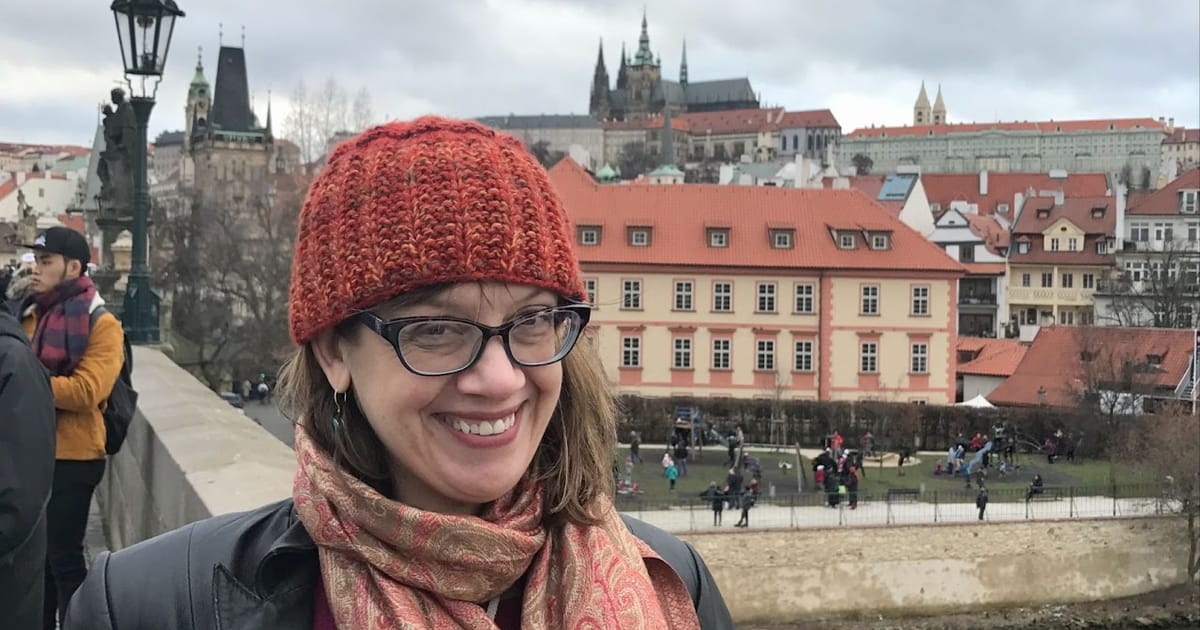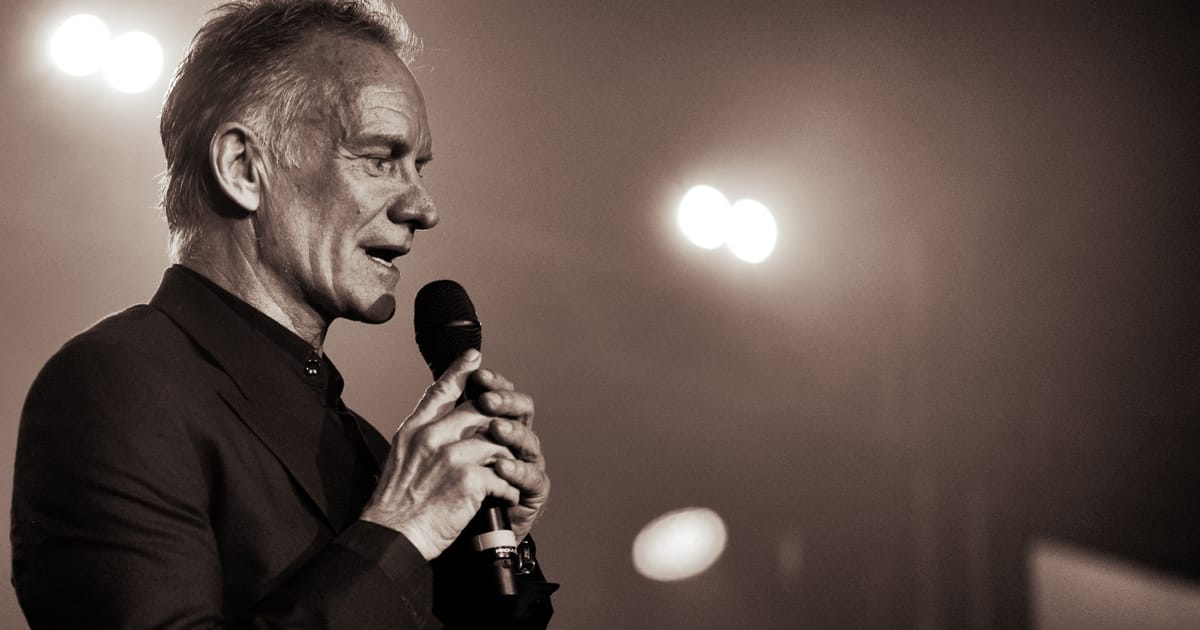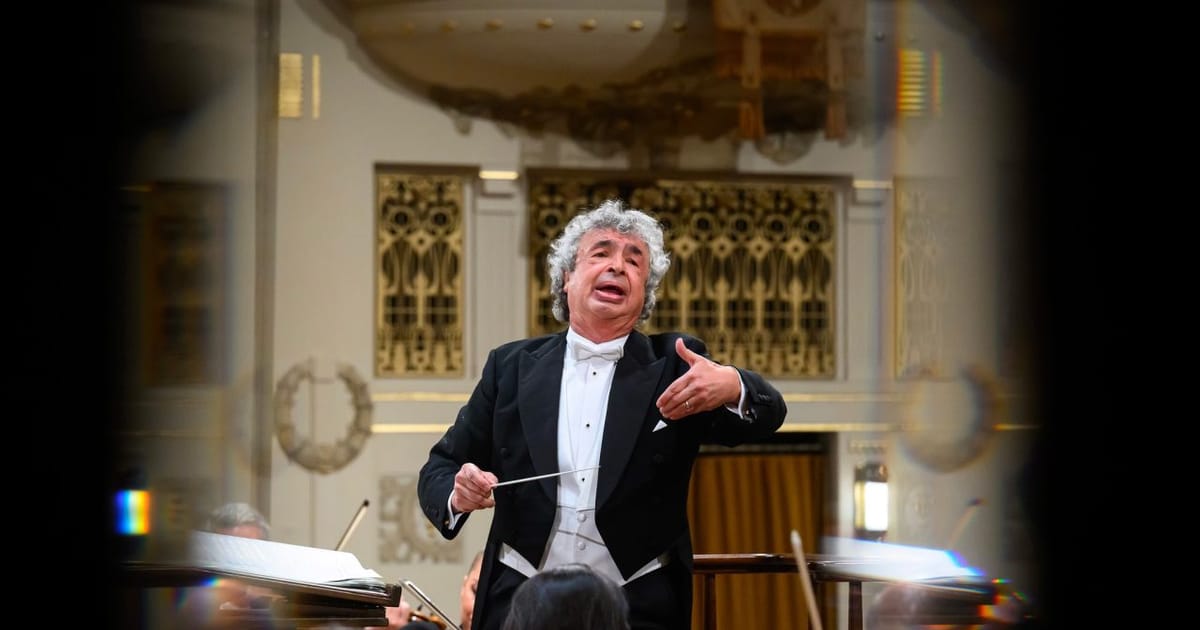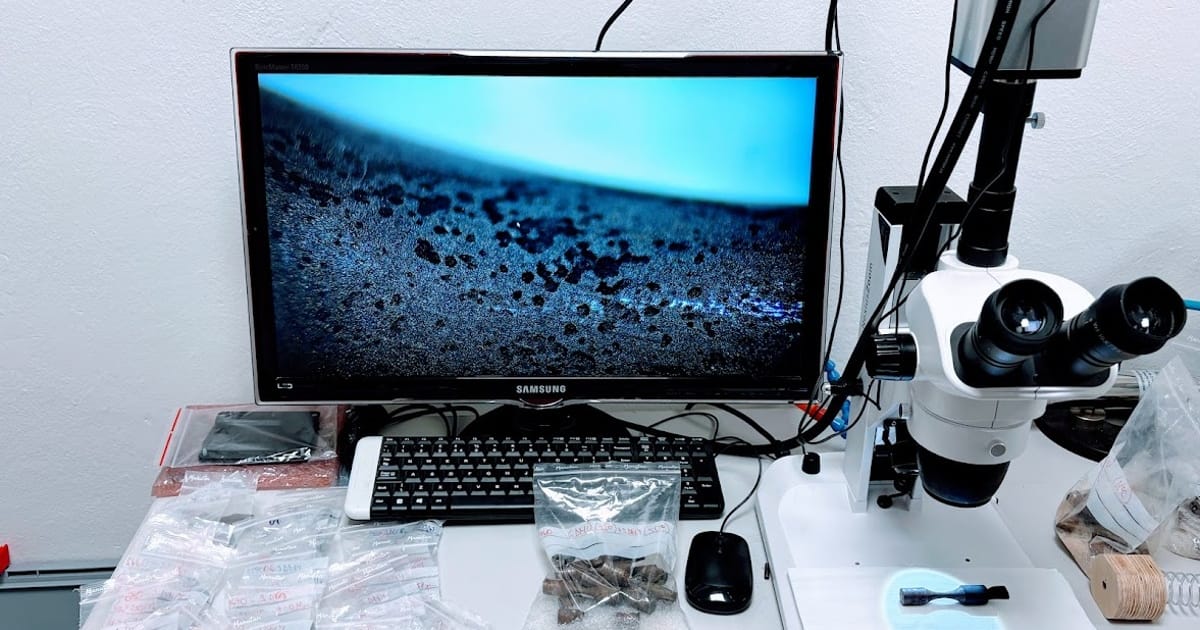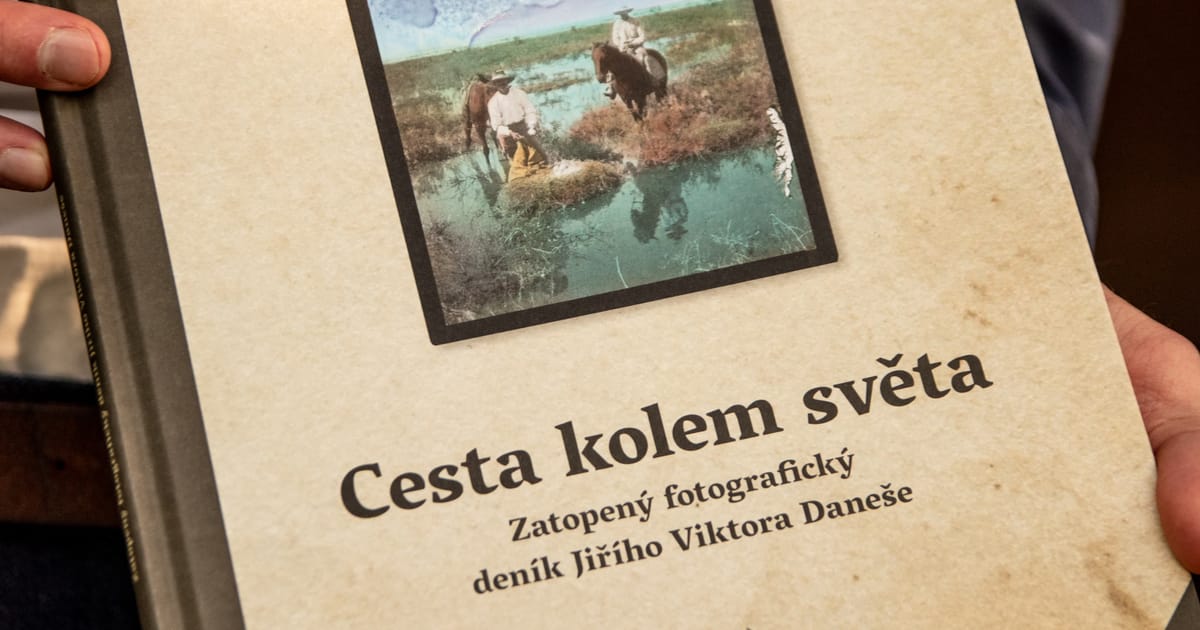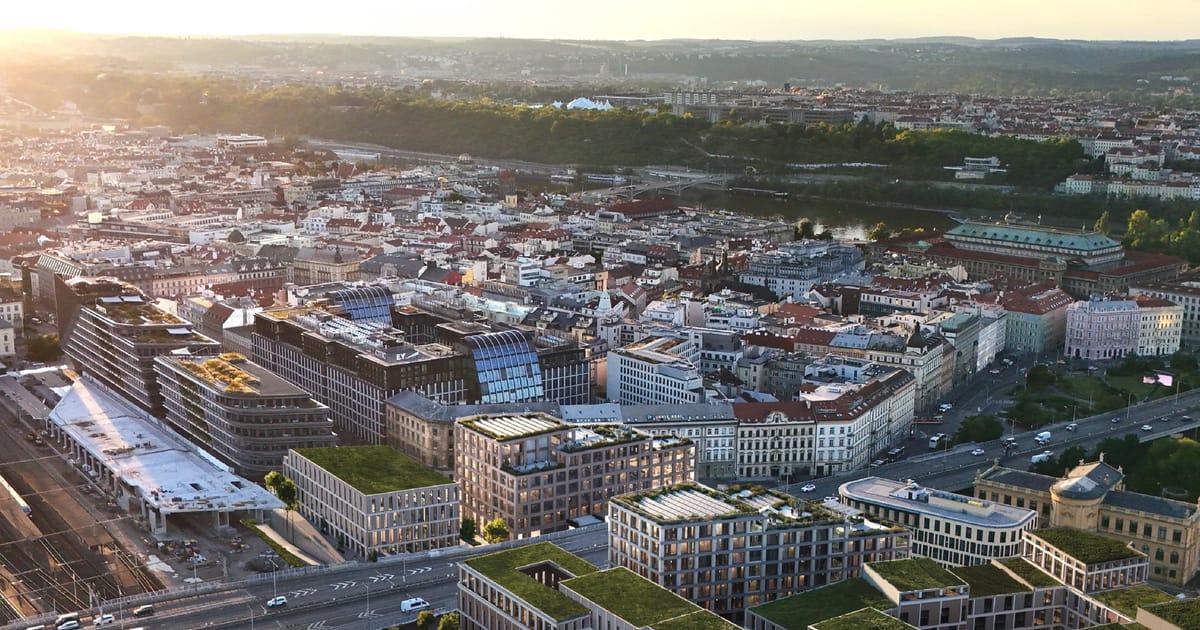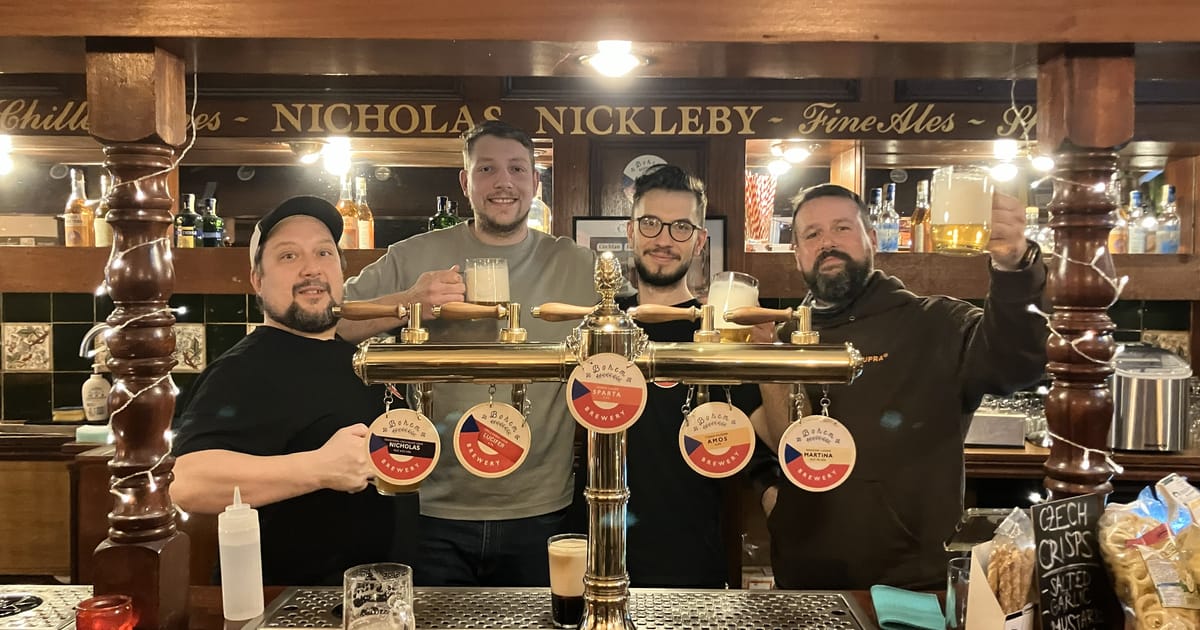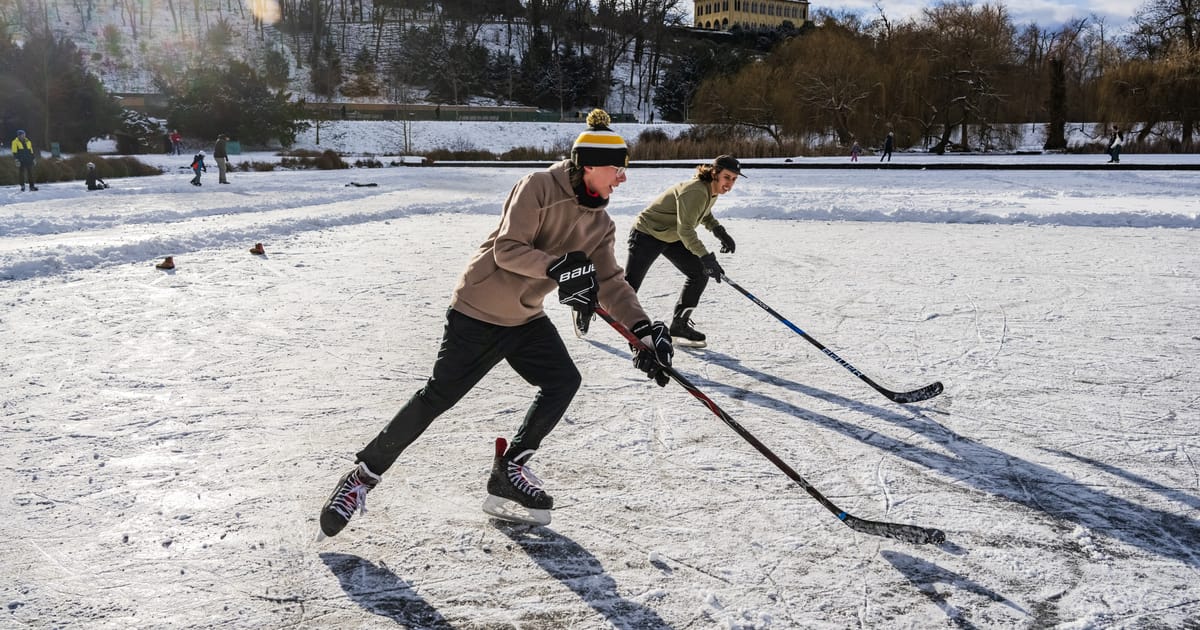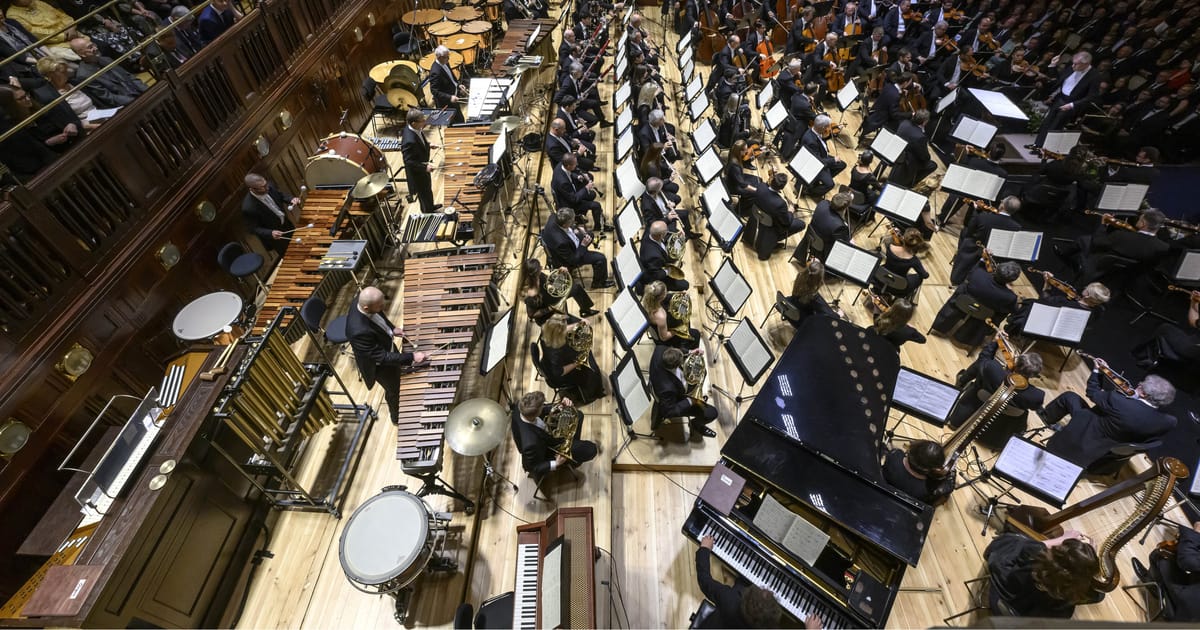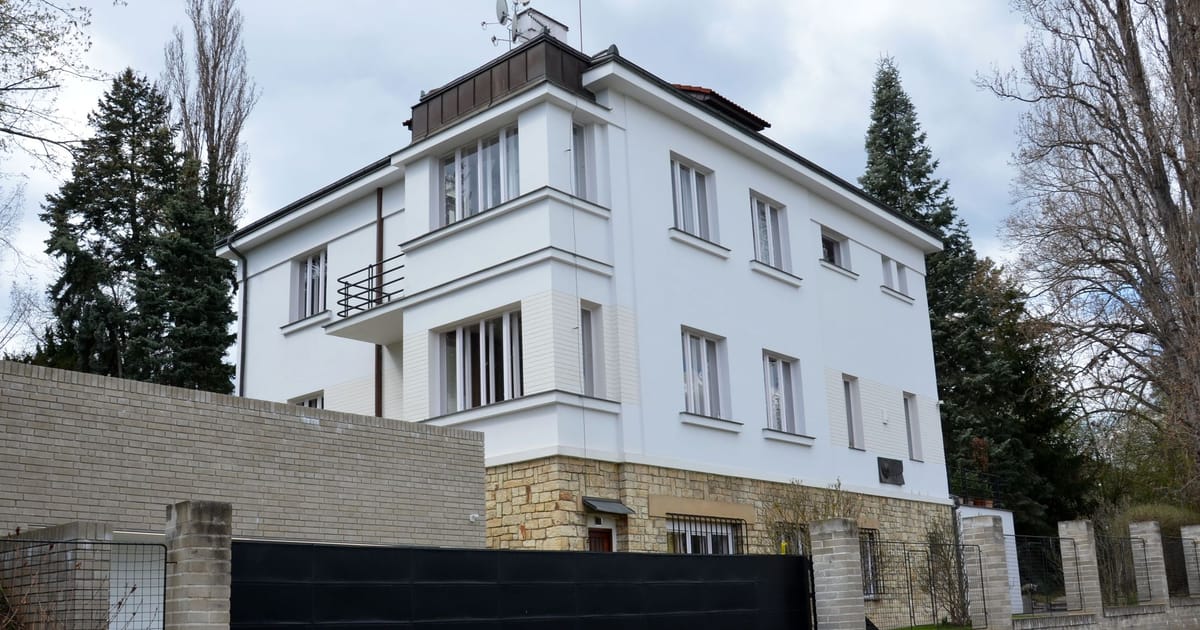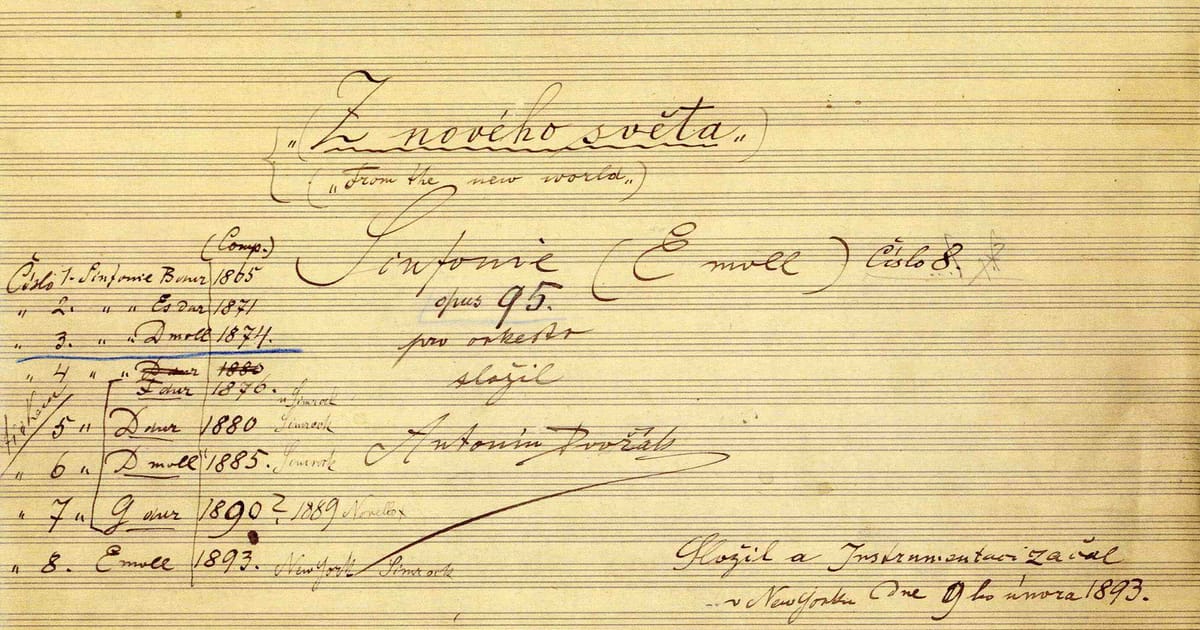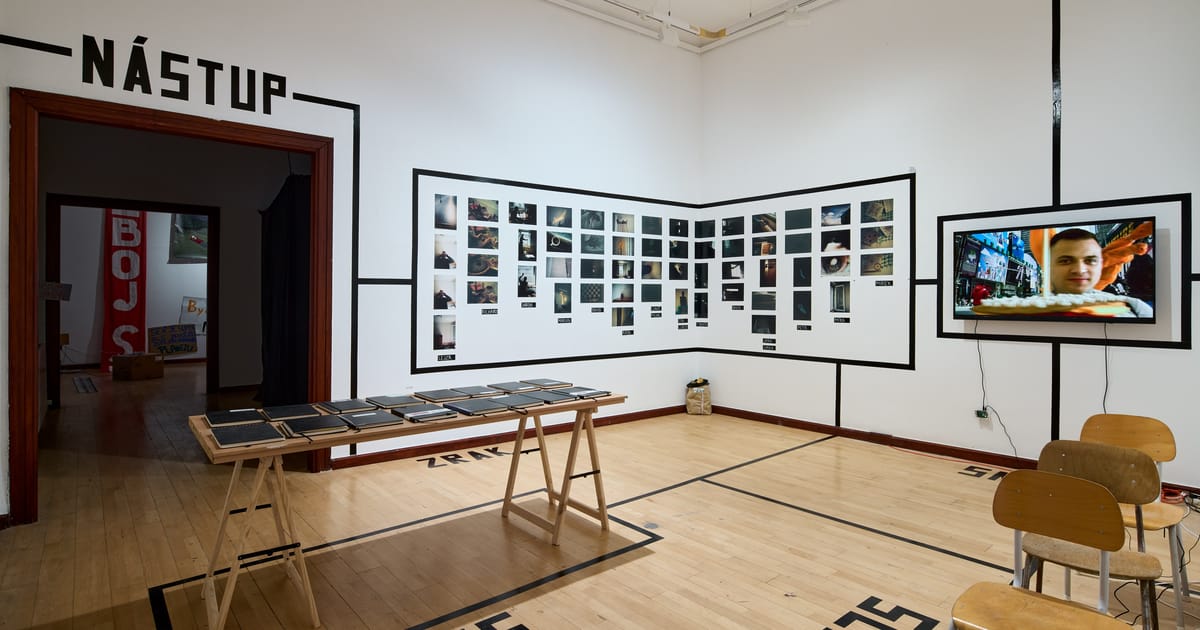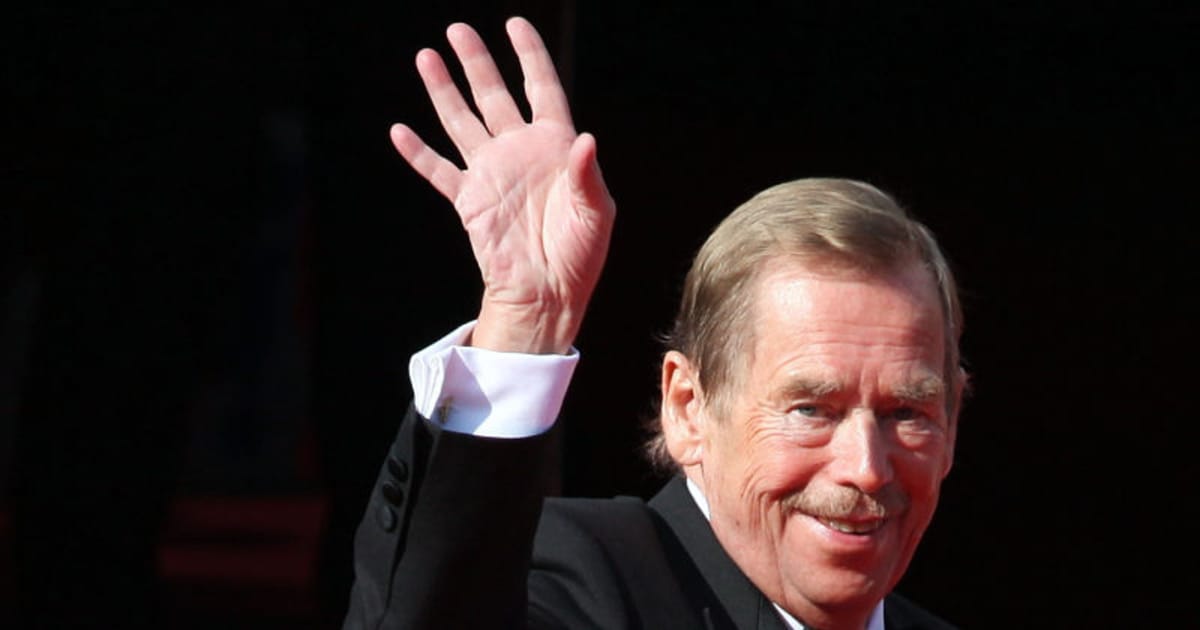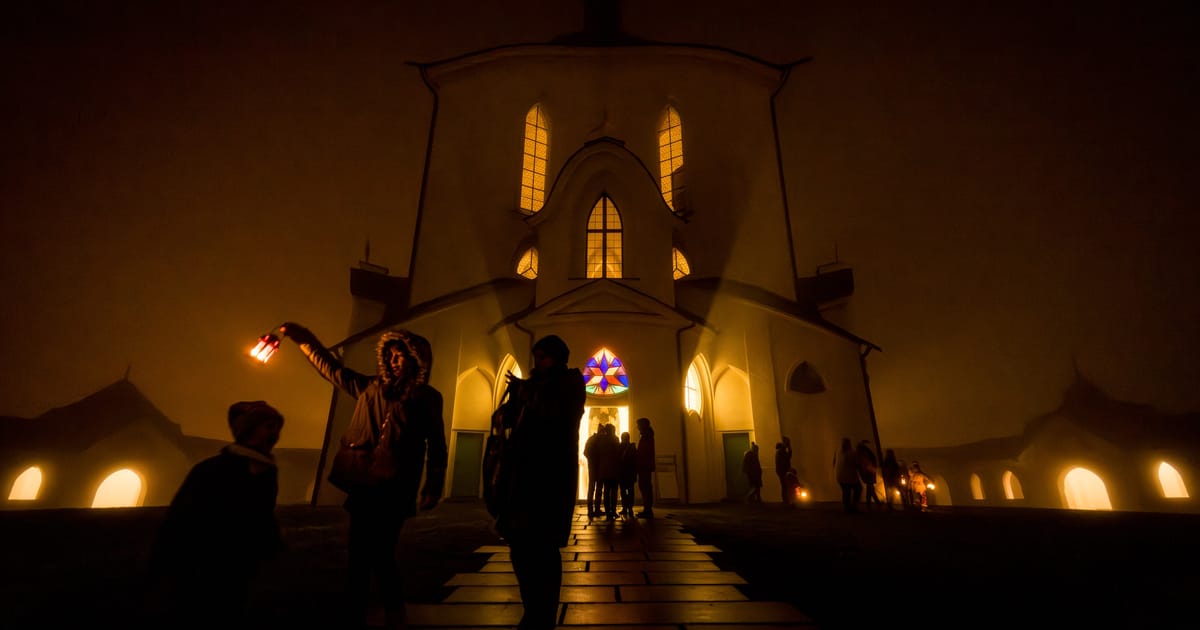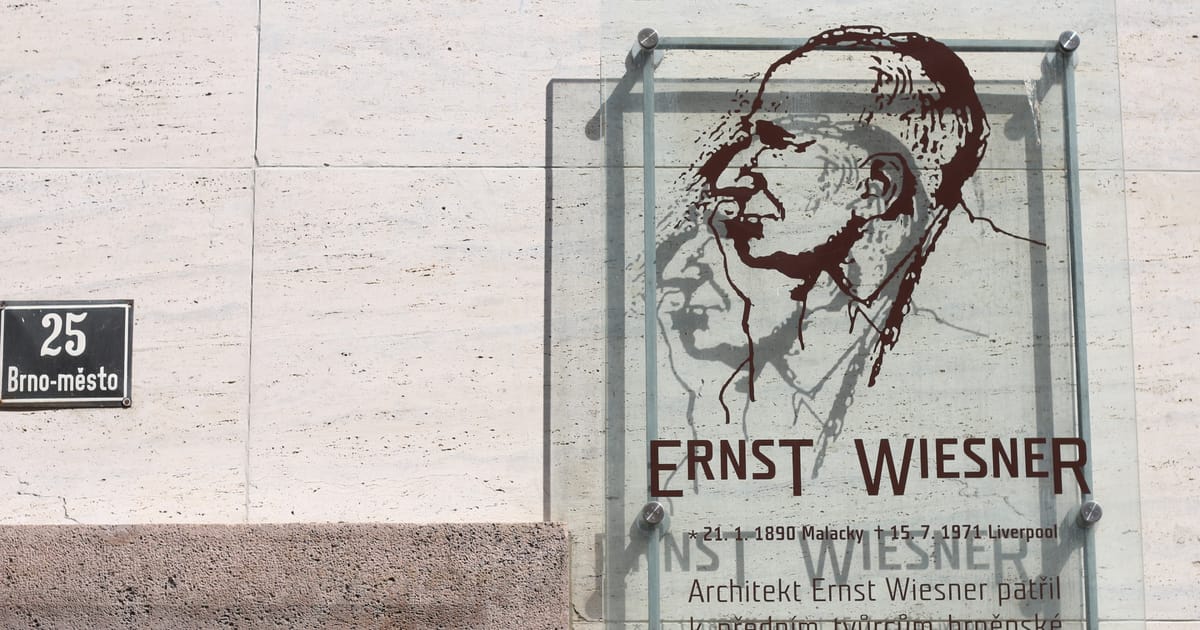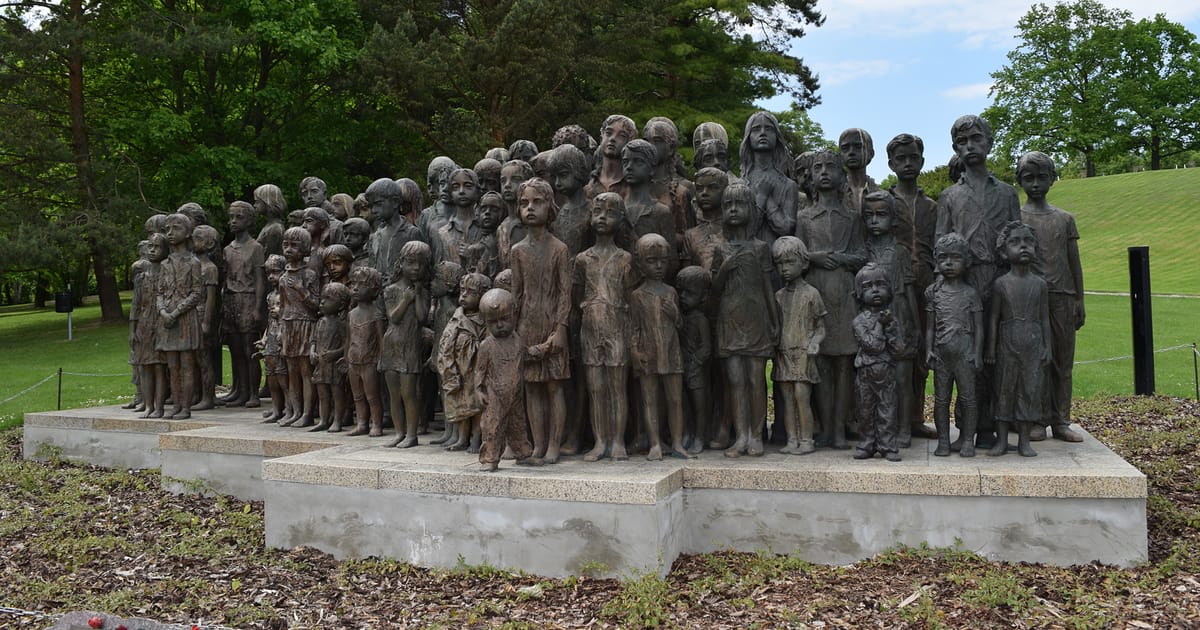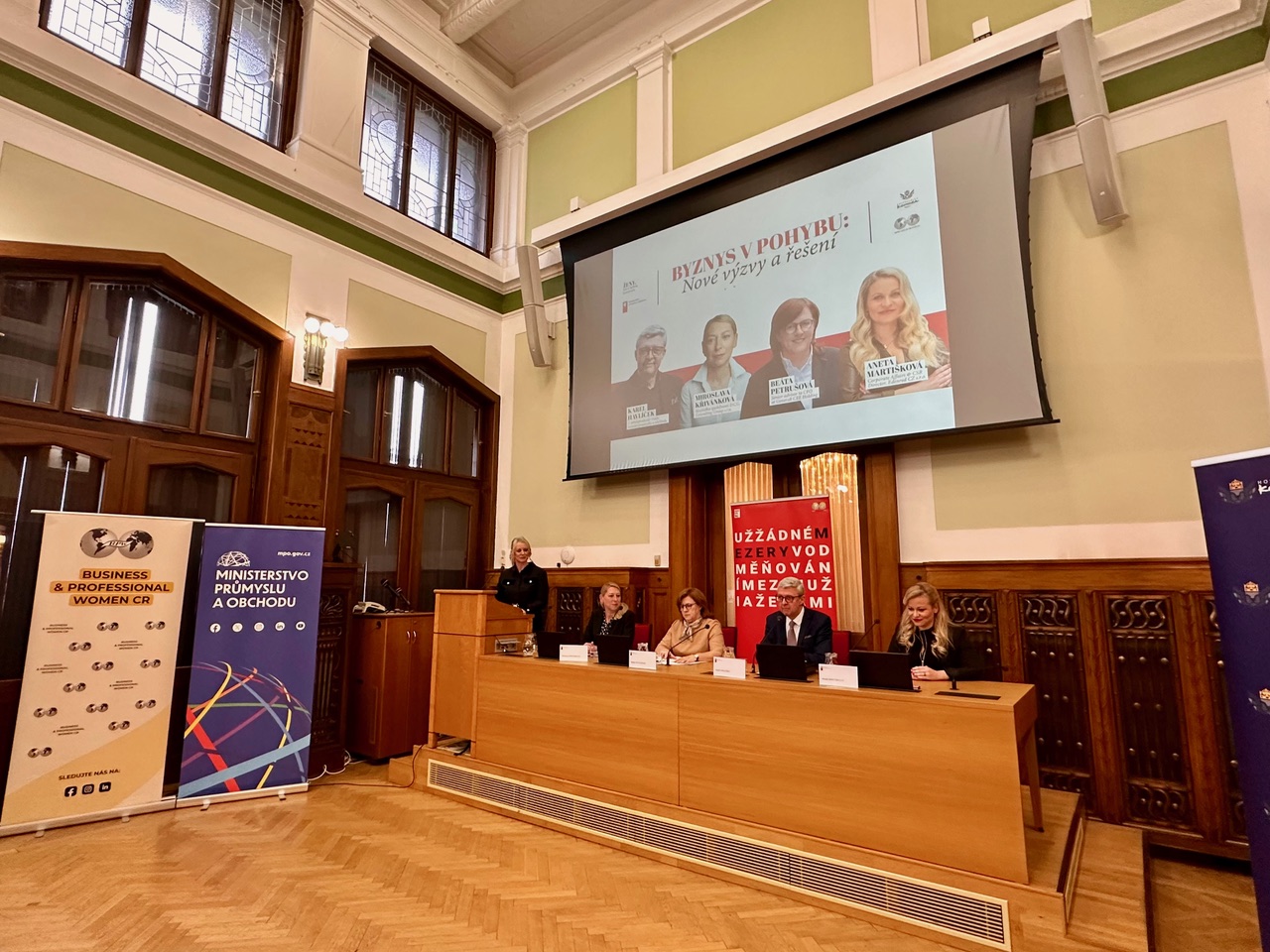
A new series of meetings “Women who move business” with the subtitle “Business on the move: New challenges and solutions” started at the premises of the Ministry of Industry and Trade. The project was created in cooperation with the Chamber of Commerce Prague 1 and the organization Business & Professional Women Czech Republic (BPWCR), with the support of the Ministry of Industry and Trade. The host of the opening meeting was the 1st Deputy Prime Minister and Minister of Industry and Trade Karel Havlíček, who emphasized the importance of cooperation between men and women in business and the public sphere in his speech.
“In all the professions where I worked, I had strong women by my side. The path does not lead through quotas, but through stories, explanations and natural cooperation. Women often tend to be more focused on results and stability, while men take more risks. This combination works very well in a team,” said Havlíček.
The main organizer of the series of meetings “Women who move business”, BPWCR President Eva Primus Kovandová, who is also the director of the office of the board of directors of the Chamber of Commerce Prague 1, explained that the aim of the series is to open a dialogue on the current challenges of the Czech business environment and to strengthen the role of women as entrepreneurs, leaders and innovators.
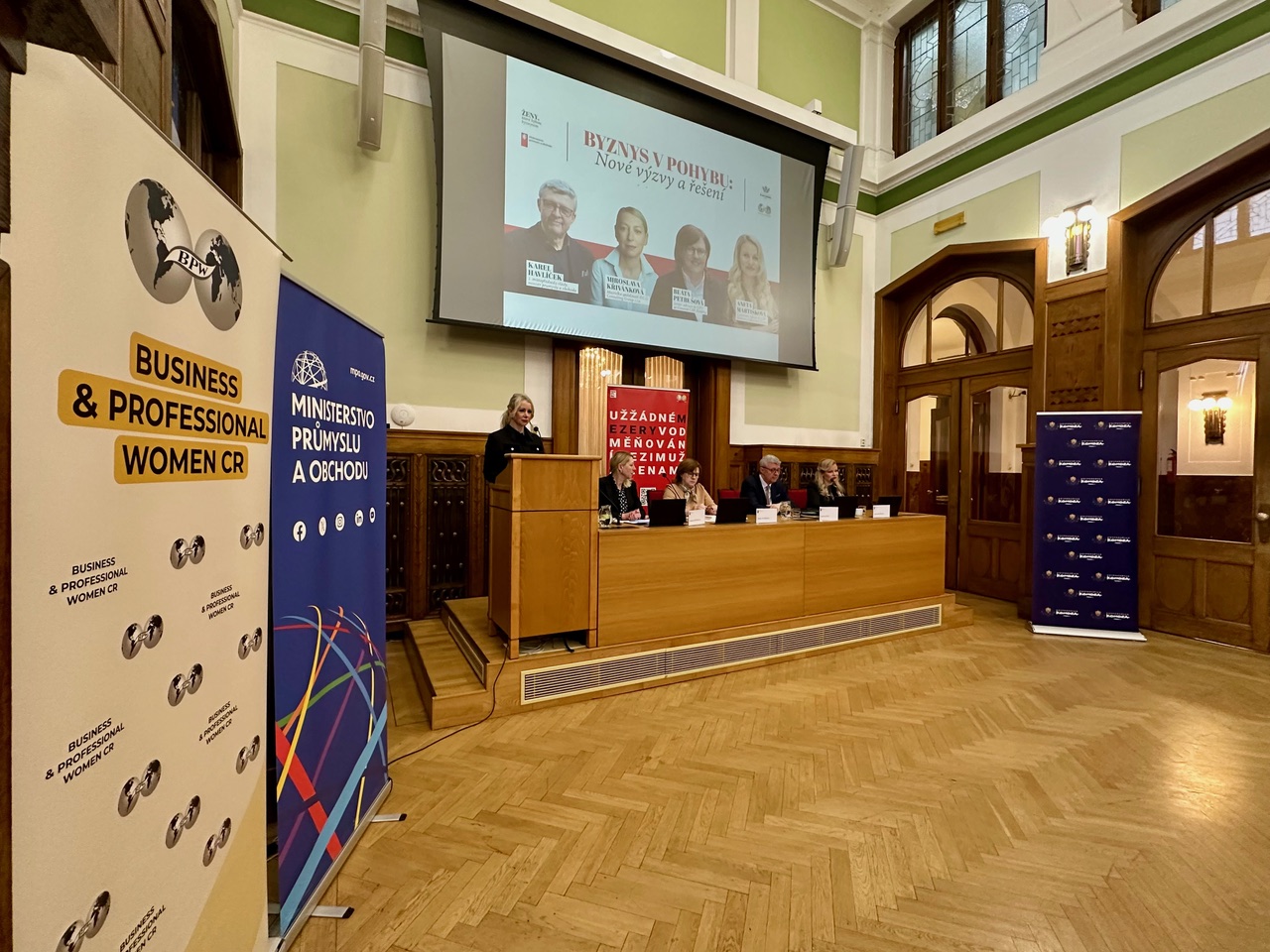
“I would like to thank all three organizations that supported this series of meetings. Improving the status and salary of women is a goal that will bring about the achievement of a fair working environment, while at the same time creating many new possibilities and perspectives for development for companies and making them attractive to both potential employees and customers,” said Primus Kovandová.
Equal opportunities strengthen the economy
The debate focused on the topic of equal opportunities and diversity. The owner of D.C.G. Consulting Group, Miroslava Křivánková, drew attention to their direct impact on the performance of the economy.
“Supporting equal opportunities is not a cost. It is an investment with a demonstrable impact on the profit, innovation and competitiveness of the Czech Republic. Without the involvement of women and other underrepresented groups, we will not be able to maintain the performance of the economy in the long term,” emphasized Křivánková.
Her words were also confirmed by Beáta Petrušová, who works as Senior Advisor to the CFO at Generali CEE Holding. “Equal opportunities are not a benefit for us, but a prerequisite for long-term sustainable performance. The difference in remuneration between men and women for 2024 is below one percent,” described Petrušová.
In other sectors and companies, however, gender equality in remuneration is still far from a given. Women’s salaries in the Czech Republic still lag behind men’s by about a fifth, which is a much worse result than the European Union average. The participants in the discussion agreed that change for the better needs to be worked out on many levels.
“The gender pay gap is not just a question of numbers, but of the personal responsibility of each of us. Real change comes from the cooperation of women and men, open dialogue and positive examples from practice. Generation Z sees equality more naturally, and it is all the more important to support this change,” pointed out Aneta Martíšková, Corporate Affairs & CSR Director of Edenred CZ.
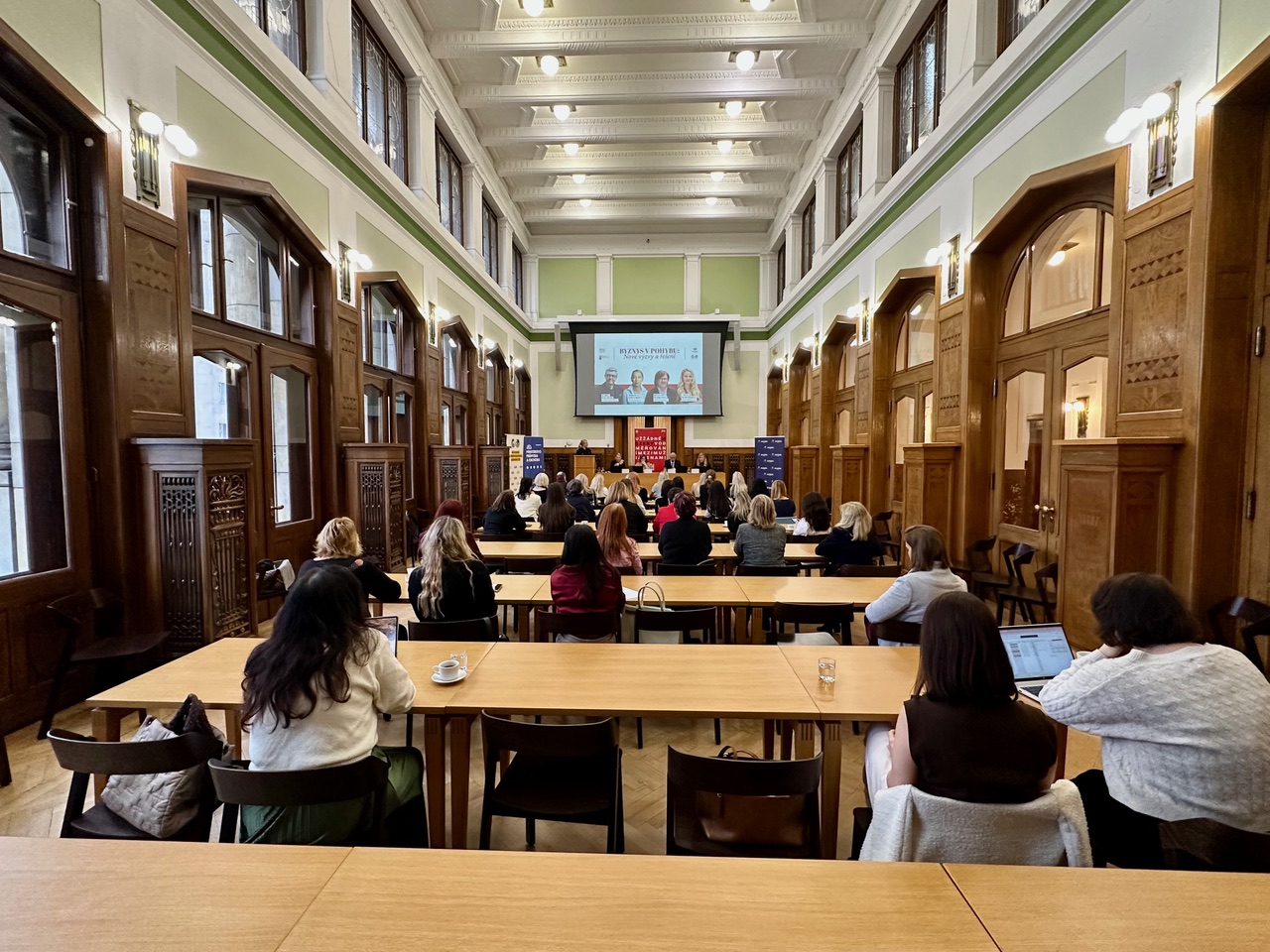
Less administration, more space for business
The participants agreed that one of the key steps to support business is reducing the administrative burden. As part of the final commitments, it was announced that a new portal for entrepreneurs will be launched in the near future, which will significantly facilitate orientation in the business environment. The possibilities of simplifying the maintenance of journey books for sole traders and small entrepreneurs were also discussed.
One of the main topics of the discussion was also the adaptability of companies in a rapidly changing economic and technological environment. Beáta Petrušová, who works as Senior Advisor to the CFO at Generali CEE Holding, emphasized that the ability to respond to change must go hand in hand with strategic management. According to her, even a period of uncertainty can be a good time to invest in development and efficiency.
“Adaptability in 2026 means reacting quickly, but making decisions wisely. Change should not be chaos – it should happen where it has a real impact. Processes should not change only in a crisis. The biggest mistake is made by fast-growing companies that underestimate their importance. Changes need to be planned before the crisis, not during it,” explained Petrušová.
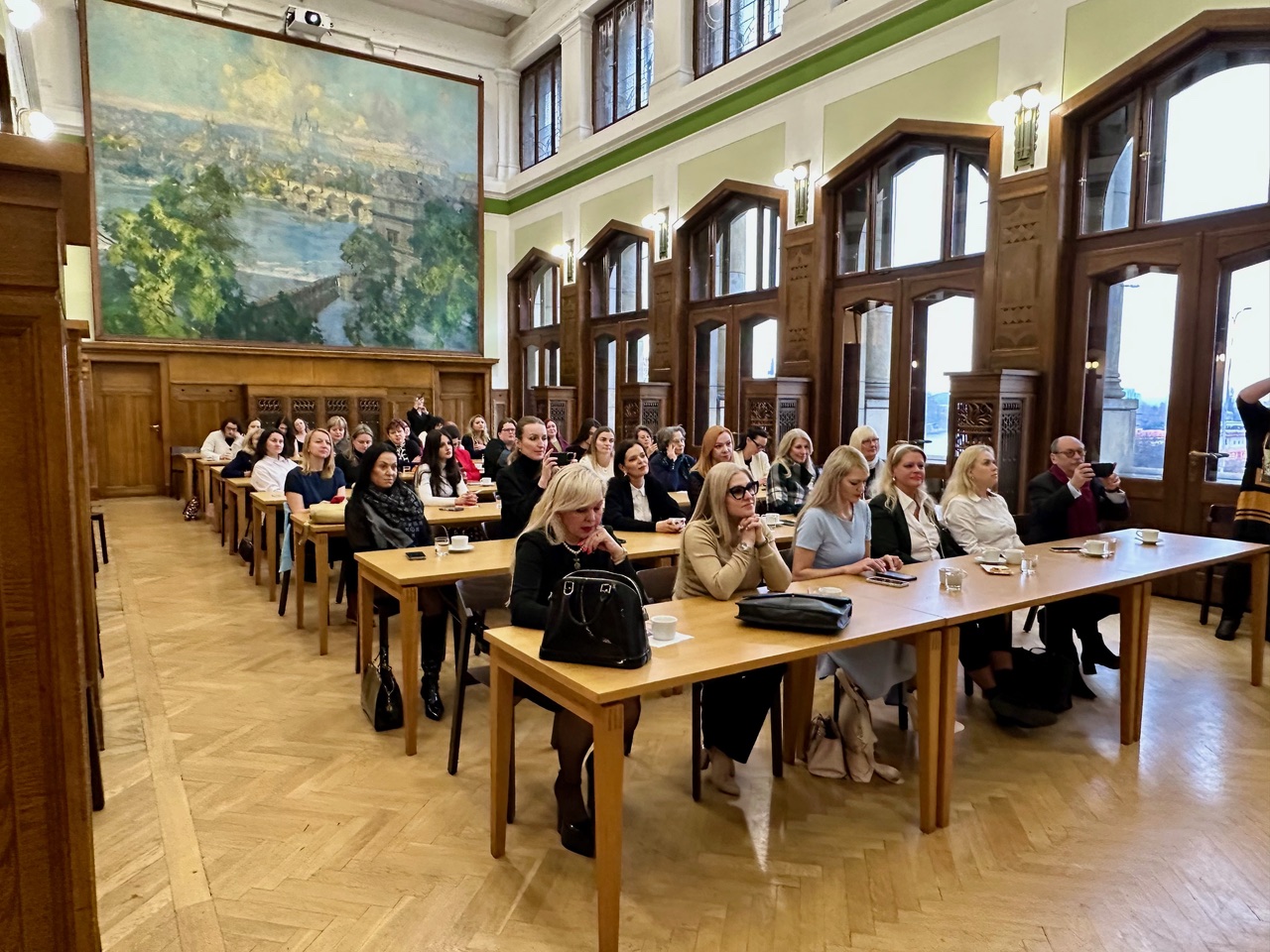
About the project:
The “Women Who Move Business” series creates an open platform for sharing experiences, inspiring examples and concrete solutions across the business environment. The organizers want to connect businesswomen, managers, public administration representatives and the professional community and help build an environment that supports fairness, innovation and cooperation.”
About BPWCR:
The goal of the public benefit company Business & Professional Women CR (BPWCR) is to support the professional growth of women at all levels and strengthen their economic independence. Through its projects, it contributes to the protection of women’s rights and overcoming barriers, while emphasizing education and personal development. Key tools include mentoring, networking, and the presentation of female role models.
BPWCR’s vision is to increase the share of women in decision-making roles, minimize the gender pay gap, and improve the full use of women’s talents. Other key international projects in which BPWCR participates include, for example, the UN Global Compact Women’s Empowerment Principles project and the Academy for Women Entrepreneurs.
www.bpwcr.cz
www.equalpayday.cz
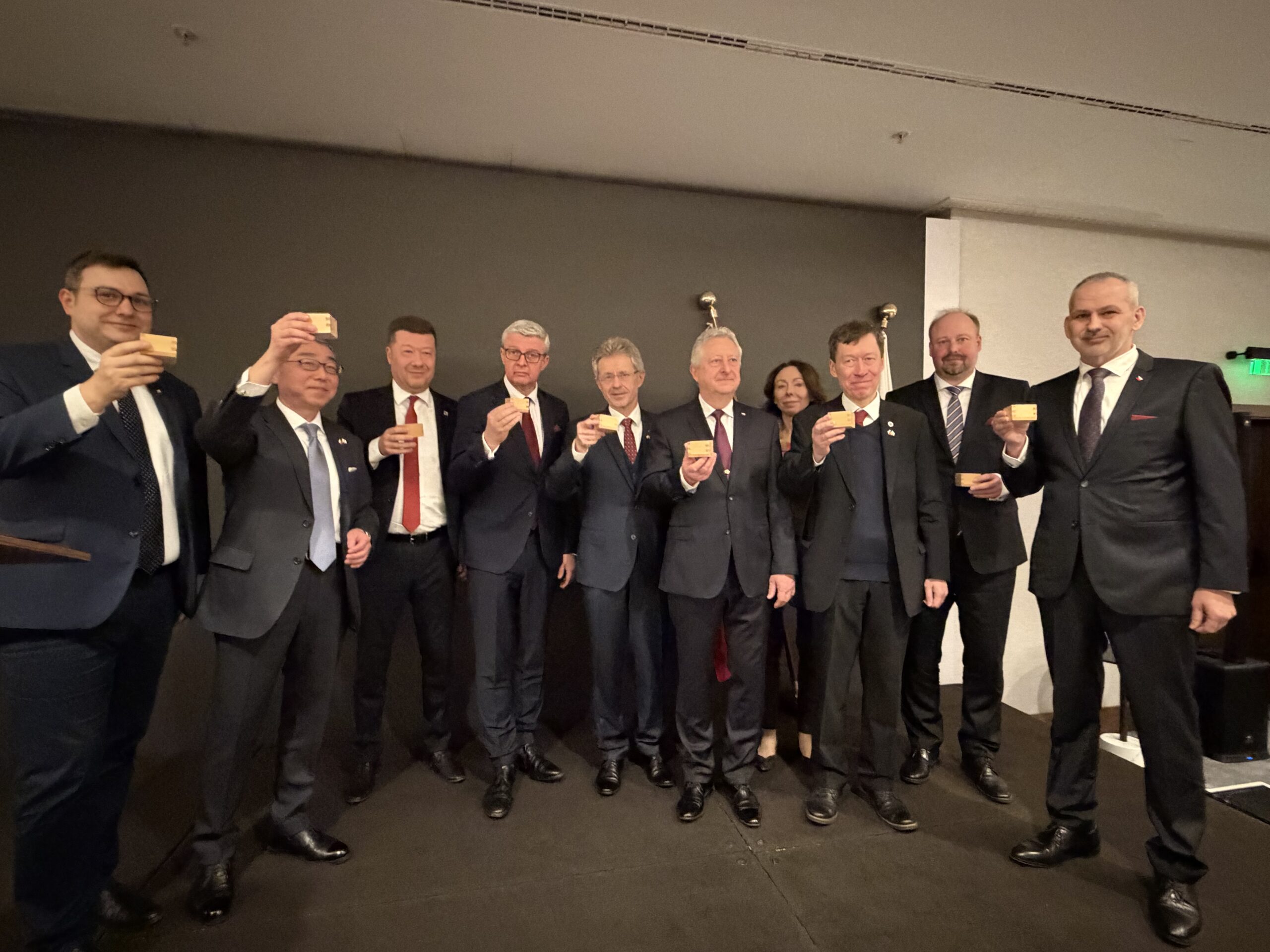


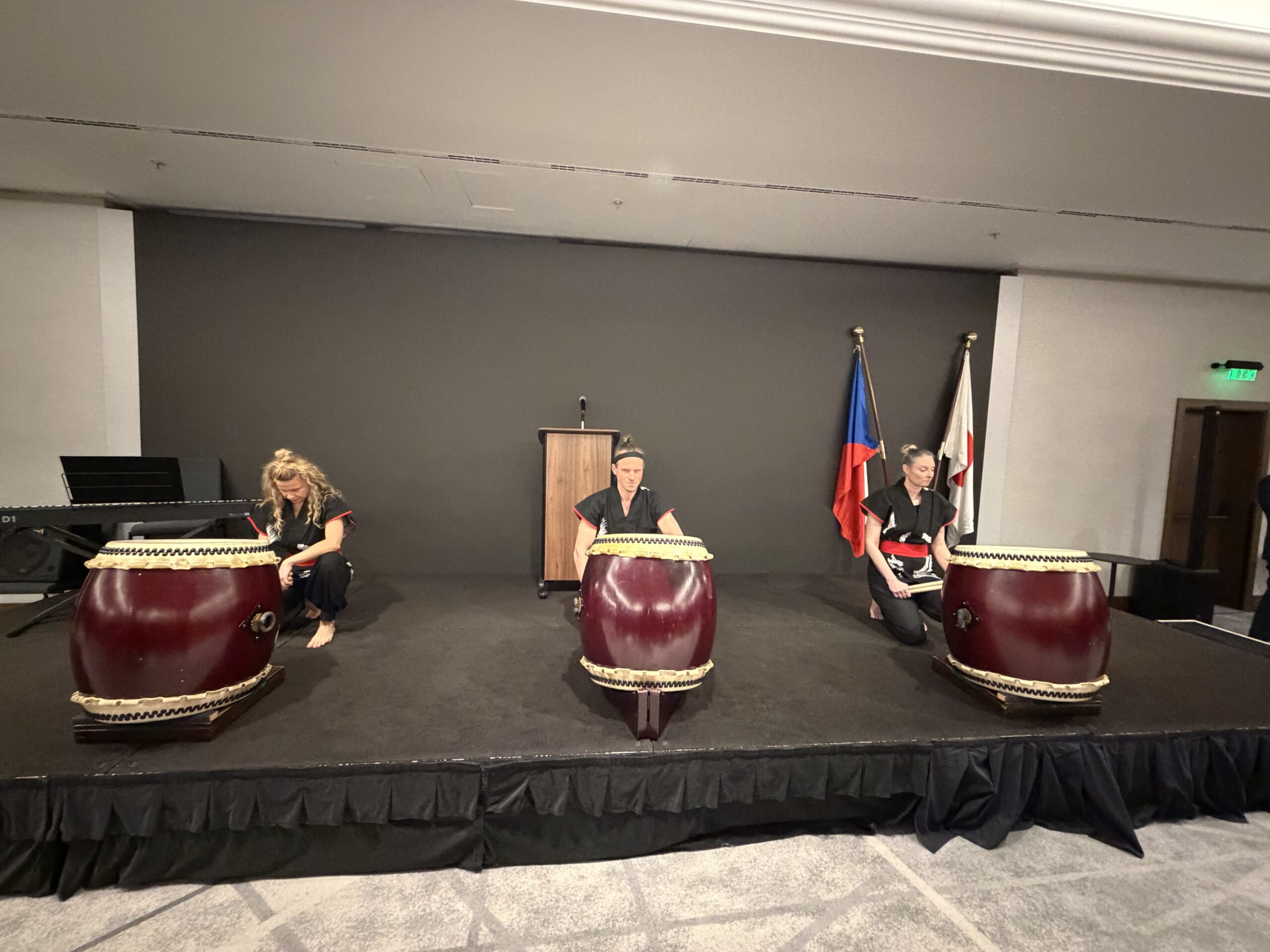
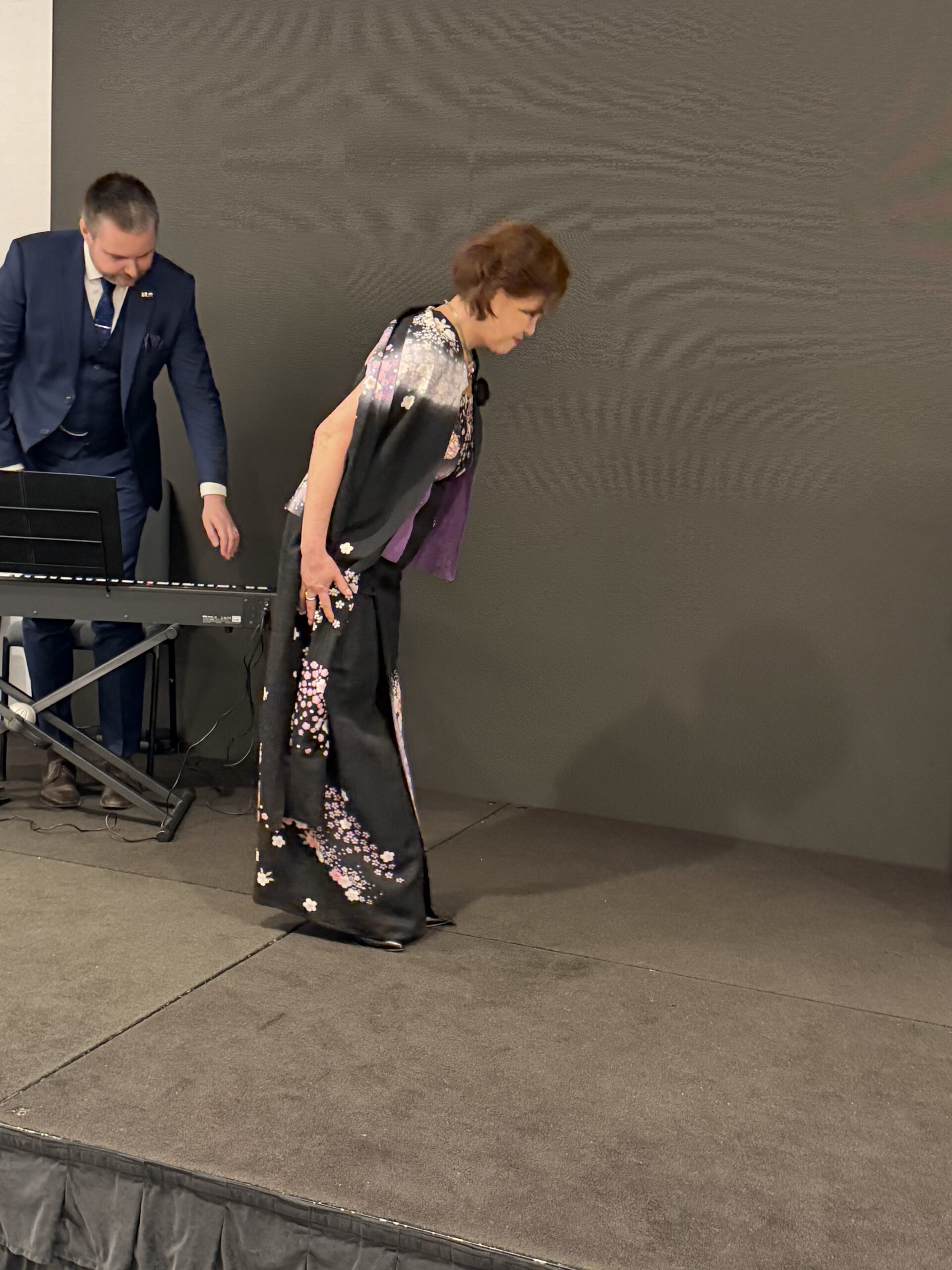
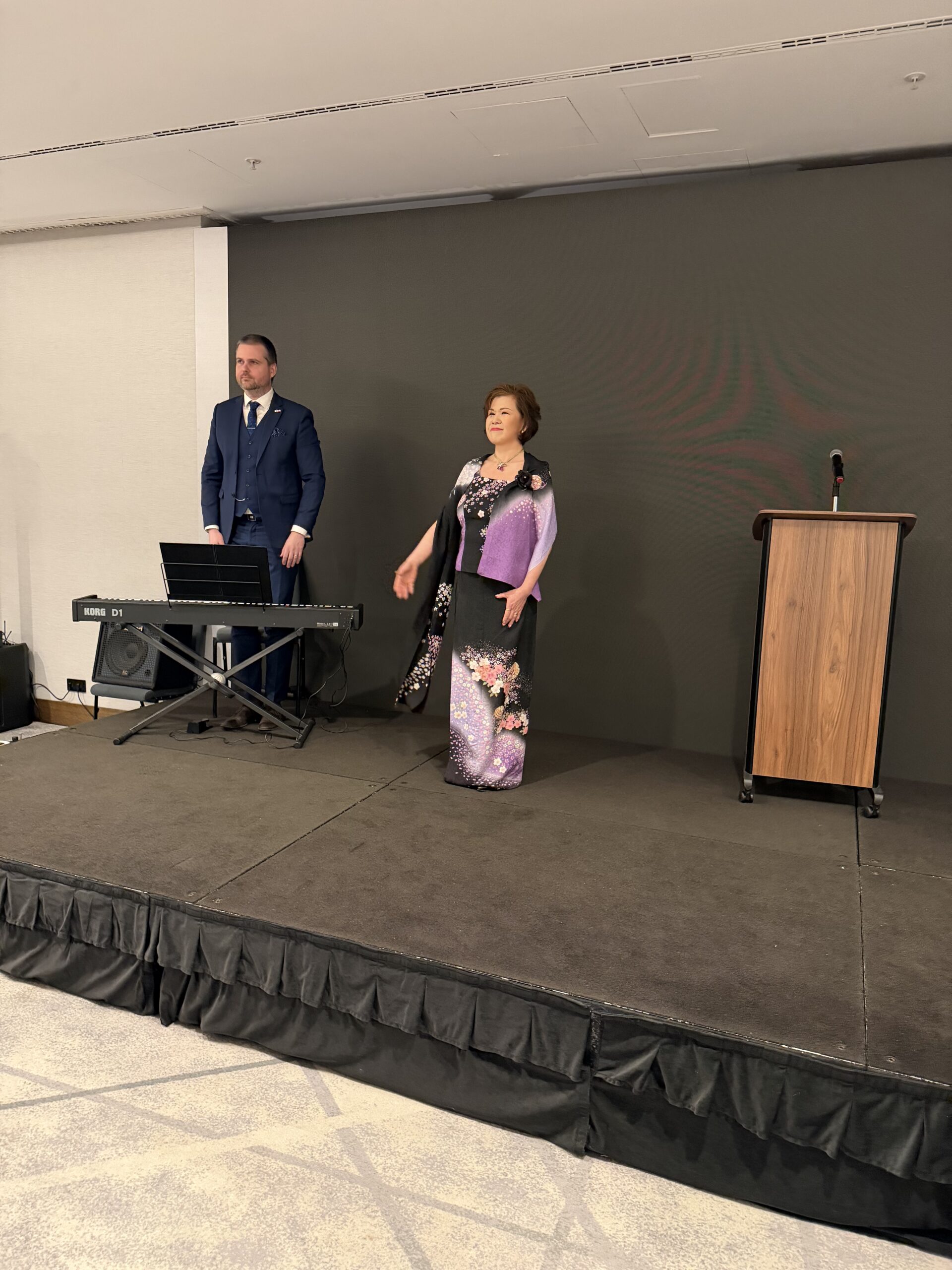
 To celebrate the 2026Chinese New Year of the horse H.E Mr. Feng Biao, the Ambassador of the People’s Republic of China to the Czech Republic, and Mrs. Cai Jingli organized a “Happy Chinese New Year Performance” by Fujian Art Troupe at Divadlo Hybernia, in Prague center.
To celebrate the 2026Chinese New Year of the horse H.E Mr. Feng Biao, the Ambassador of the People’s Republic of China to the Czech Republic, and Mrs. Cai Jingli organized a “Happy Chinese New Year Performance” by Fujian Art Troupe at Divadlo Hybernia, in Prague center.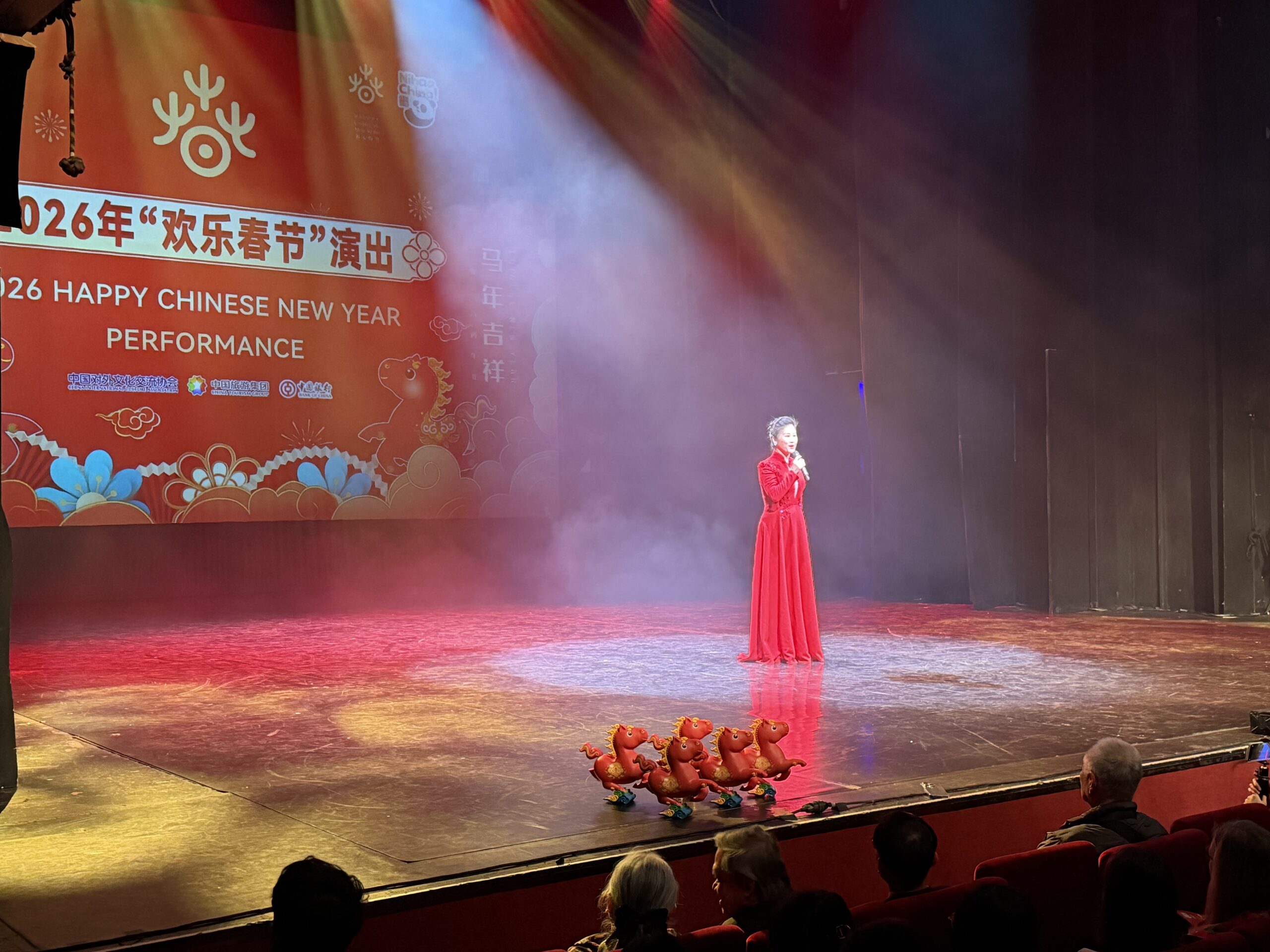
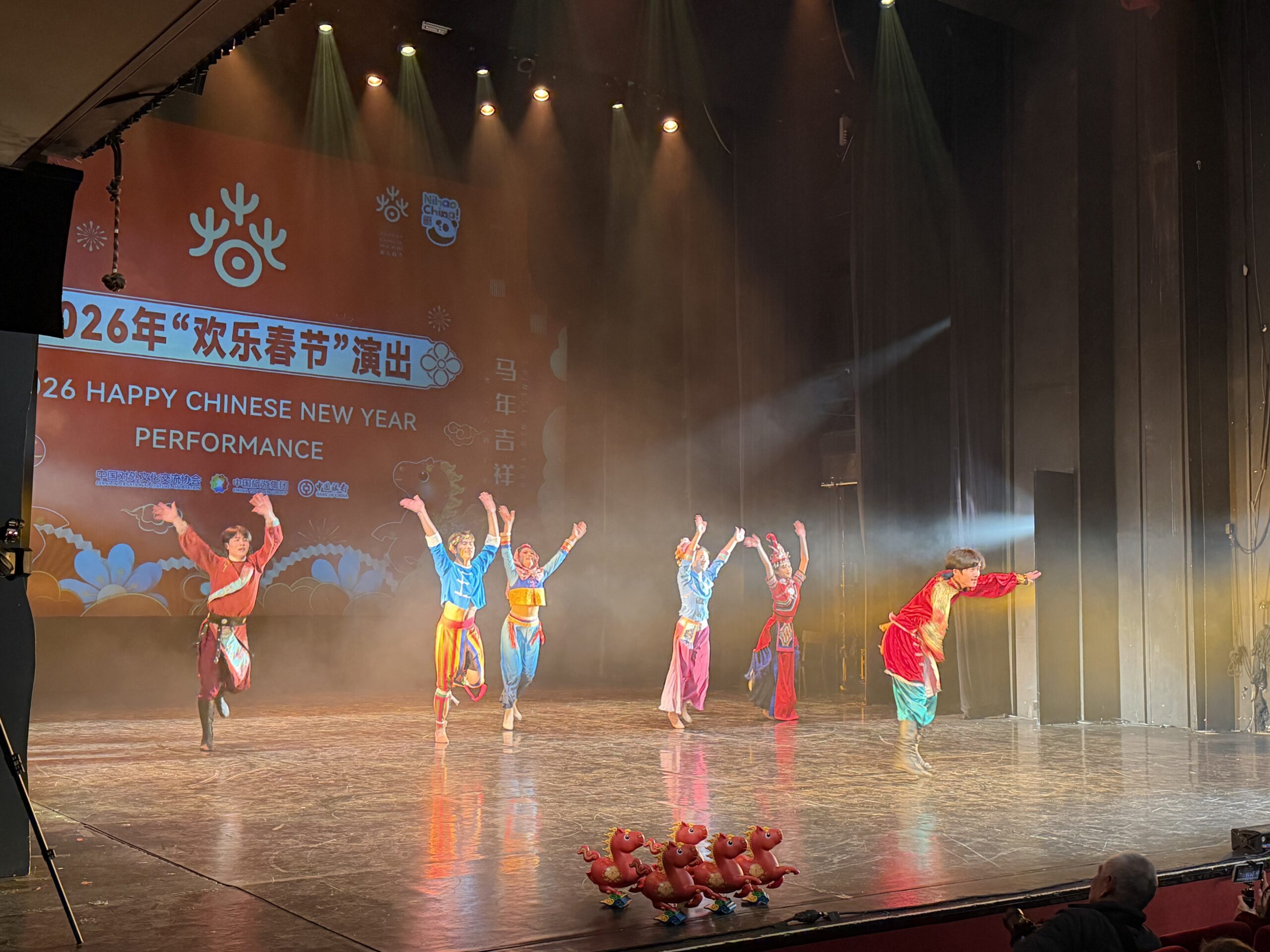
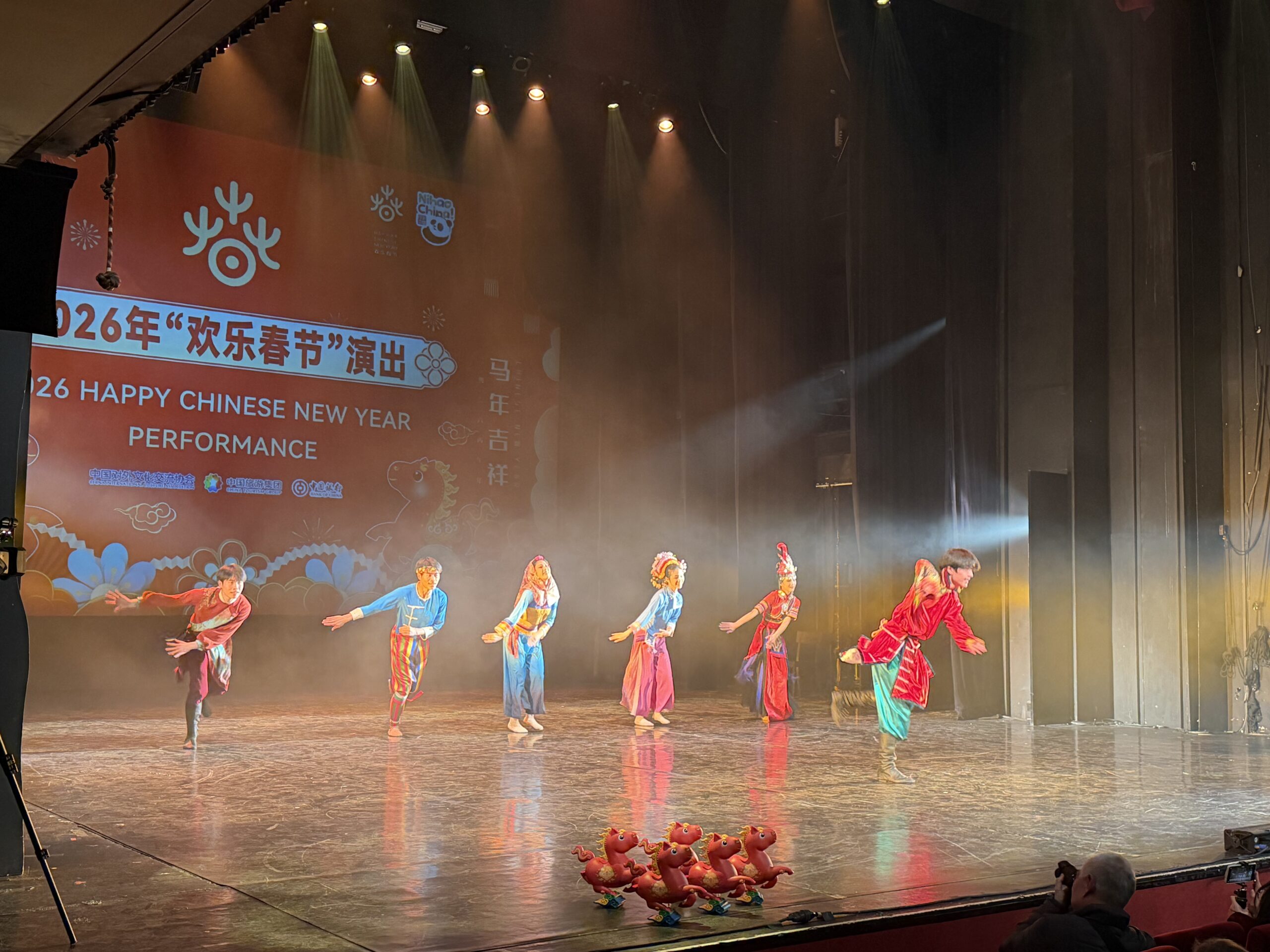
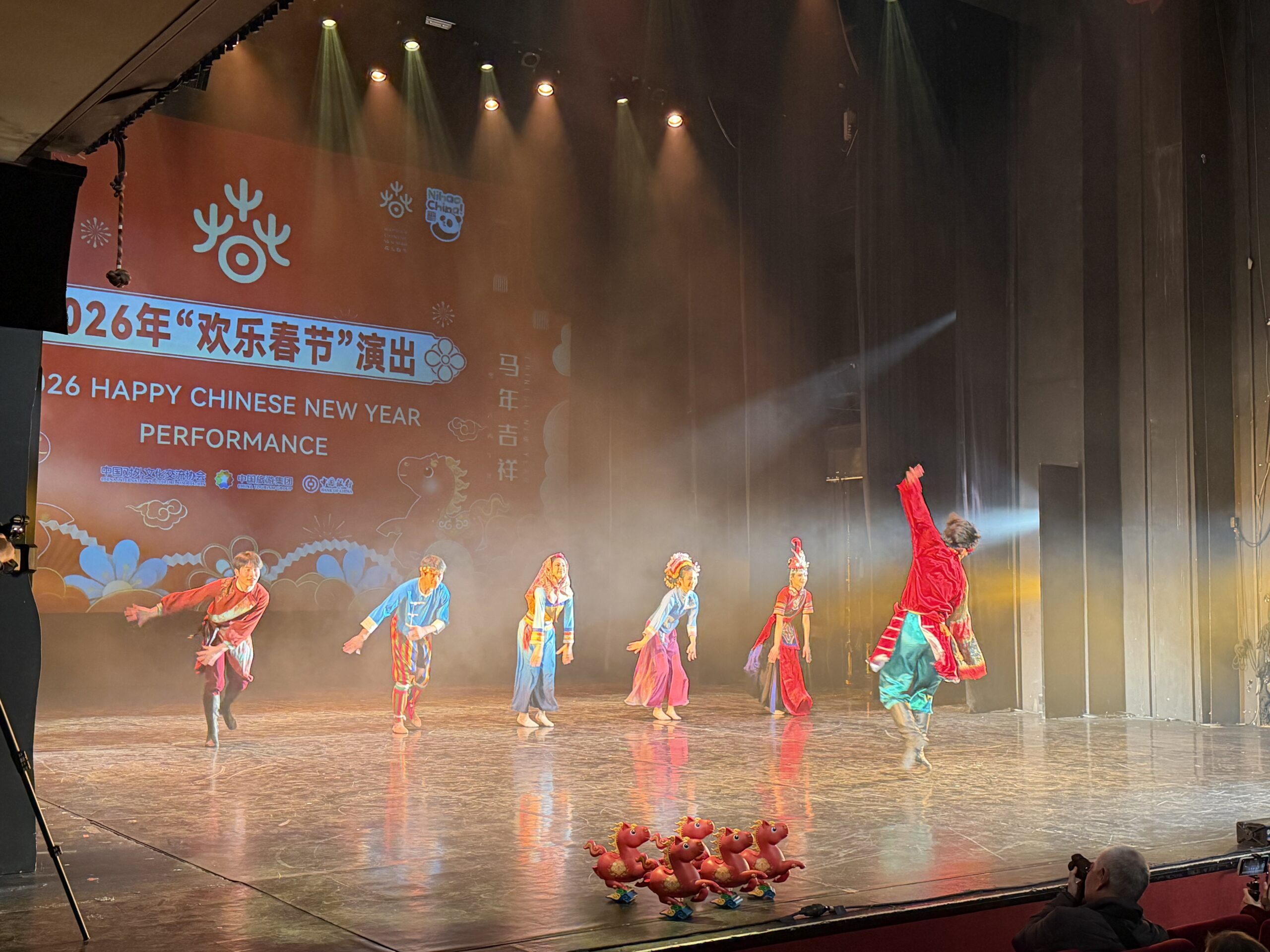
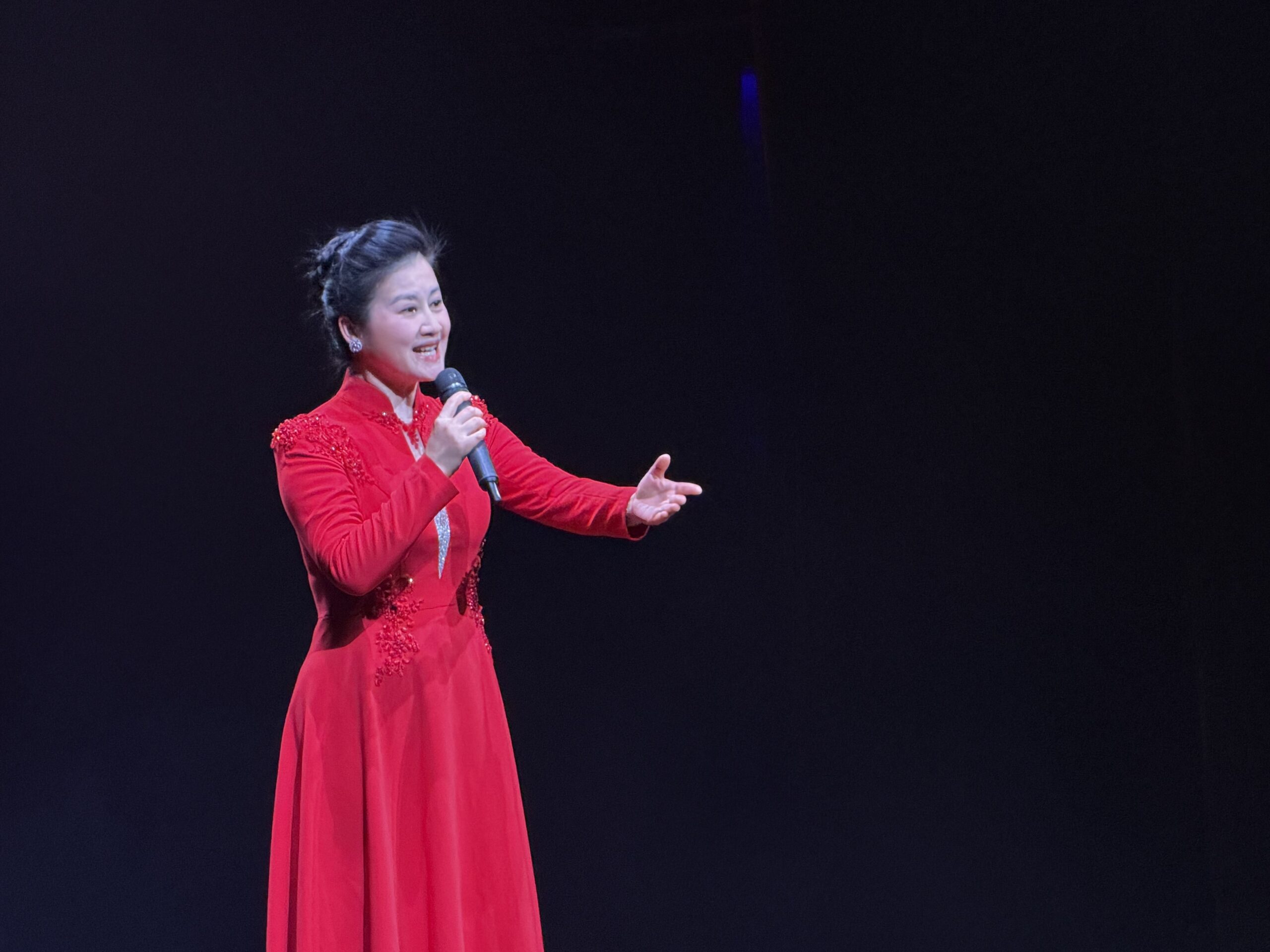
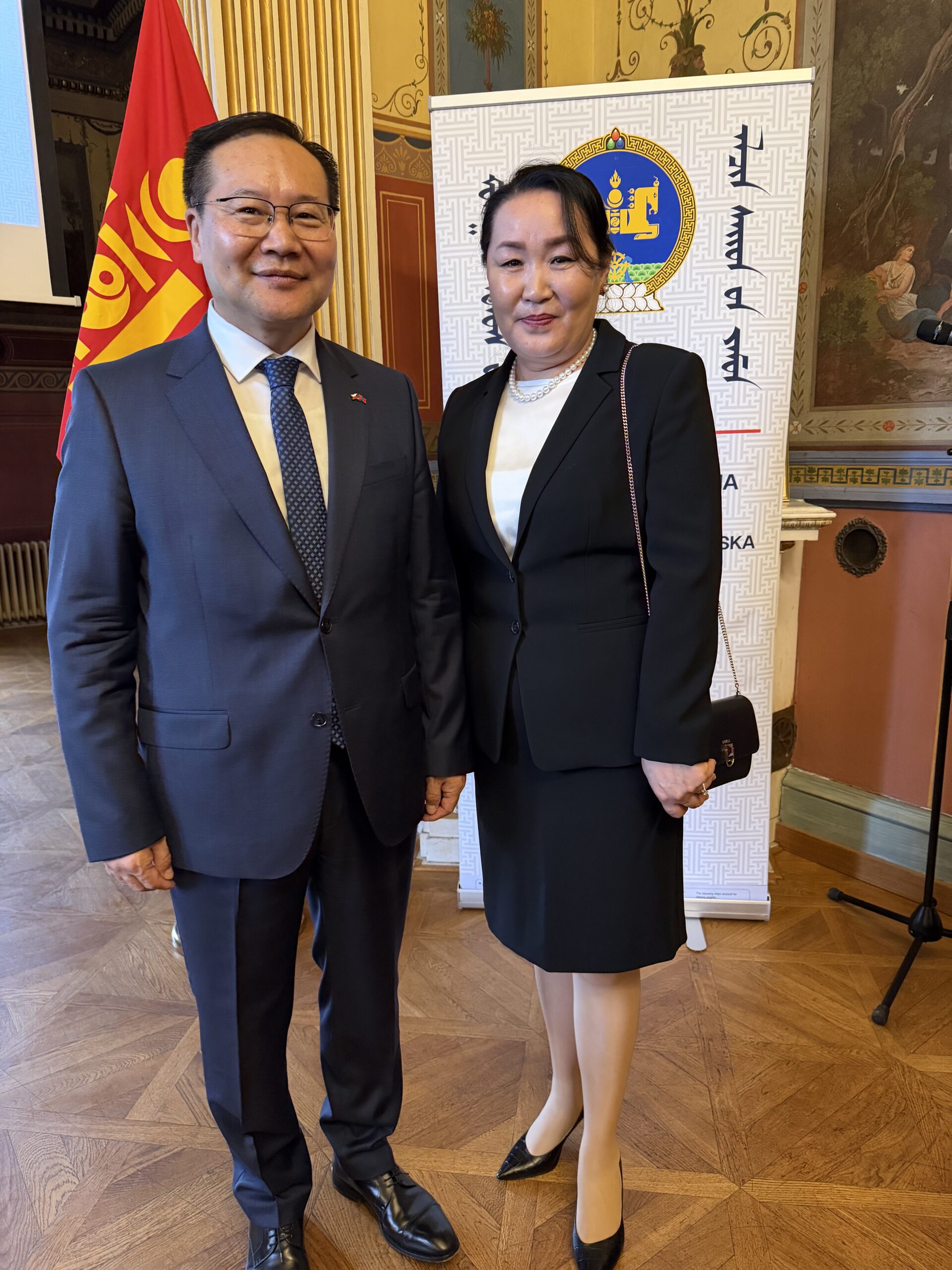

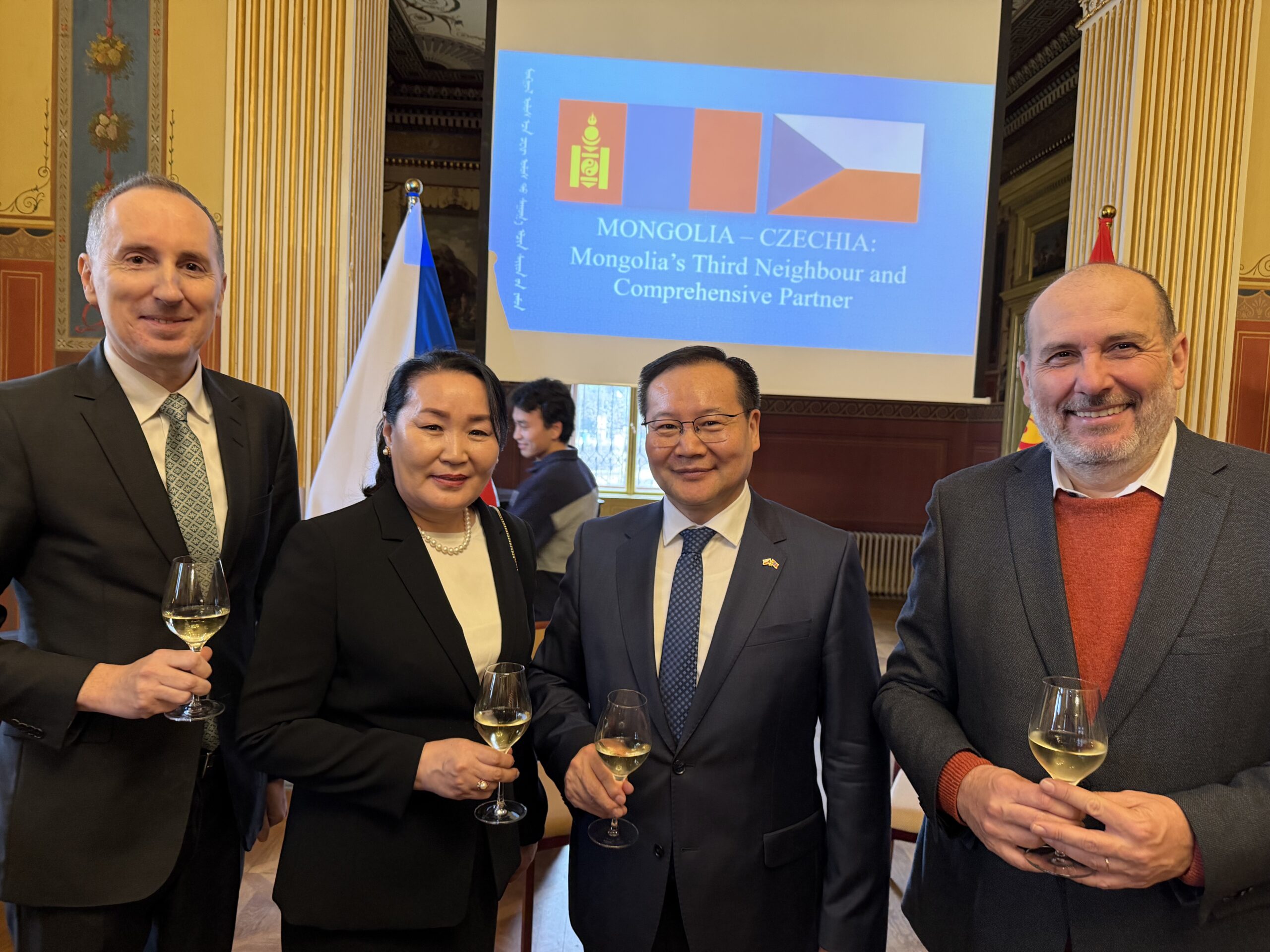
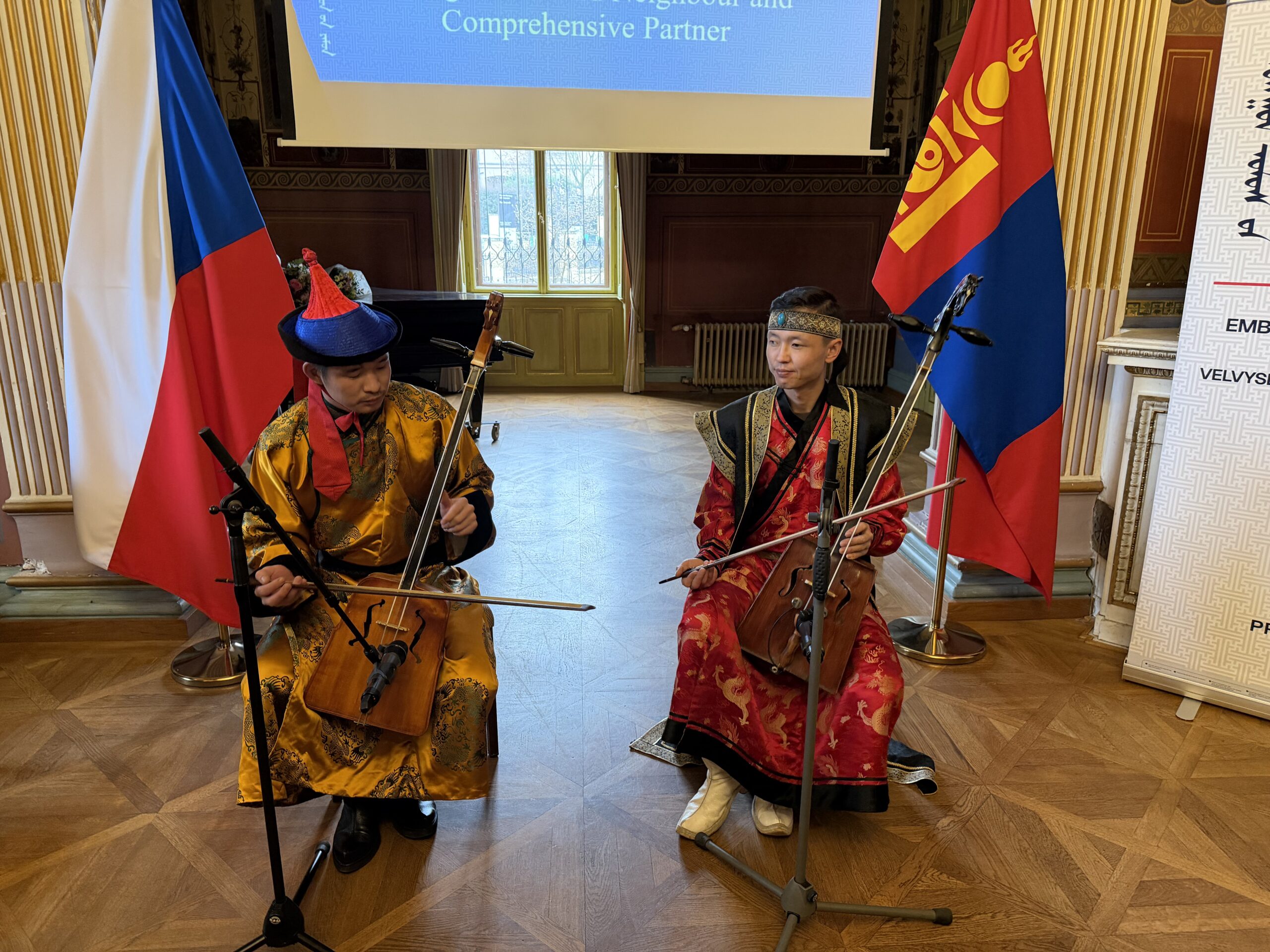
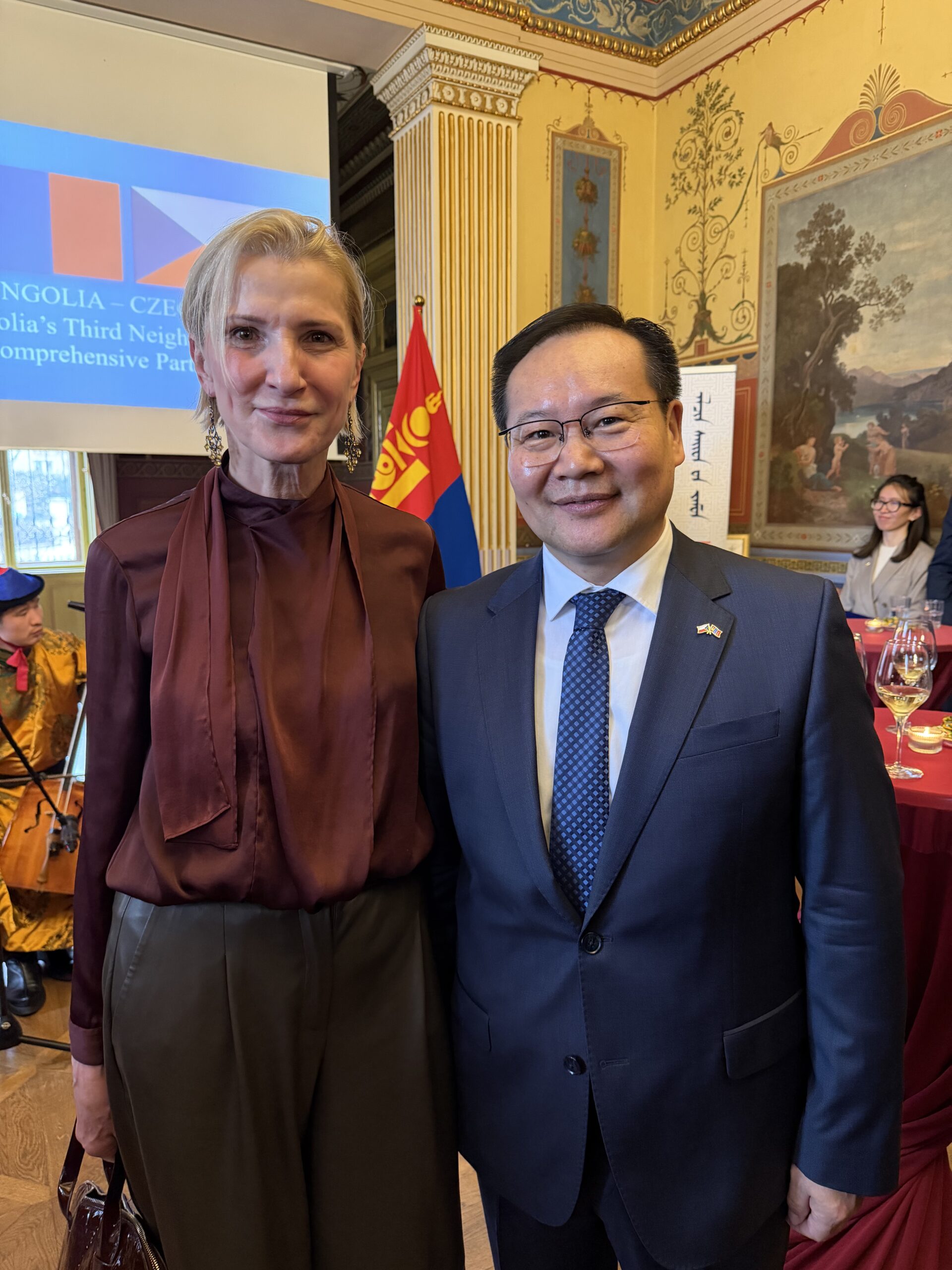
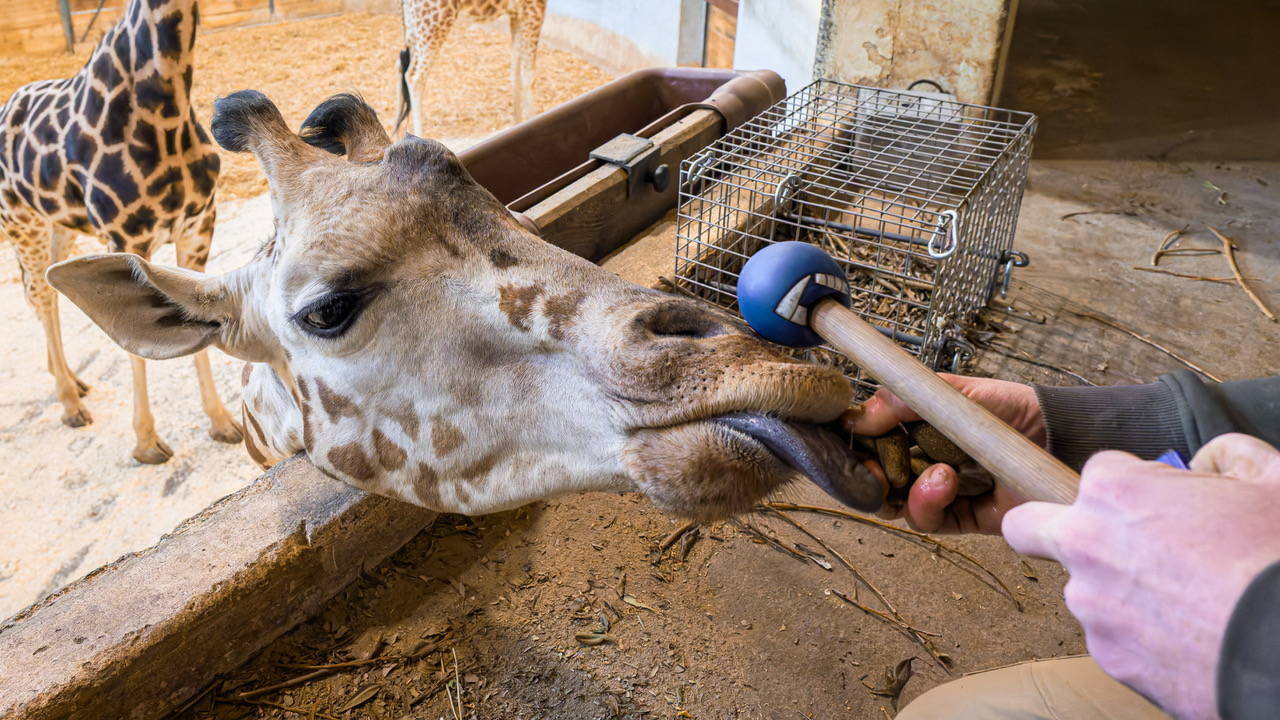
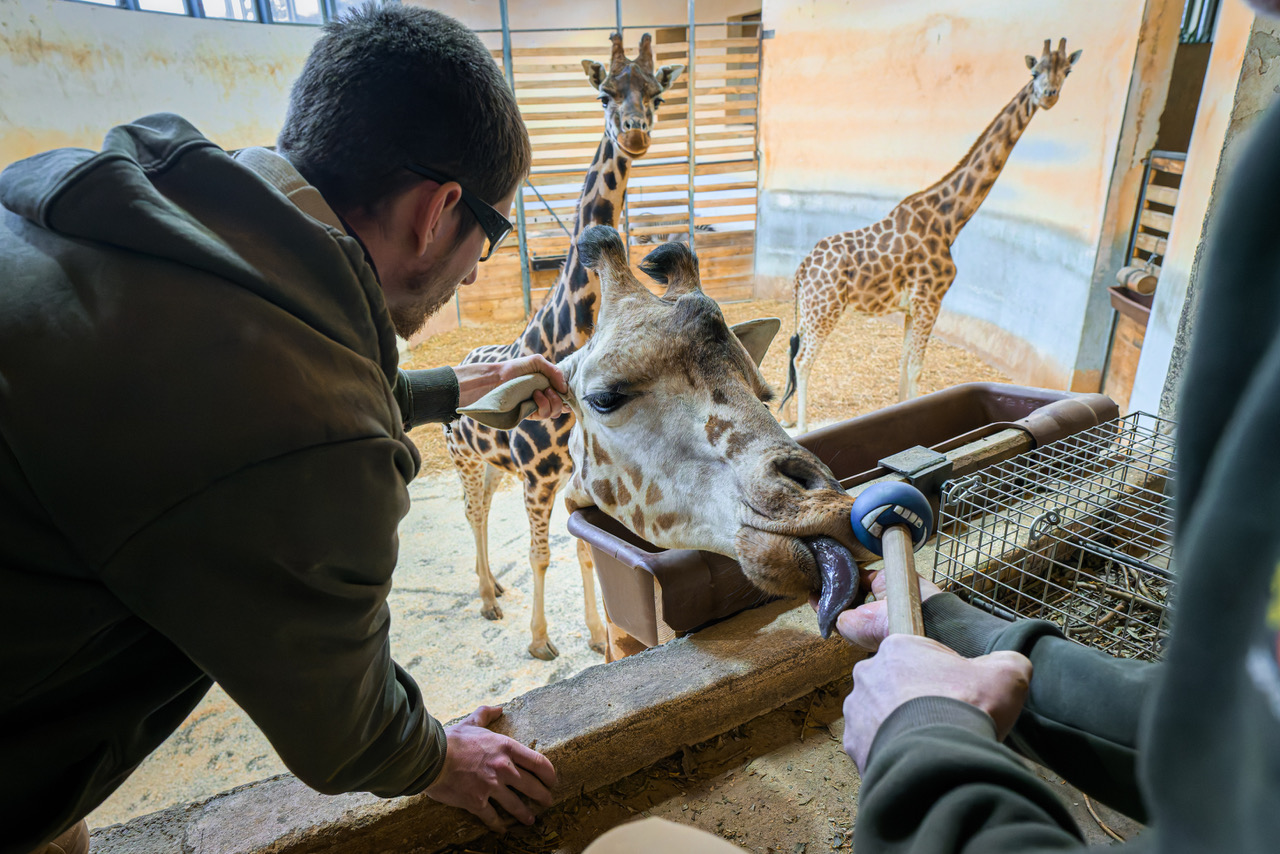
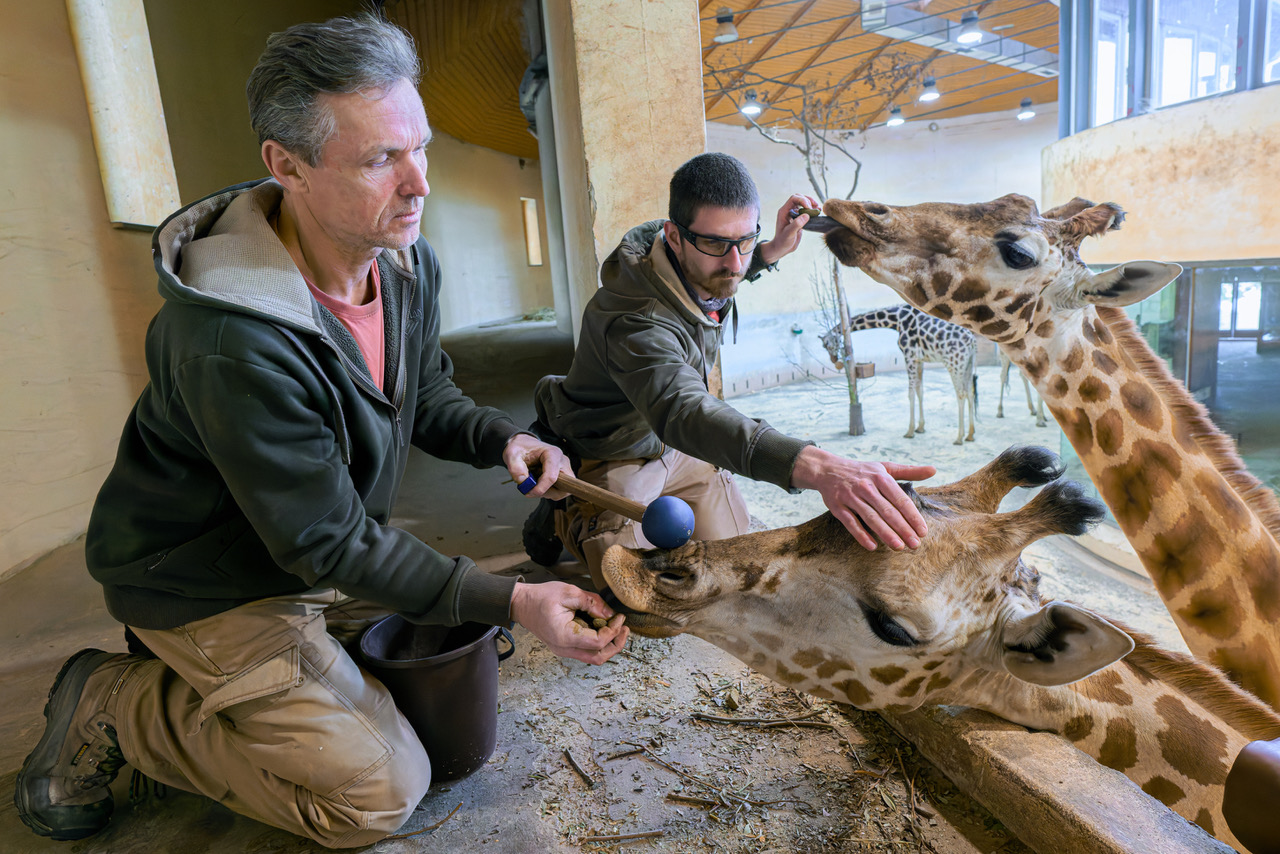

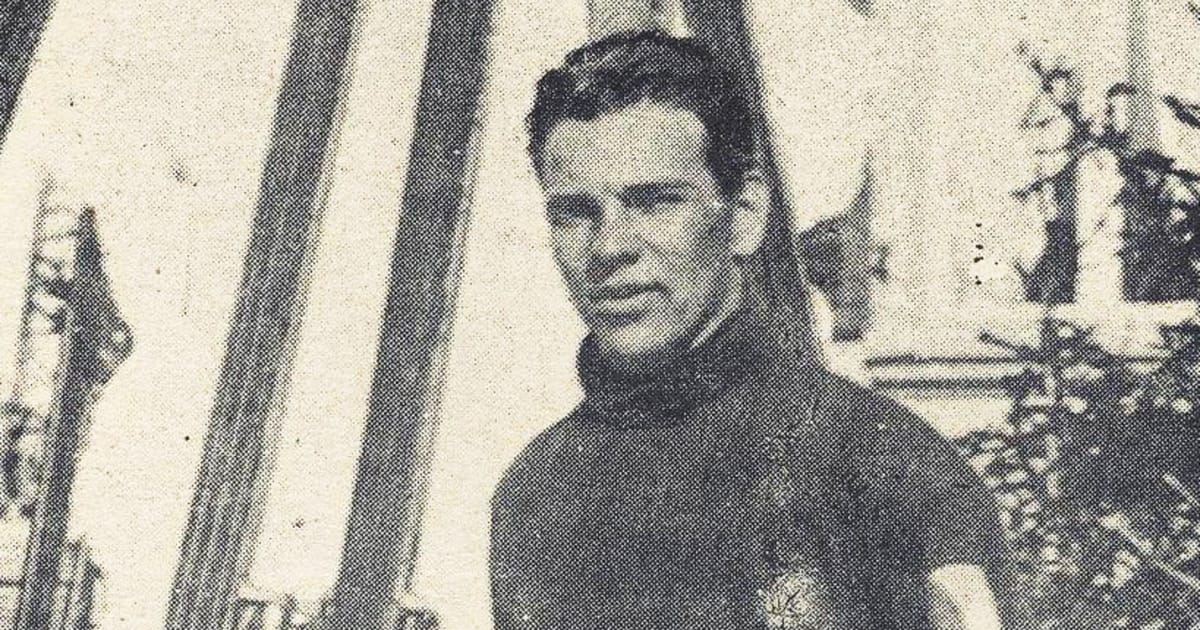
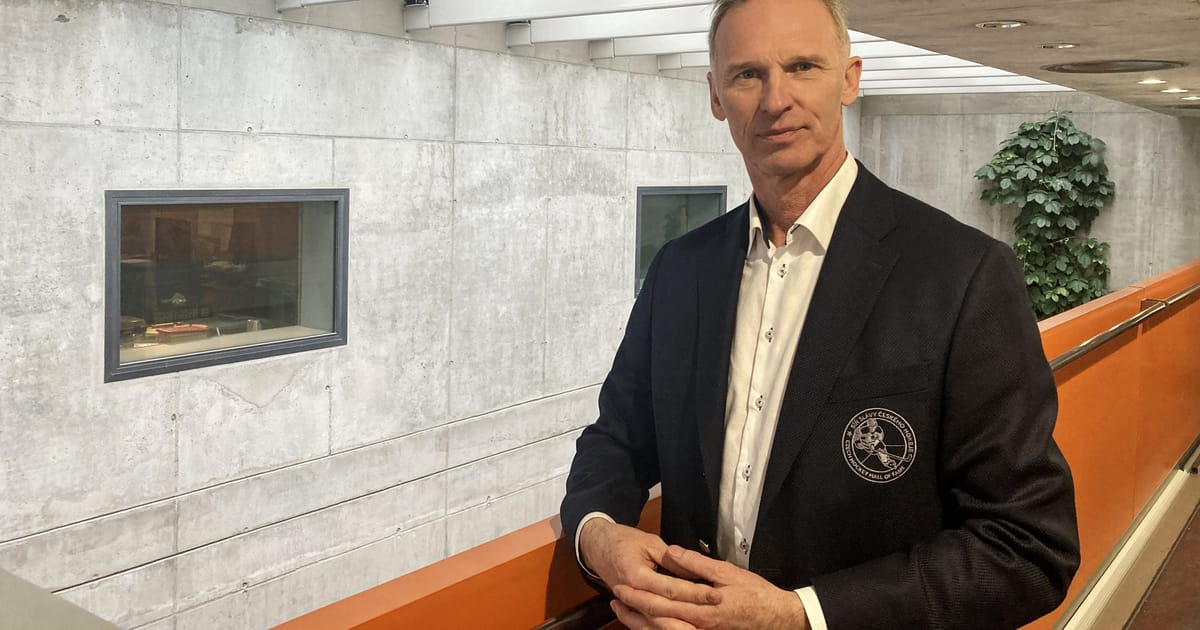
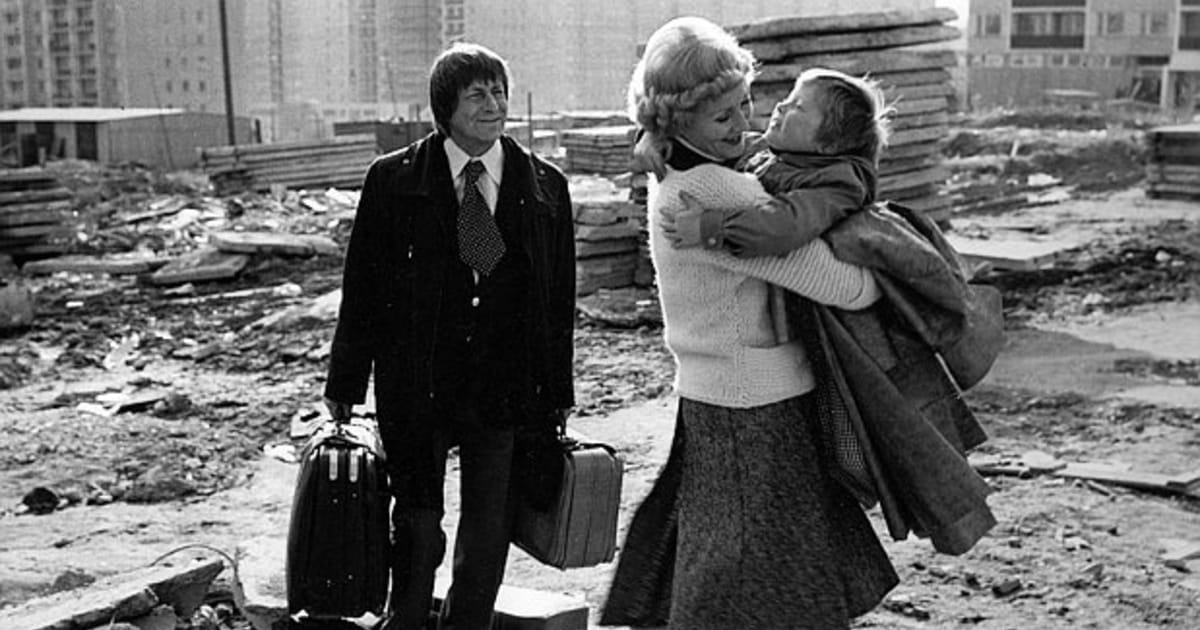
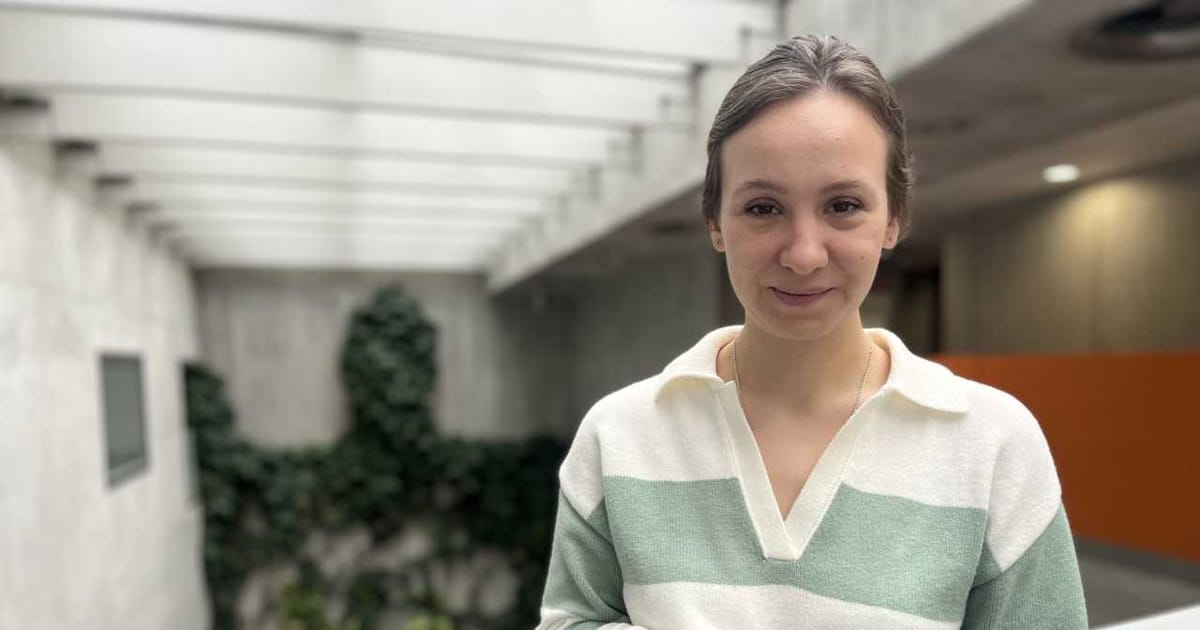
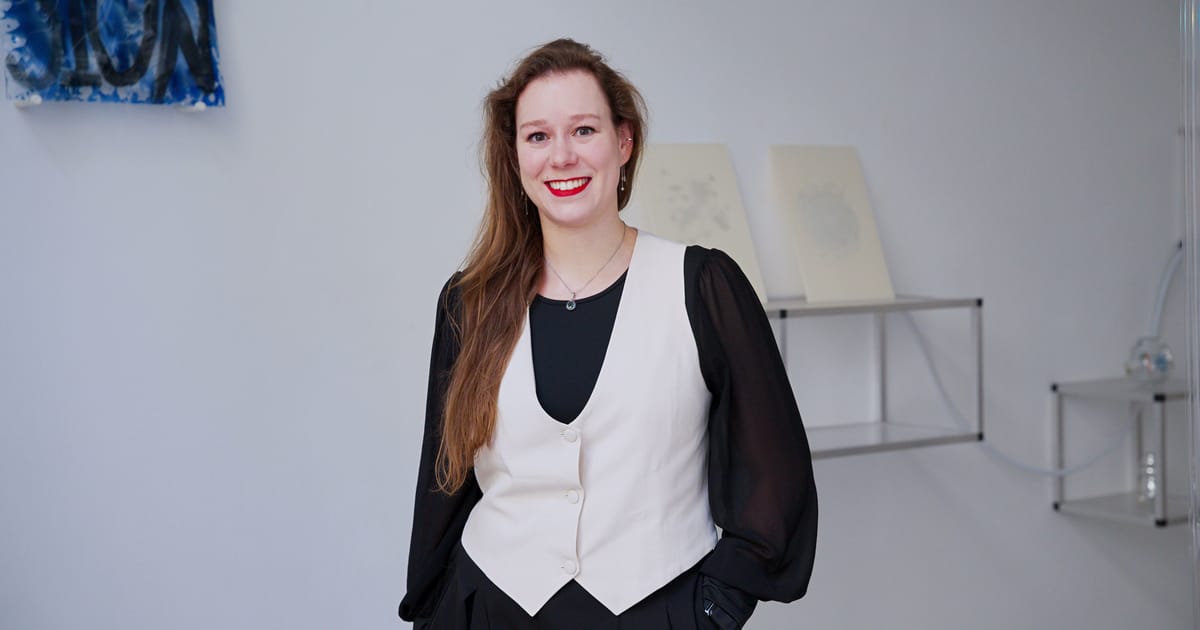



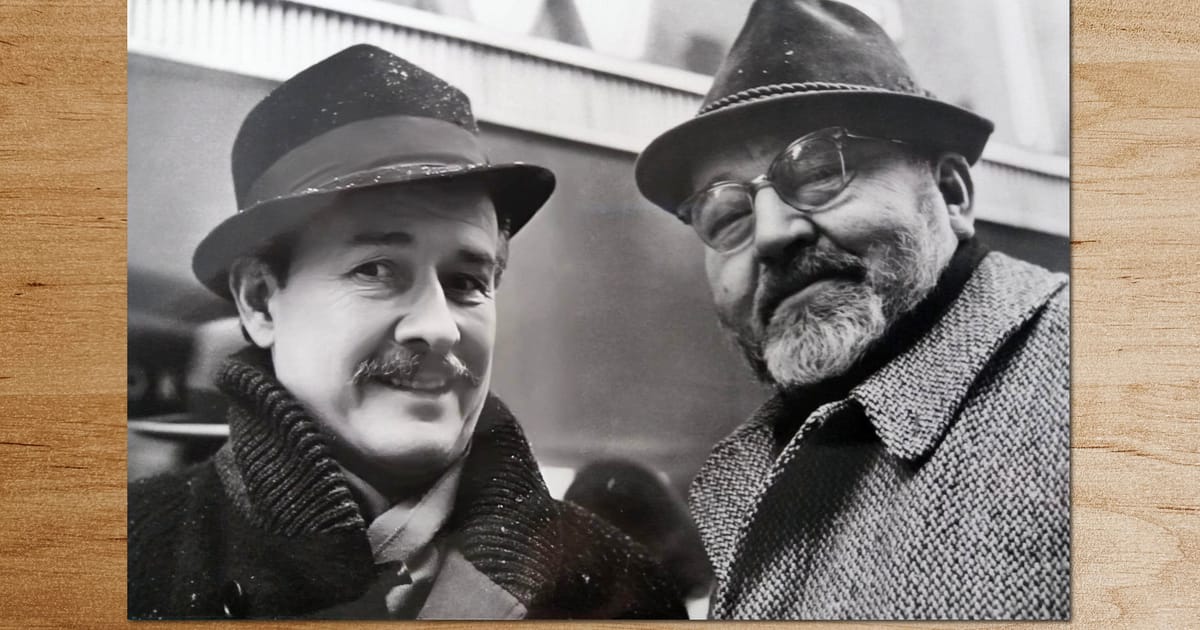
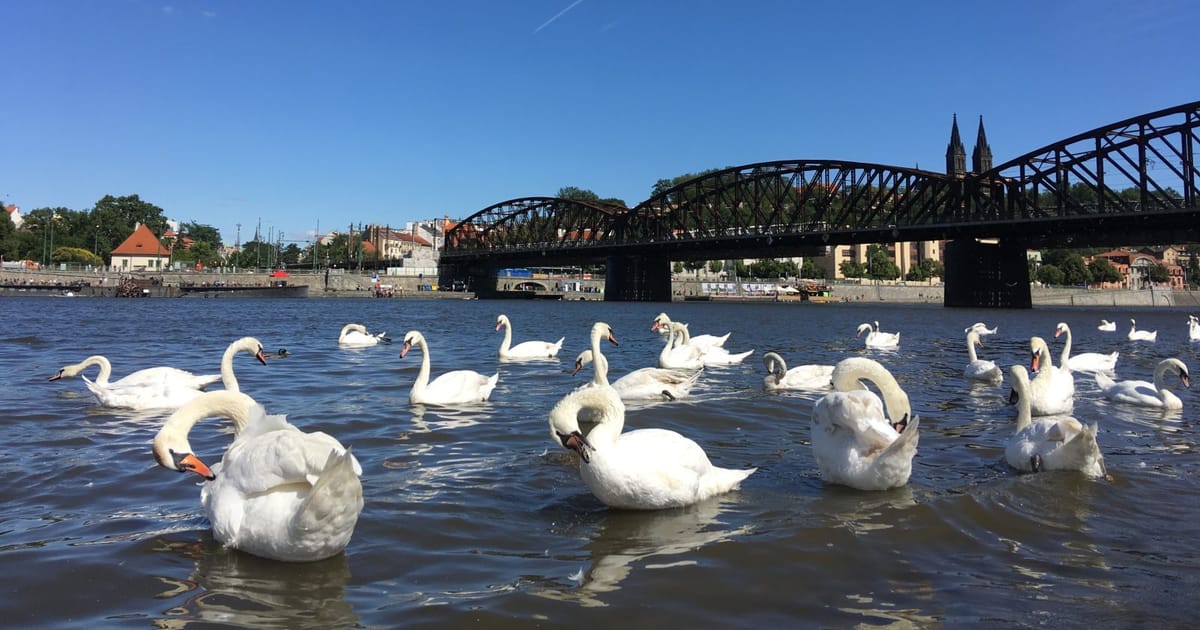
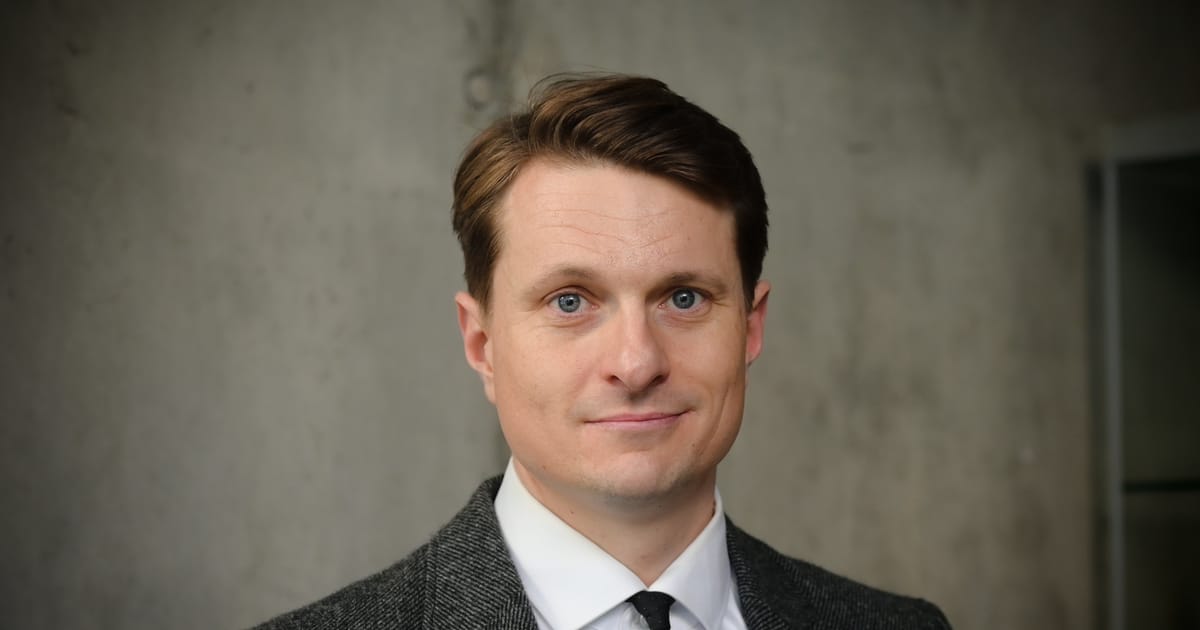

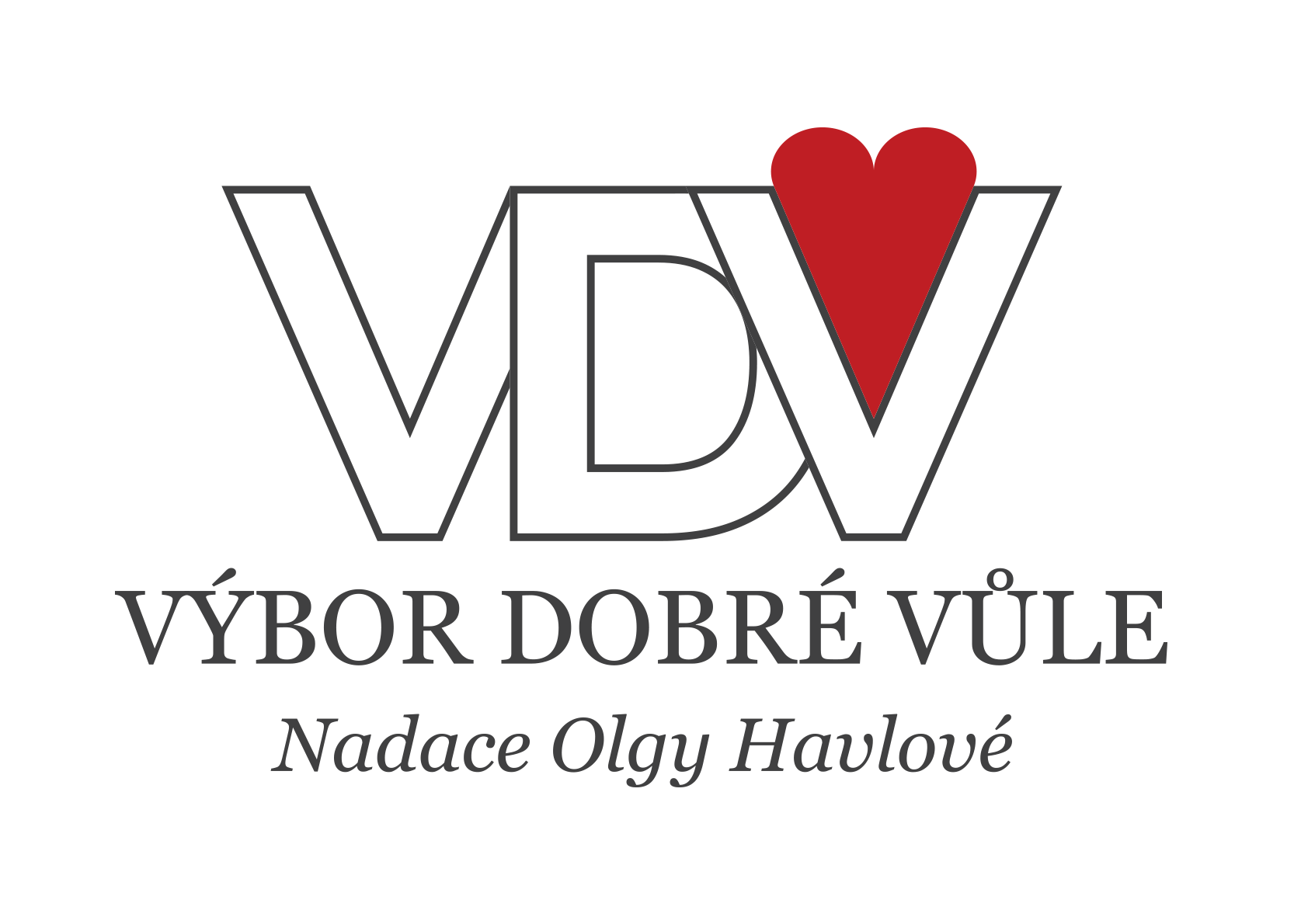
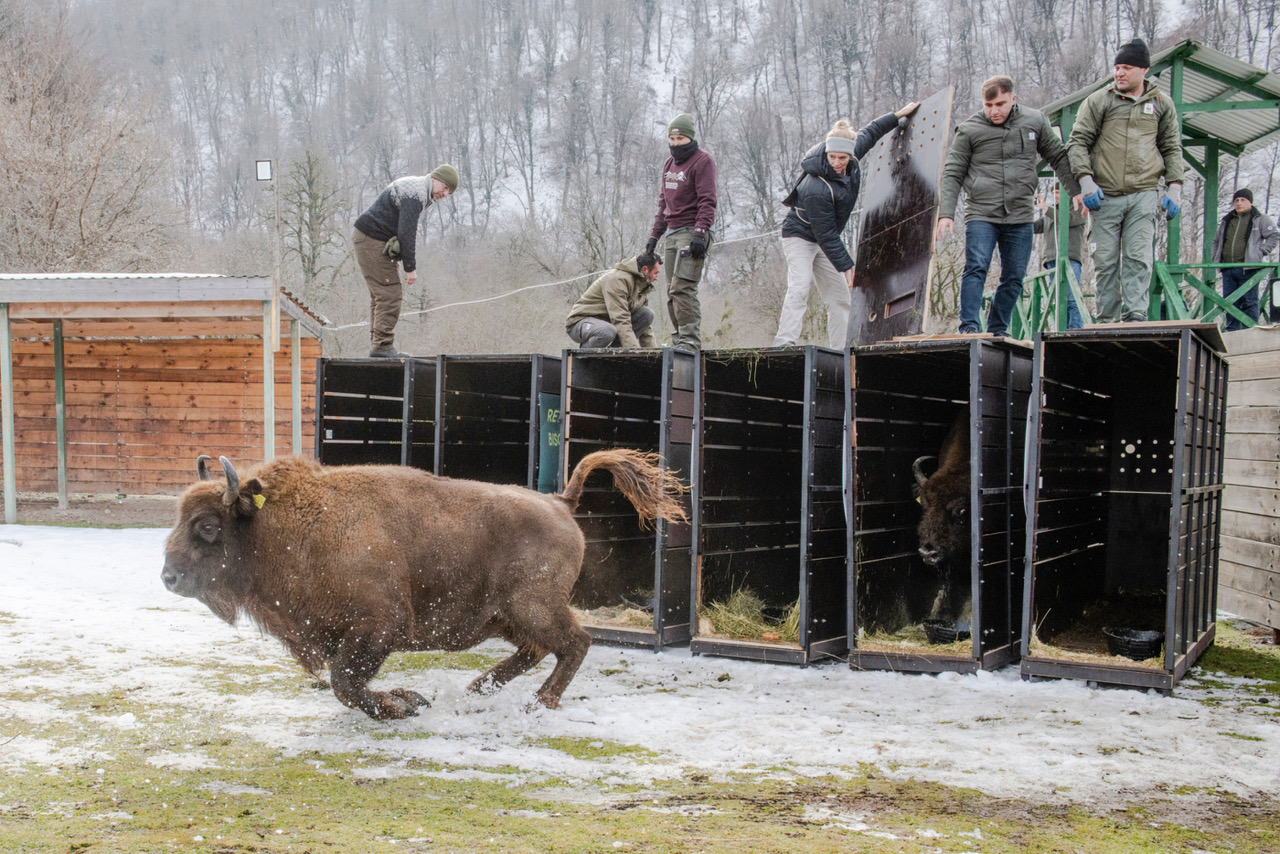
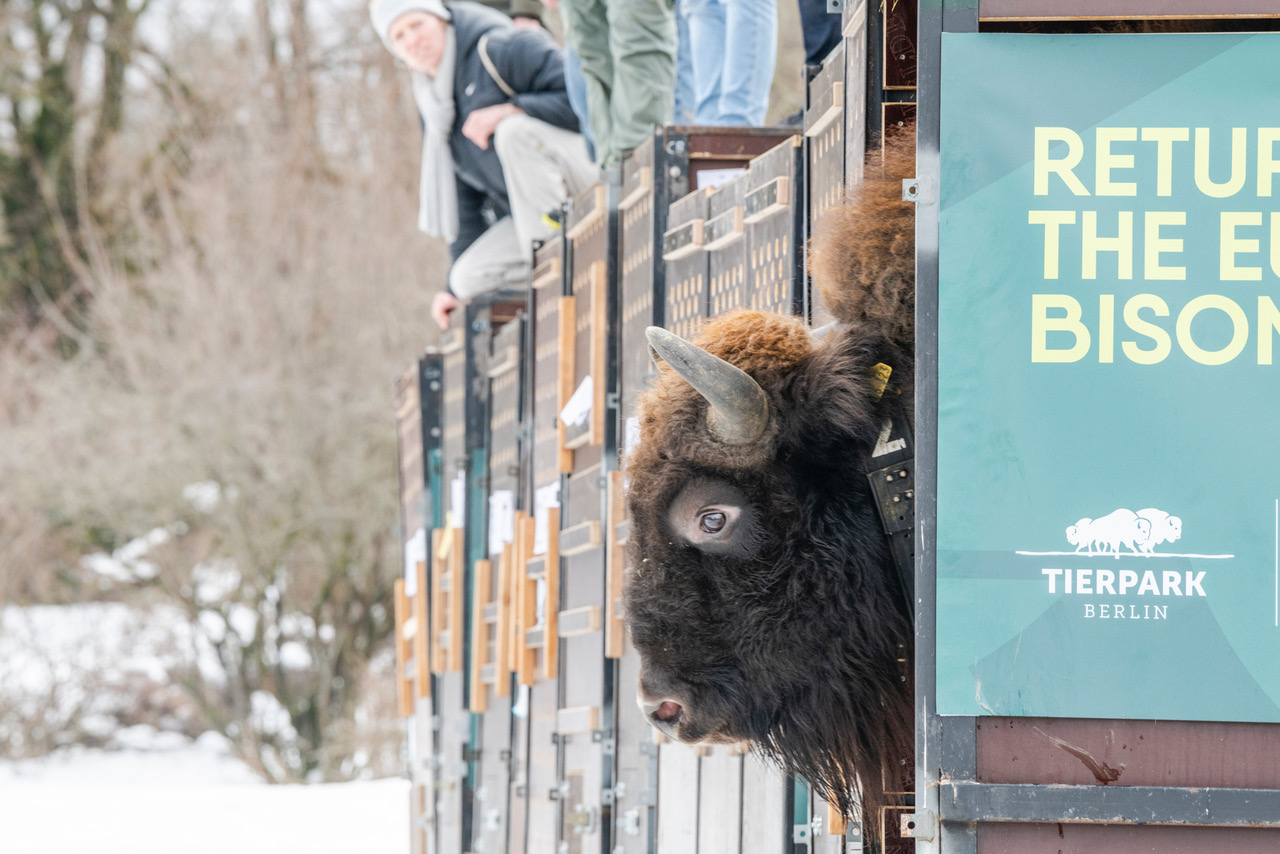
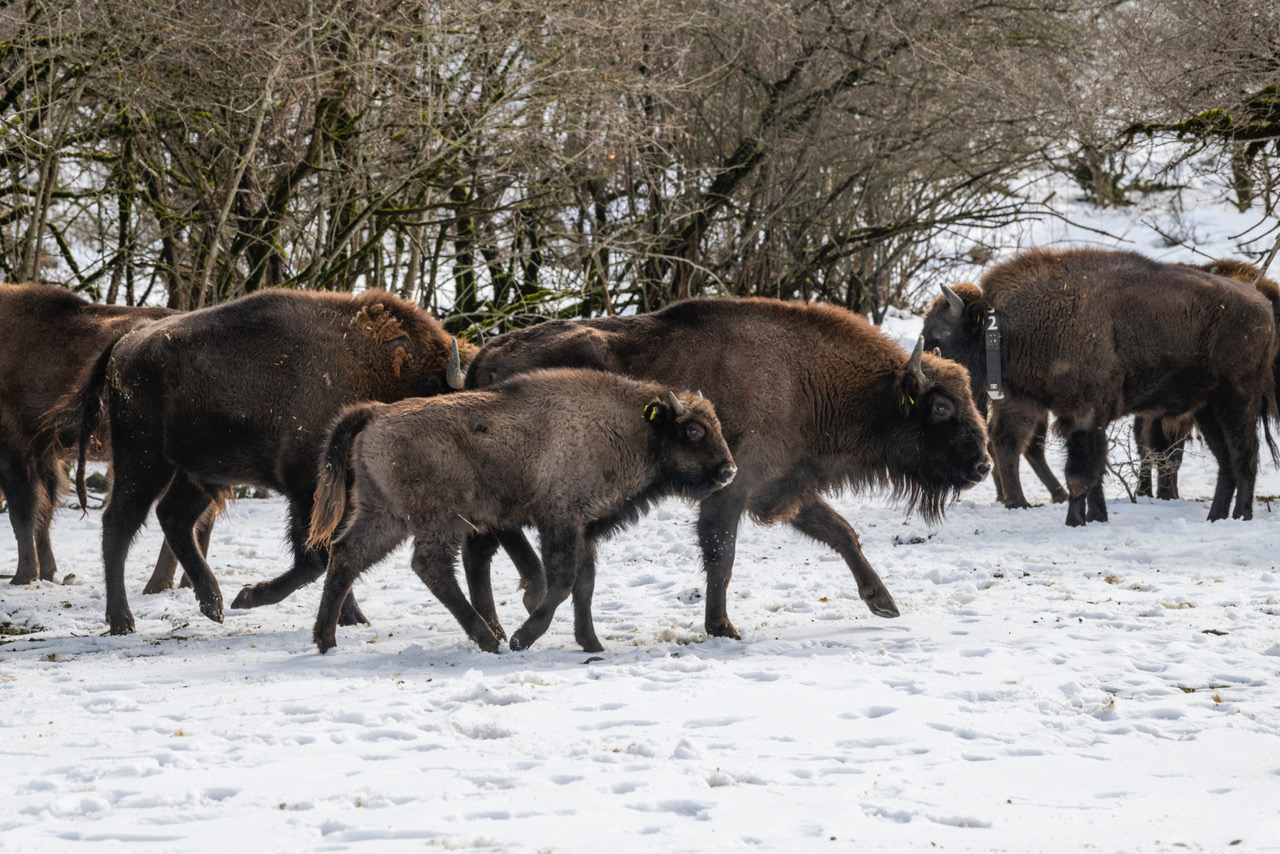










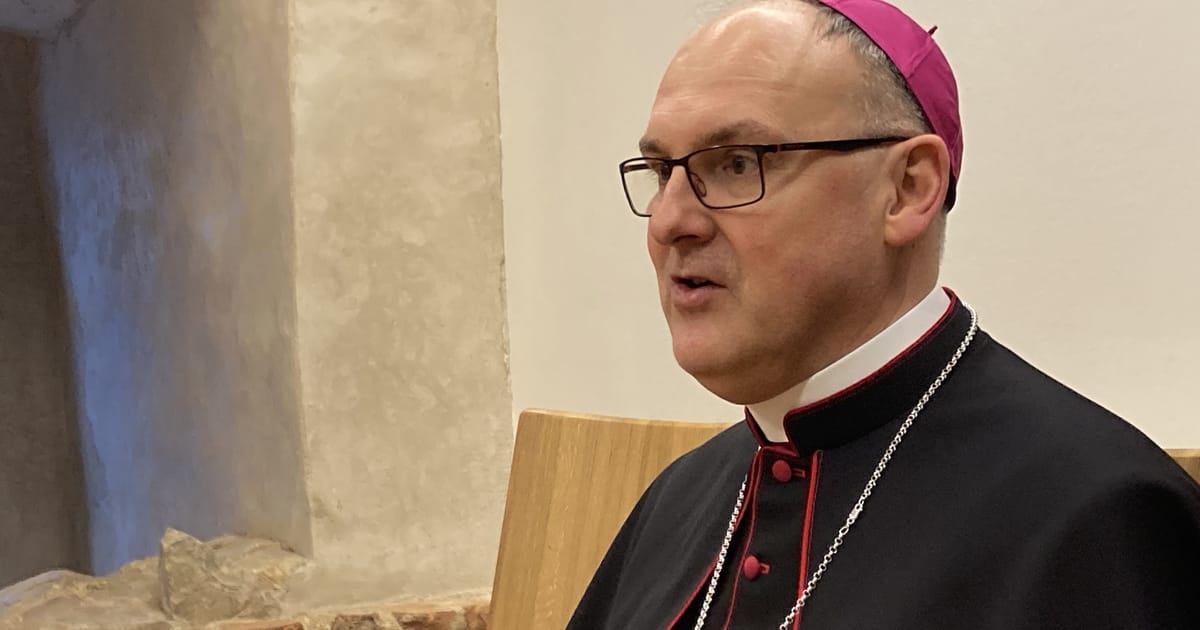
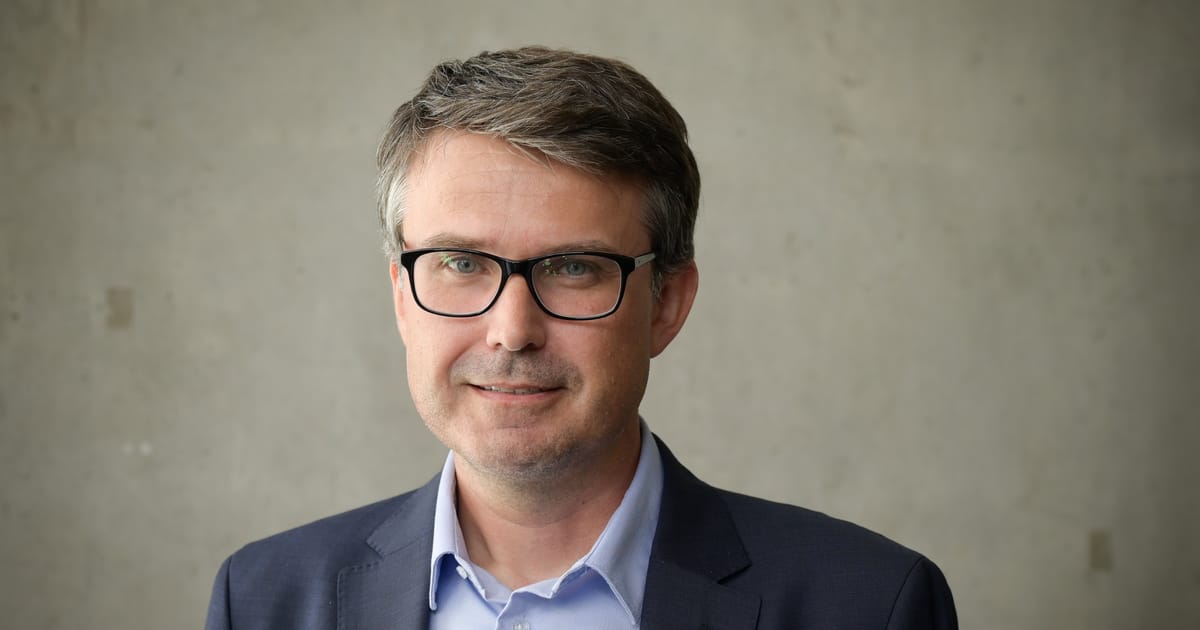
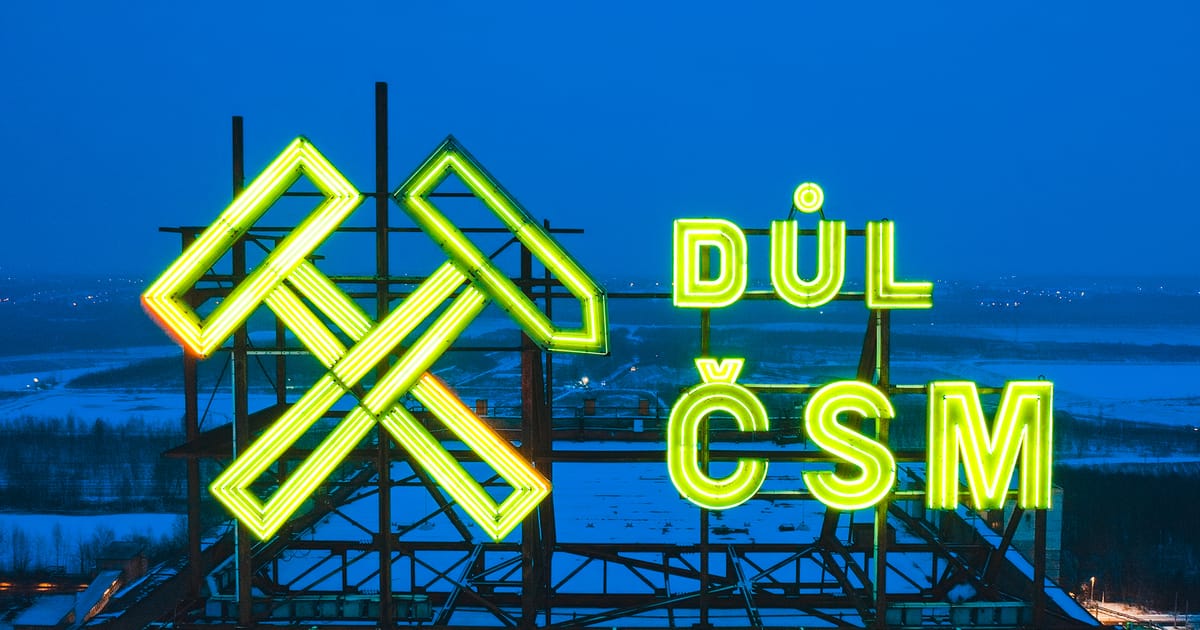
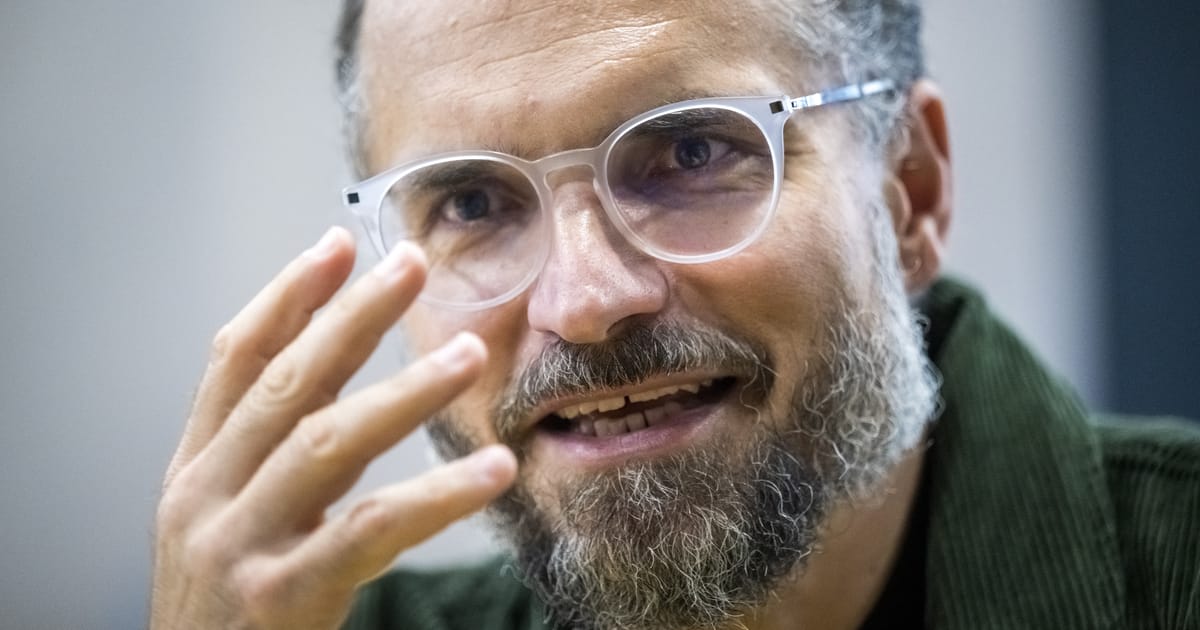

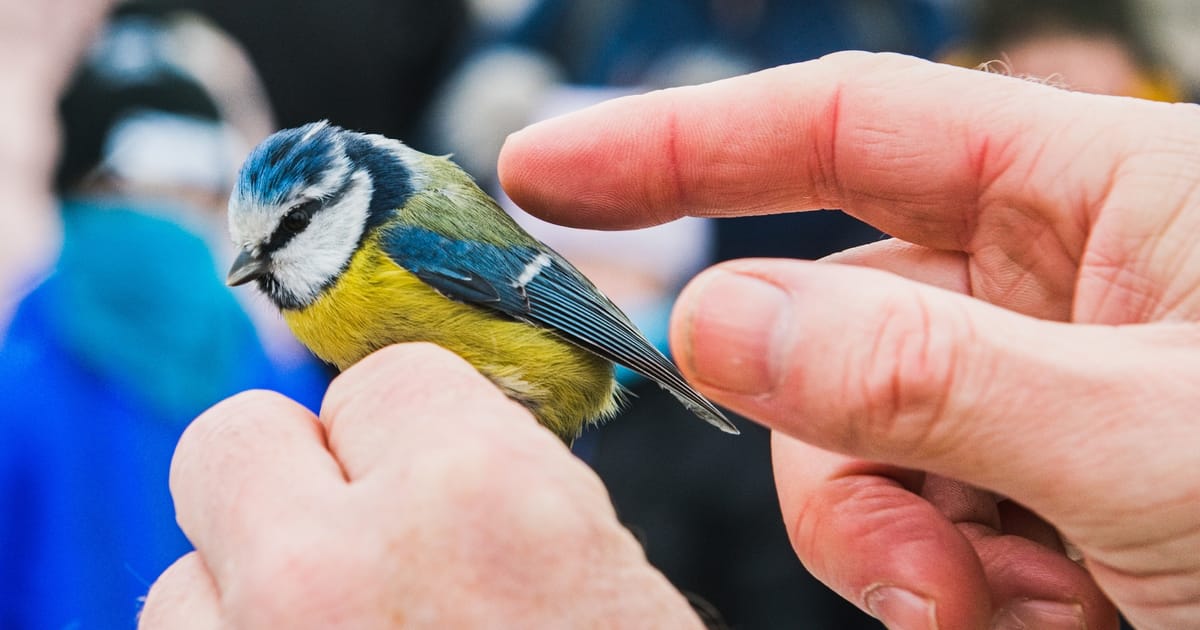
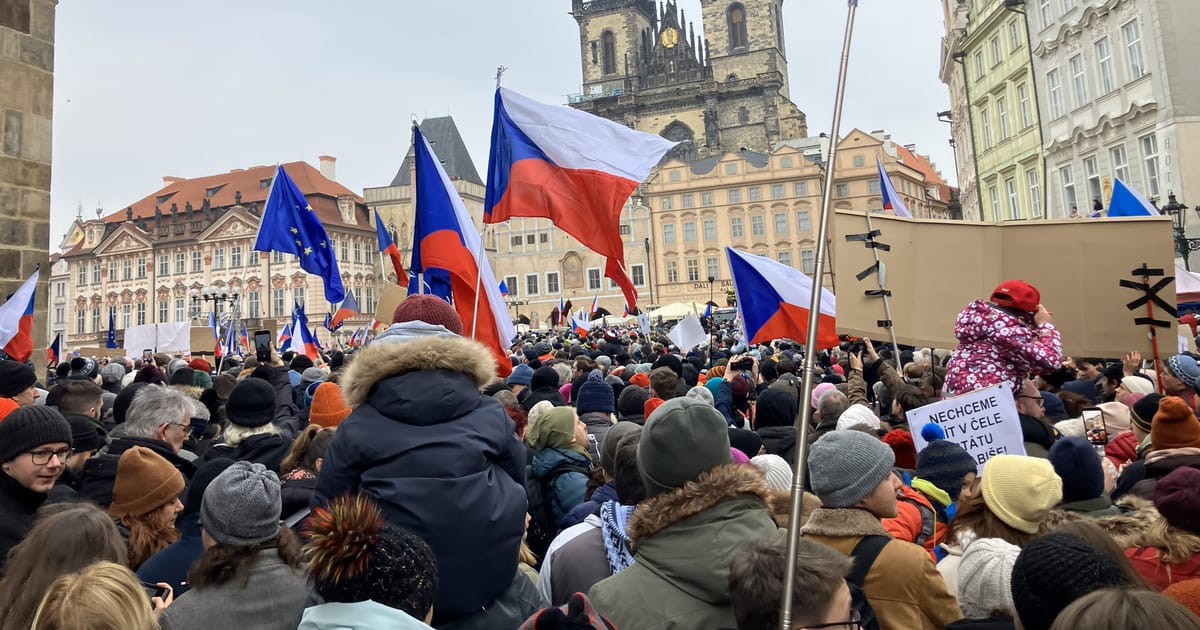
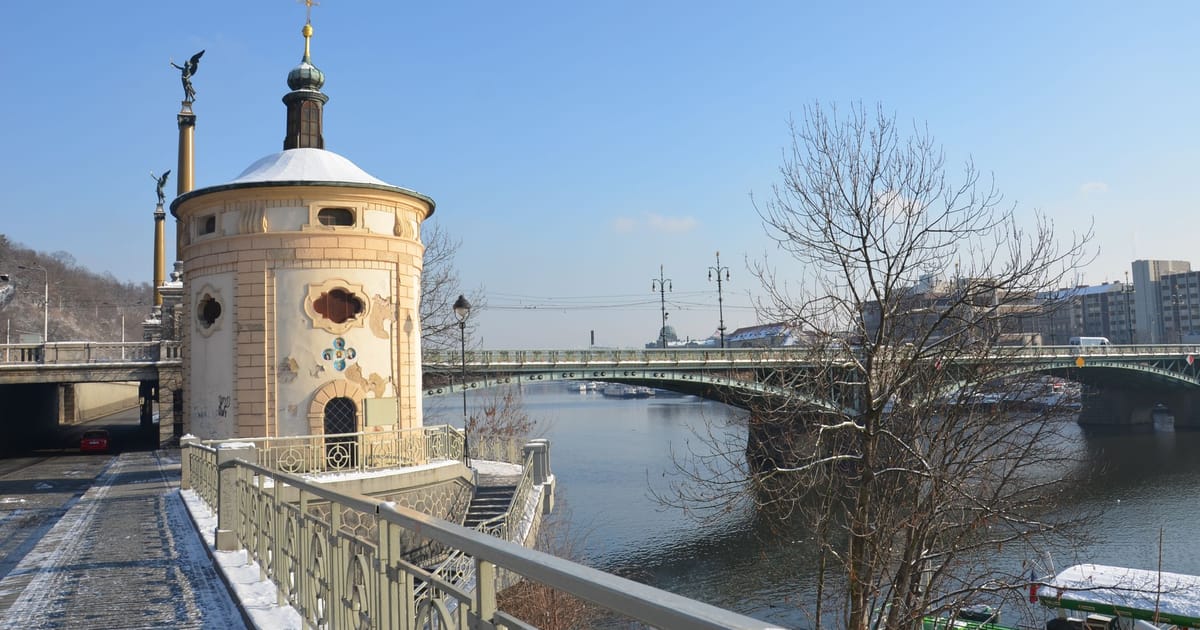
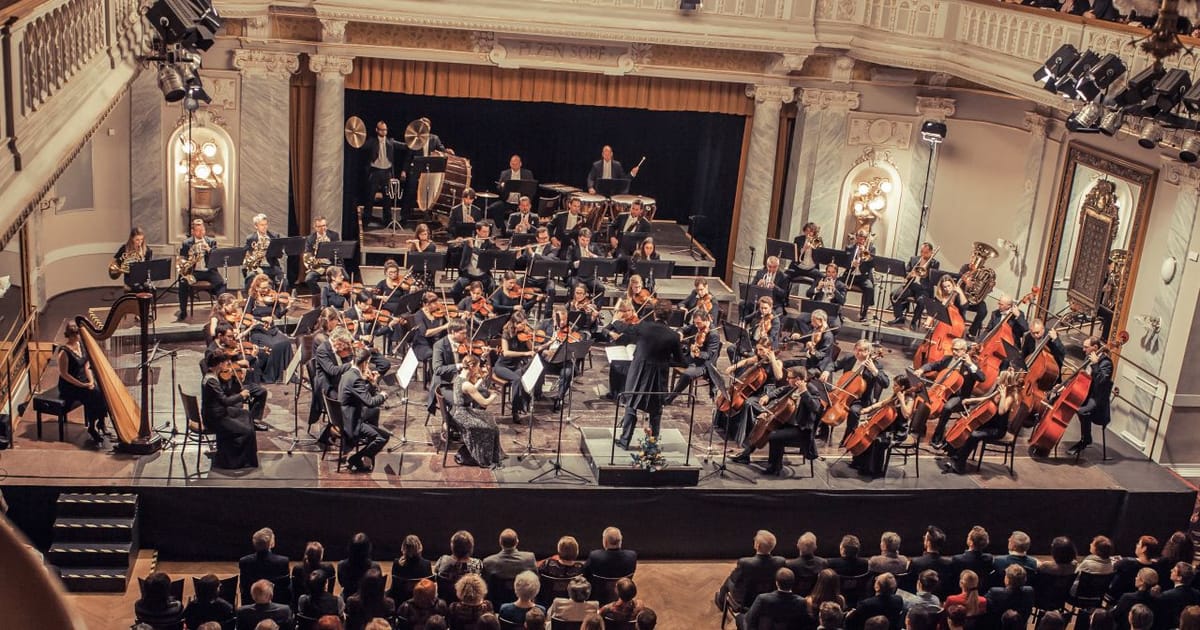


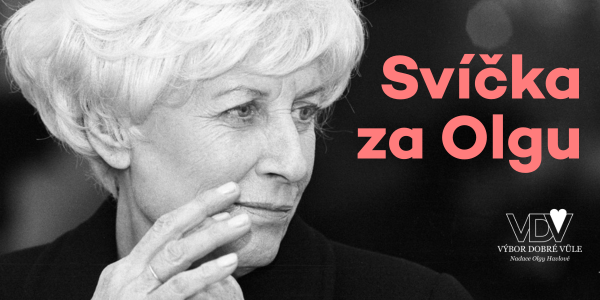
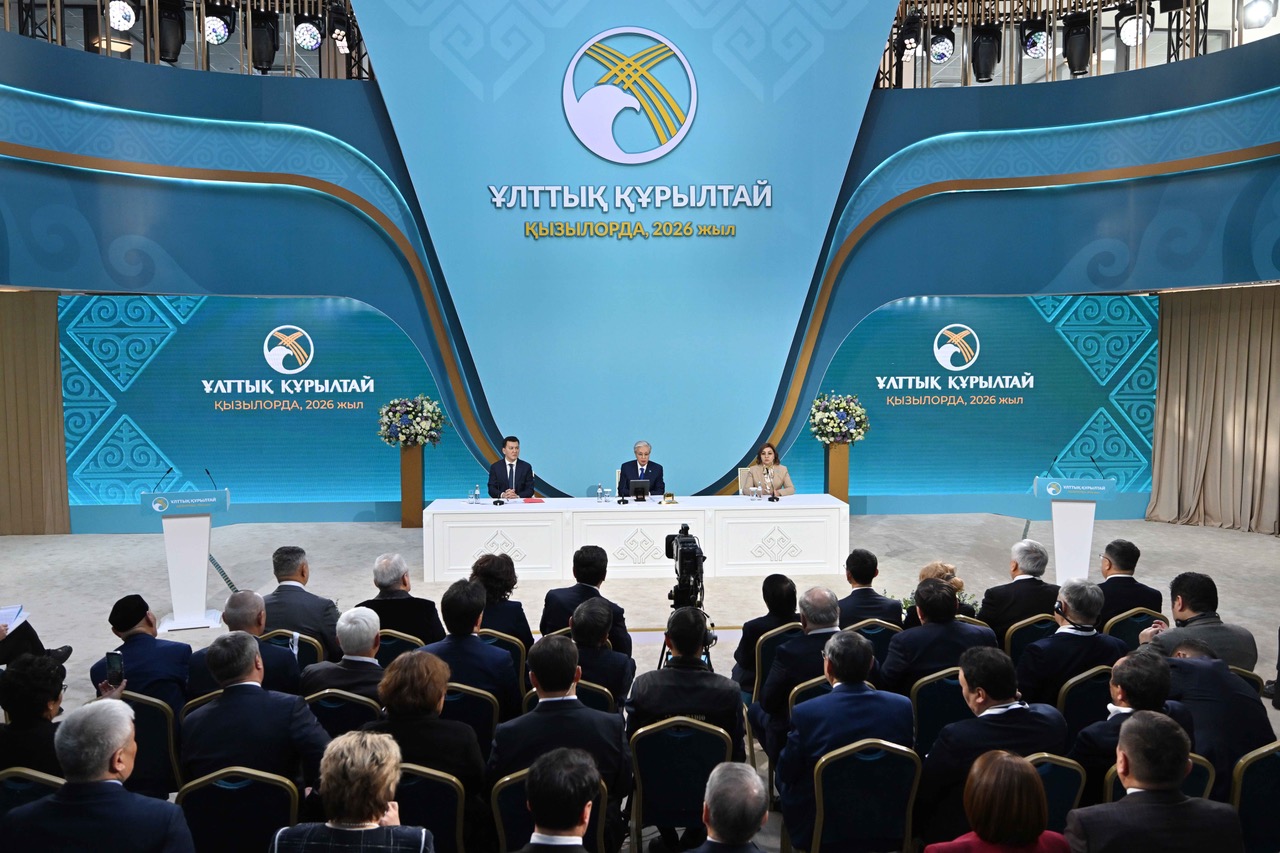
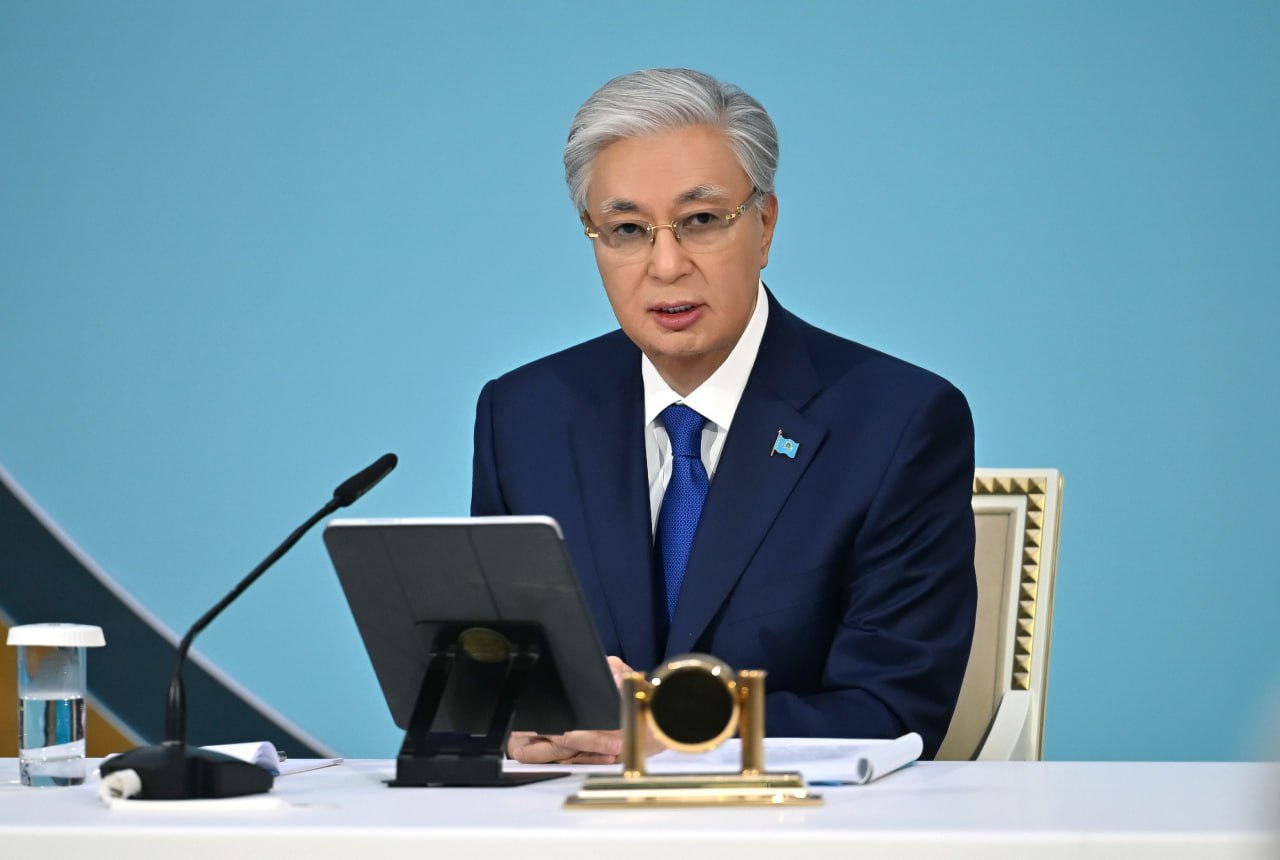
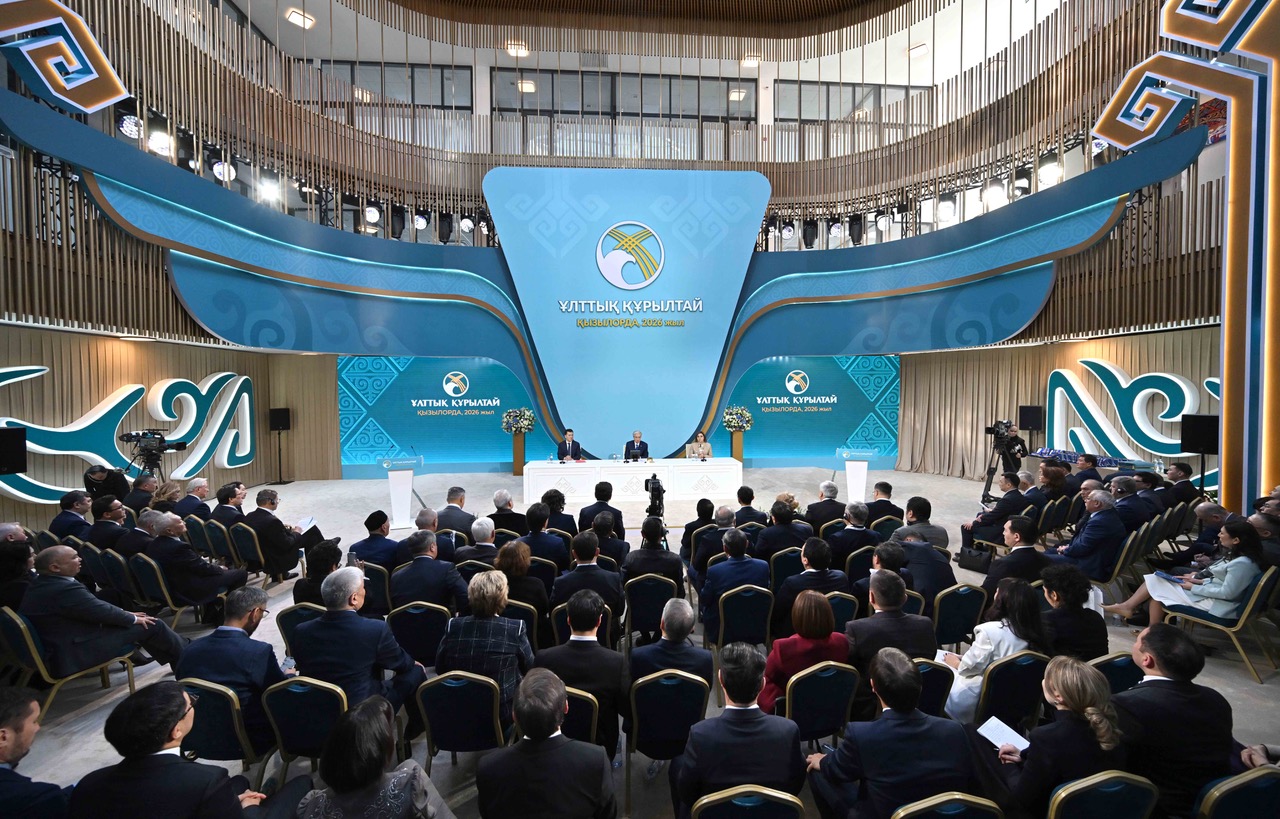
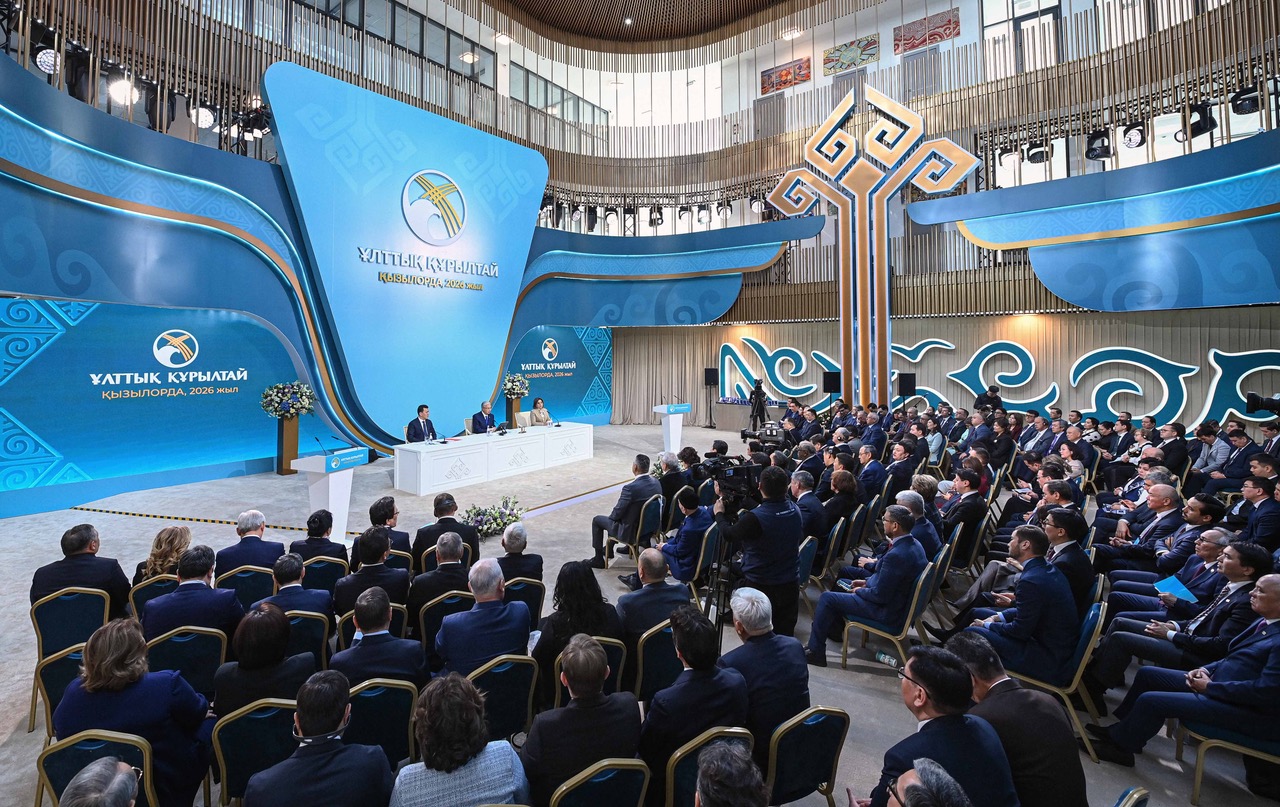
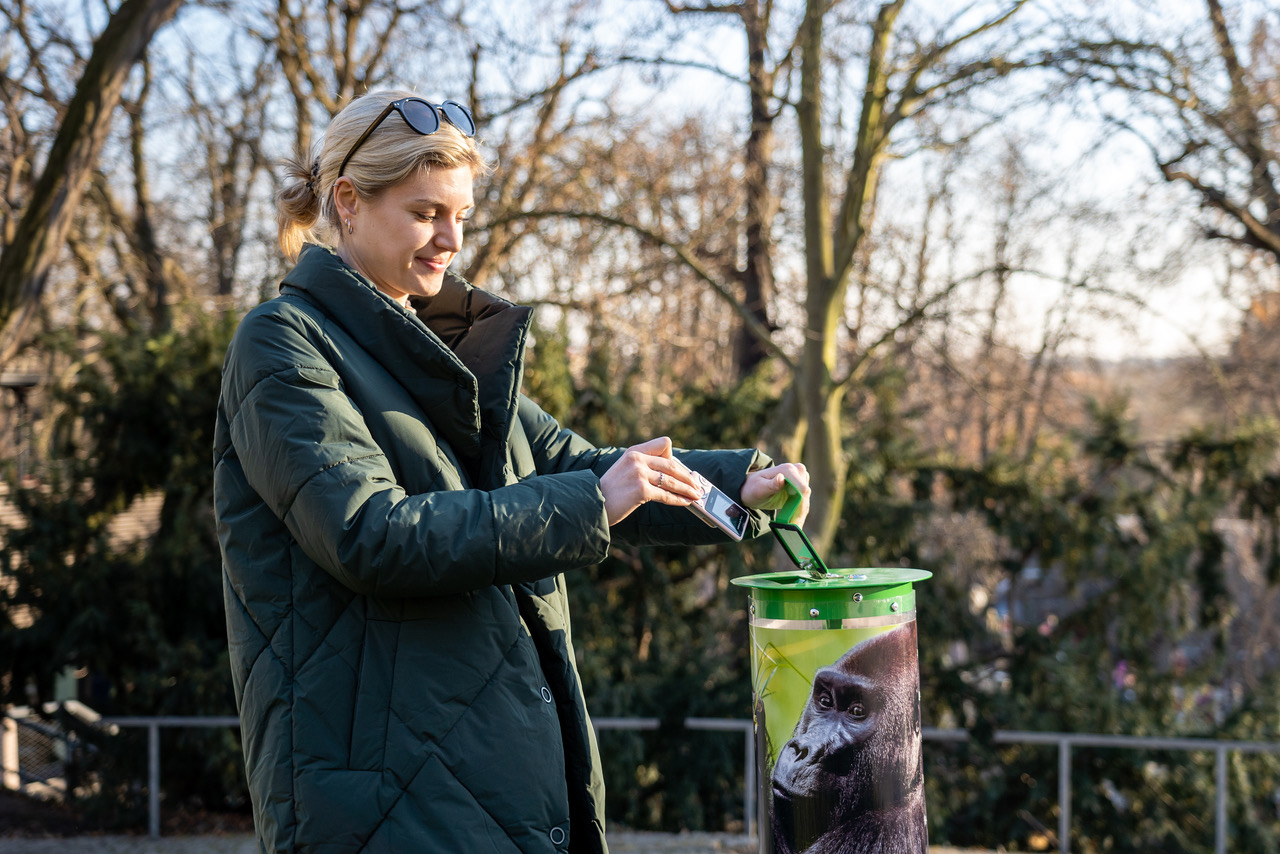
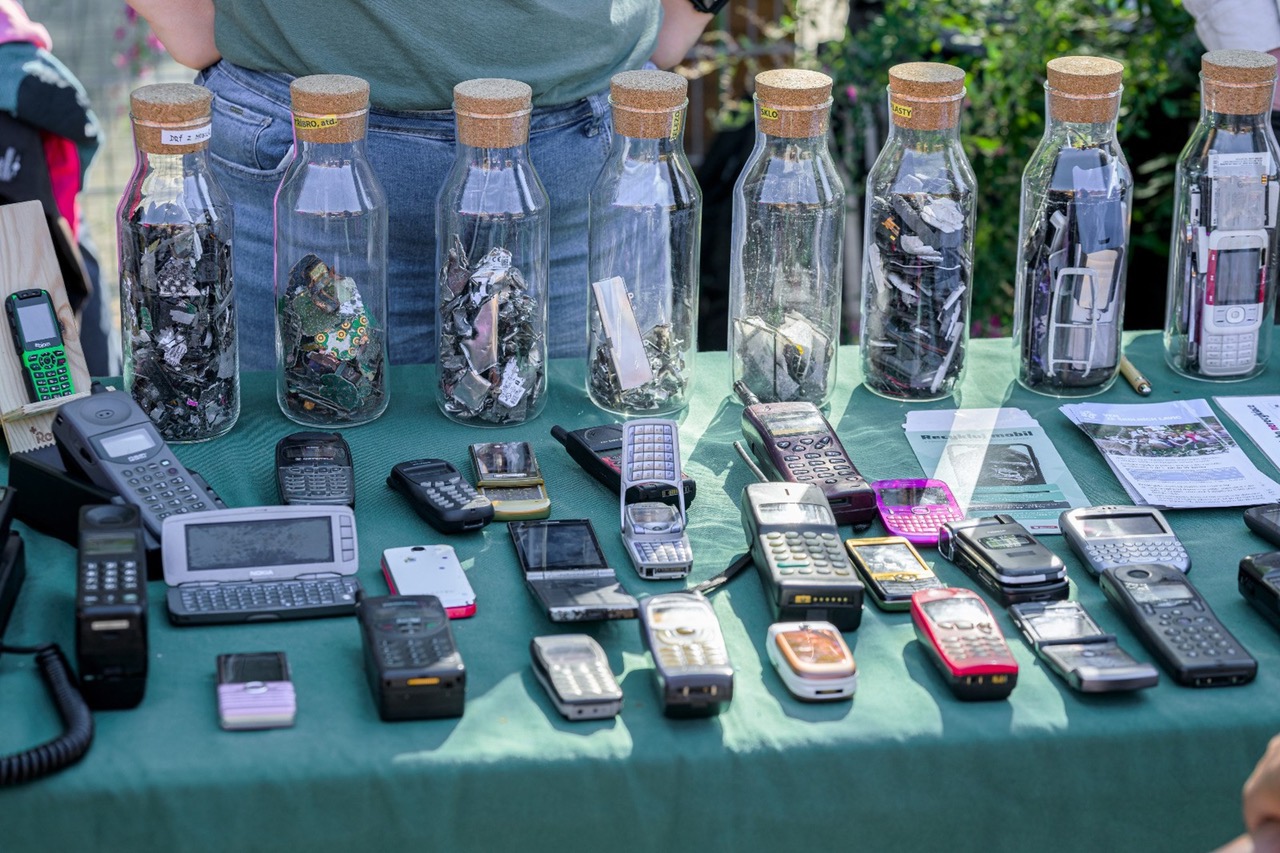
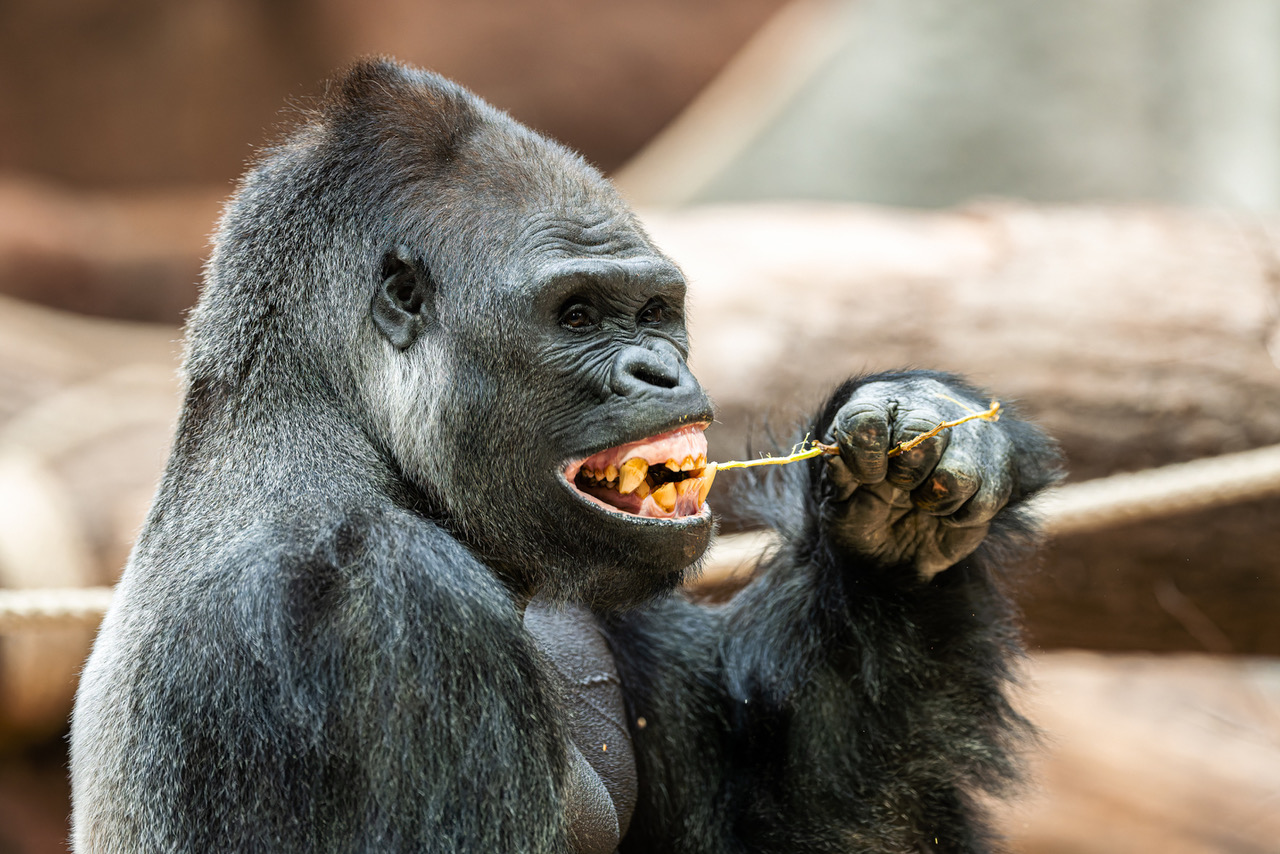
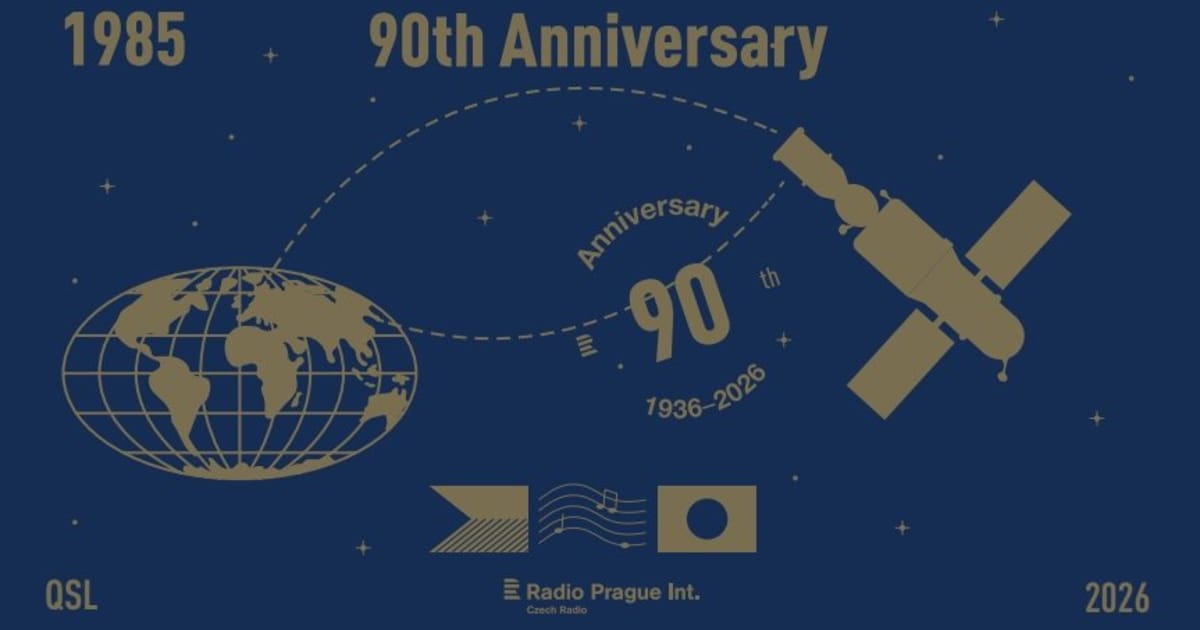



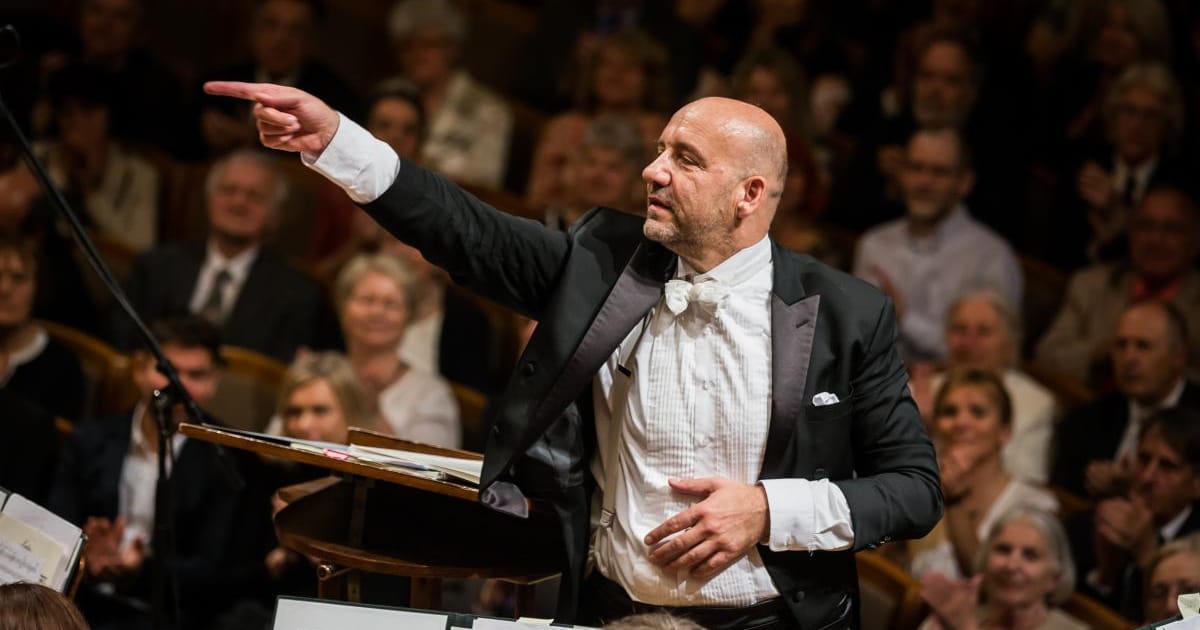

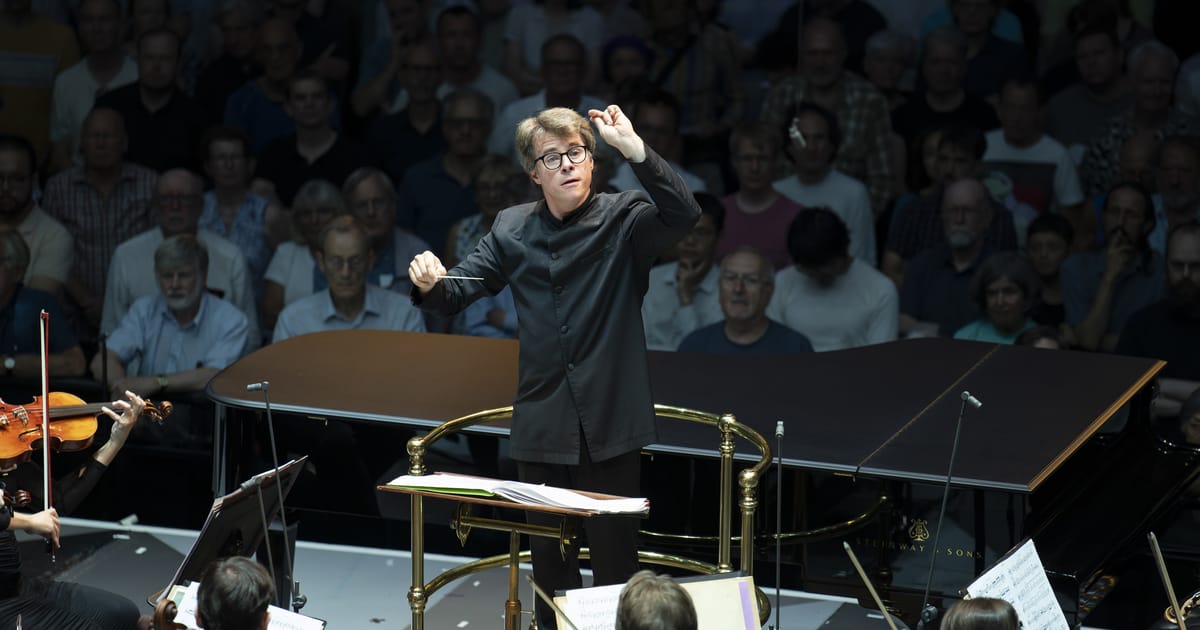
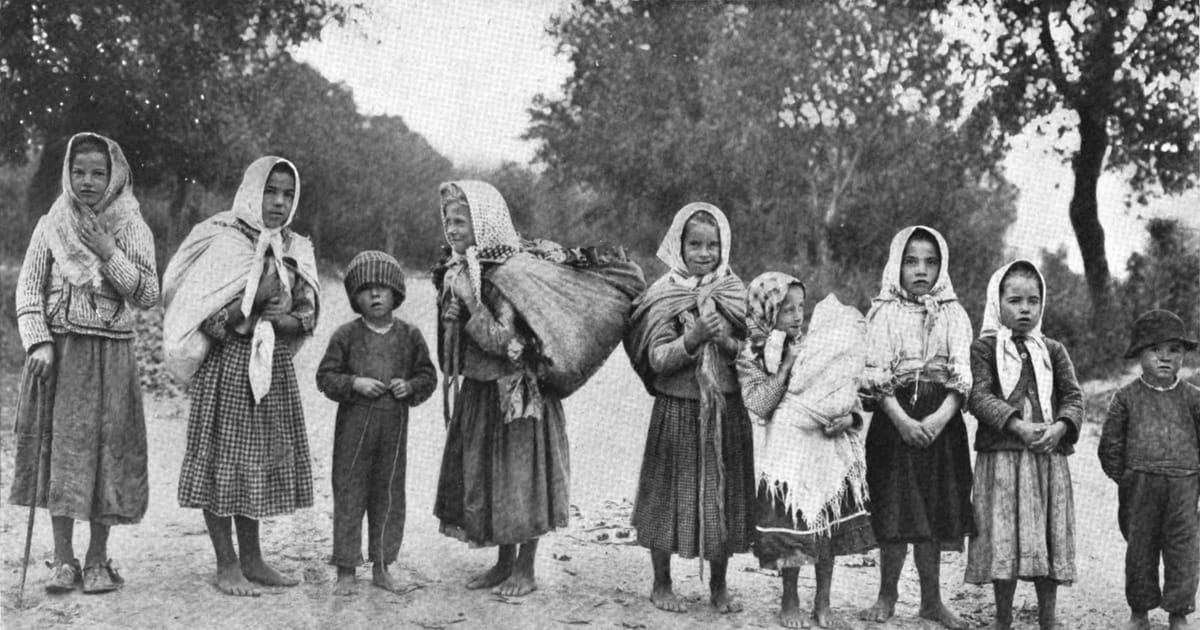
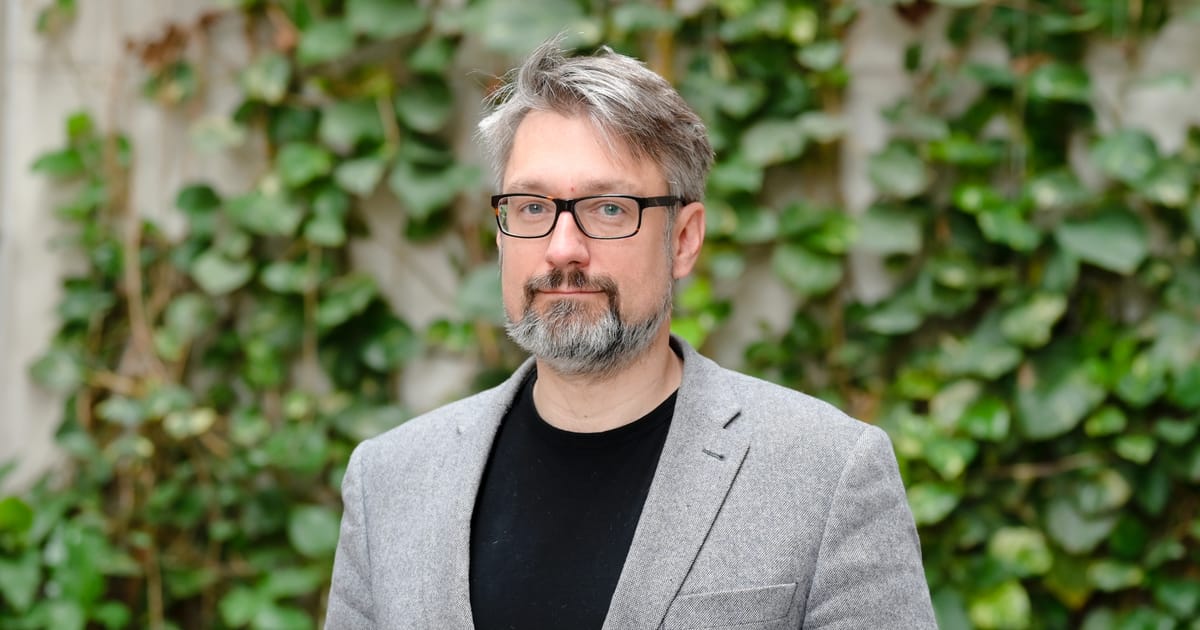
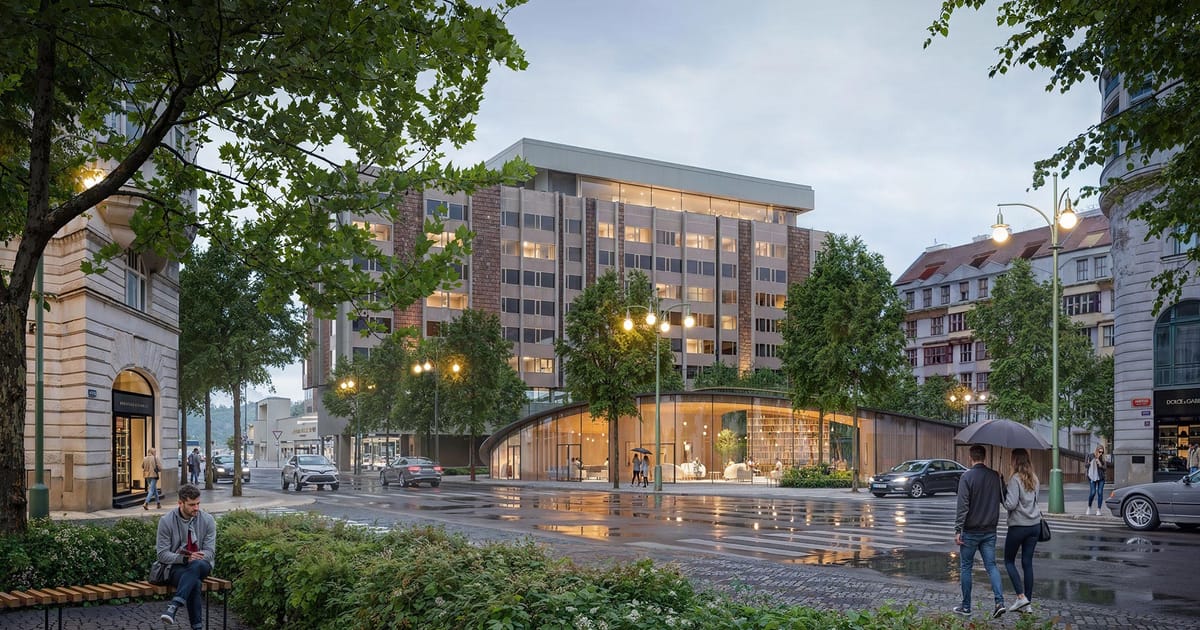

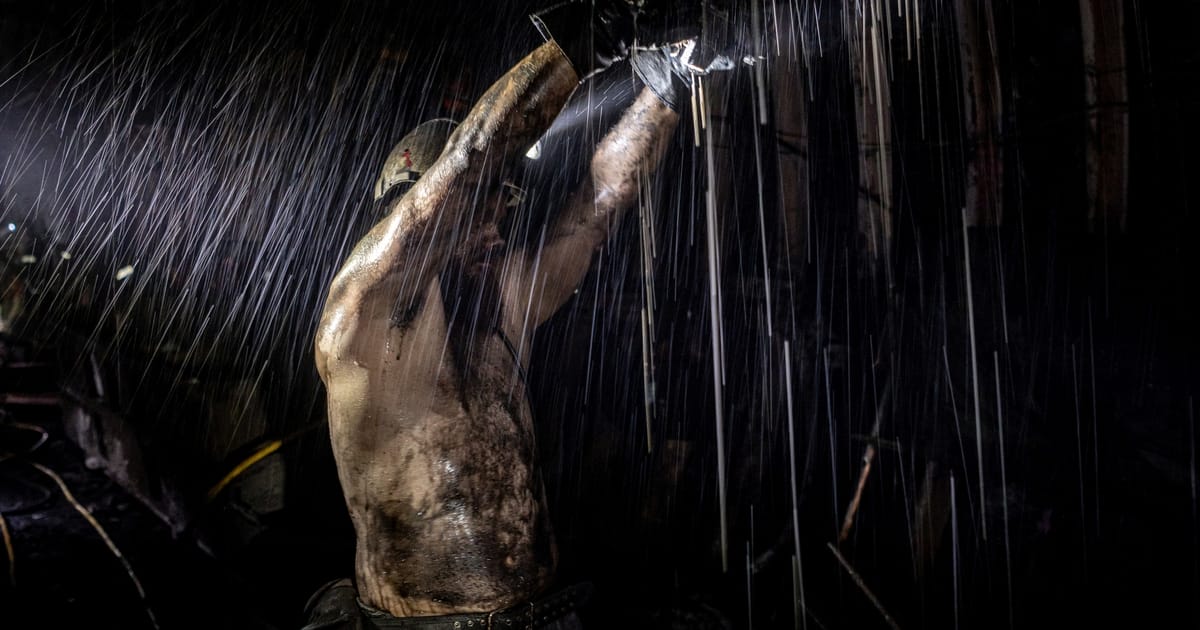
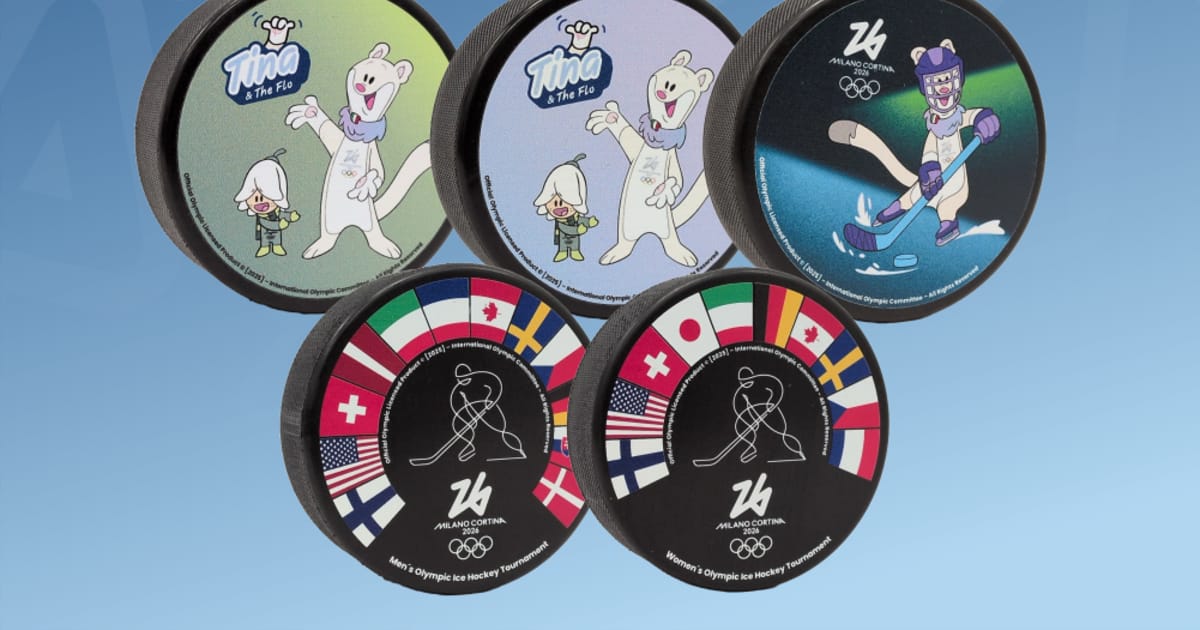
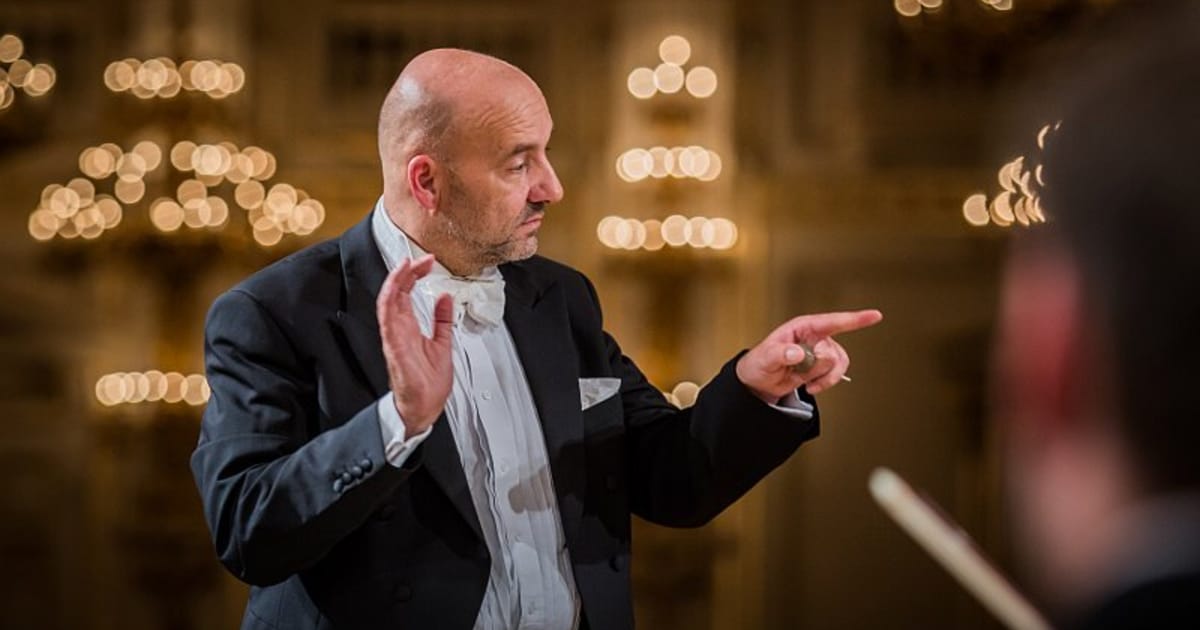
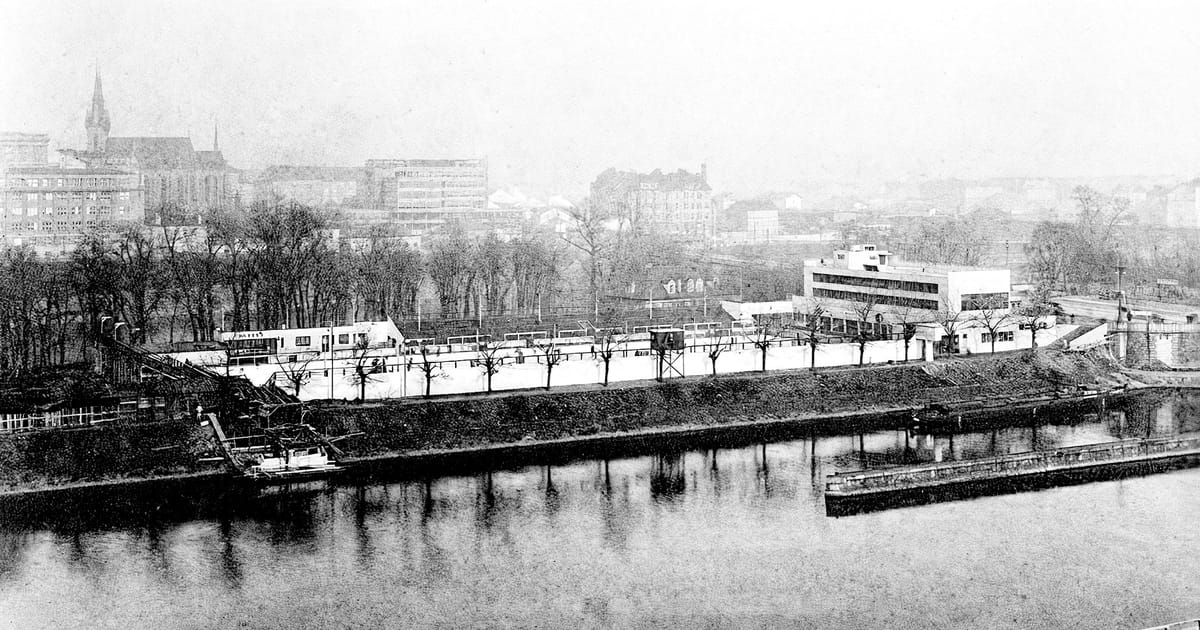
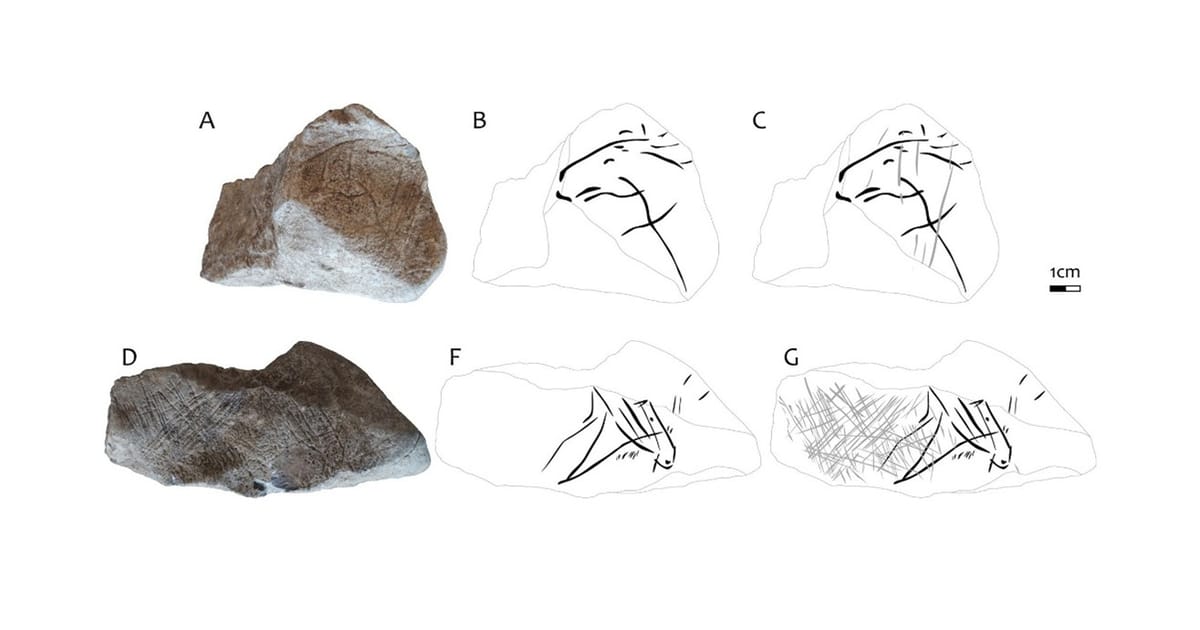




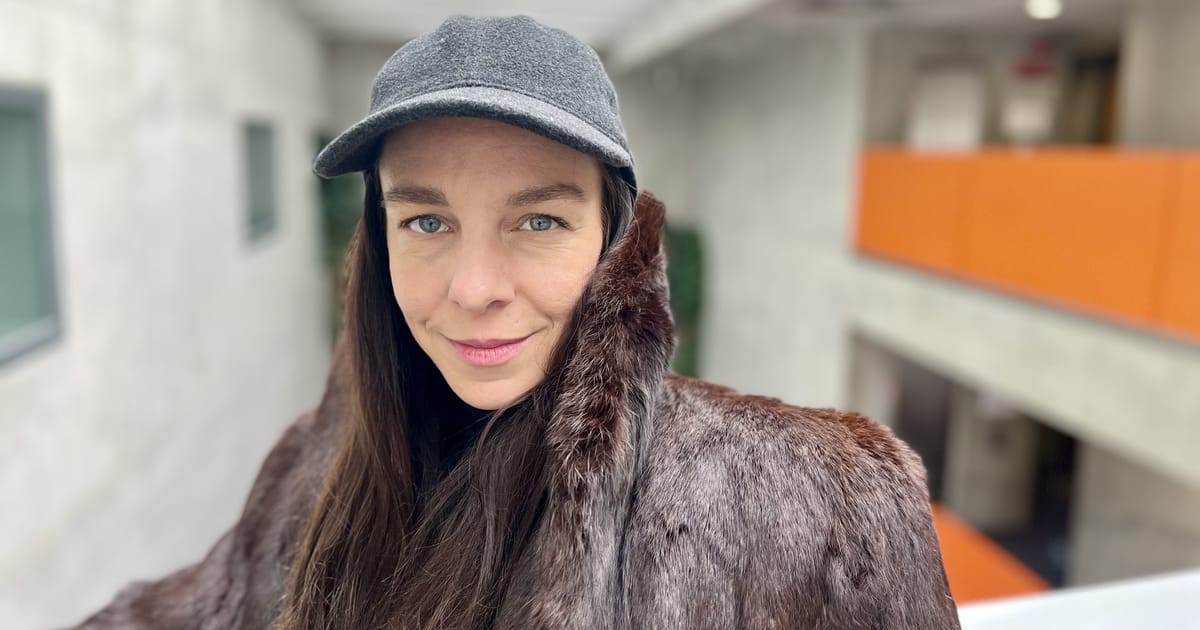
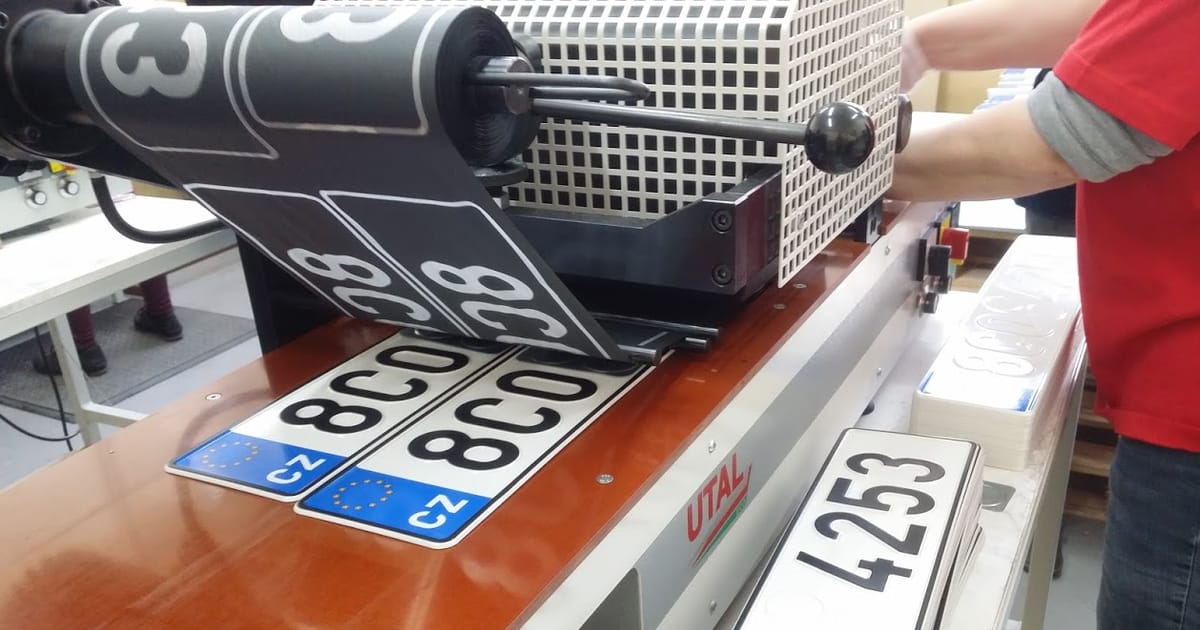
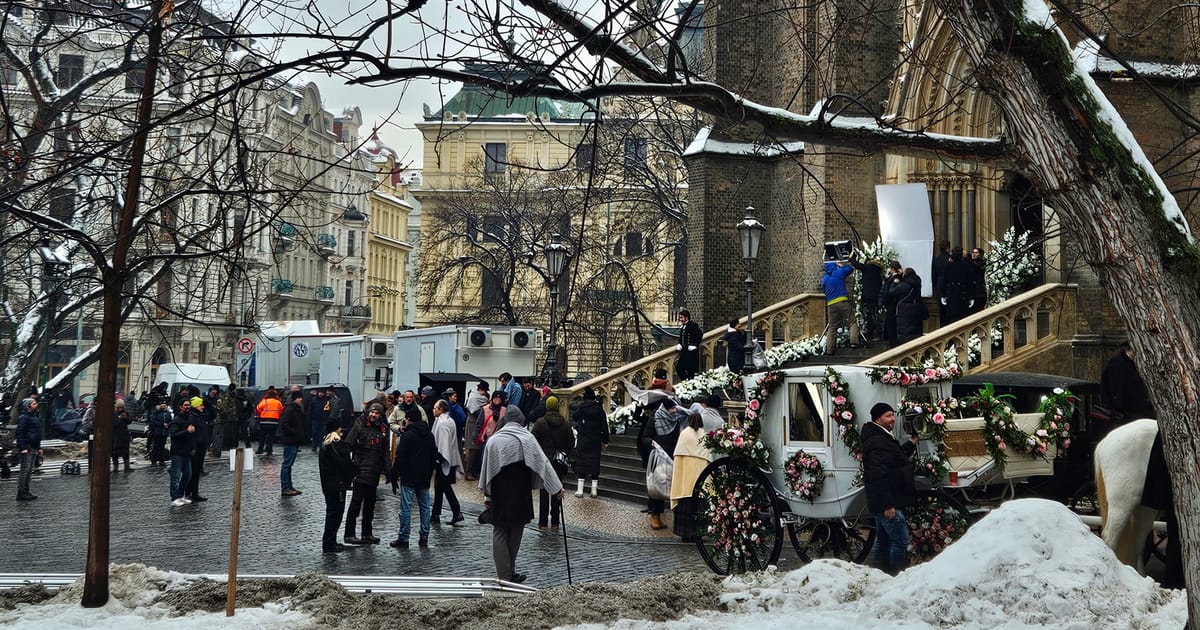
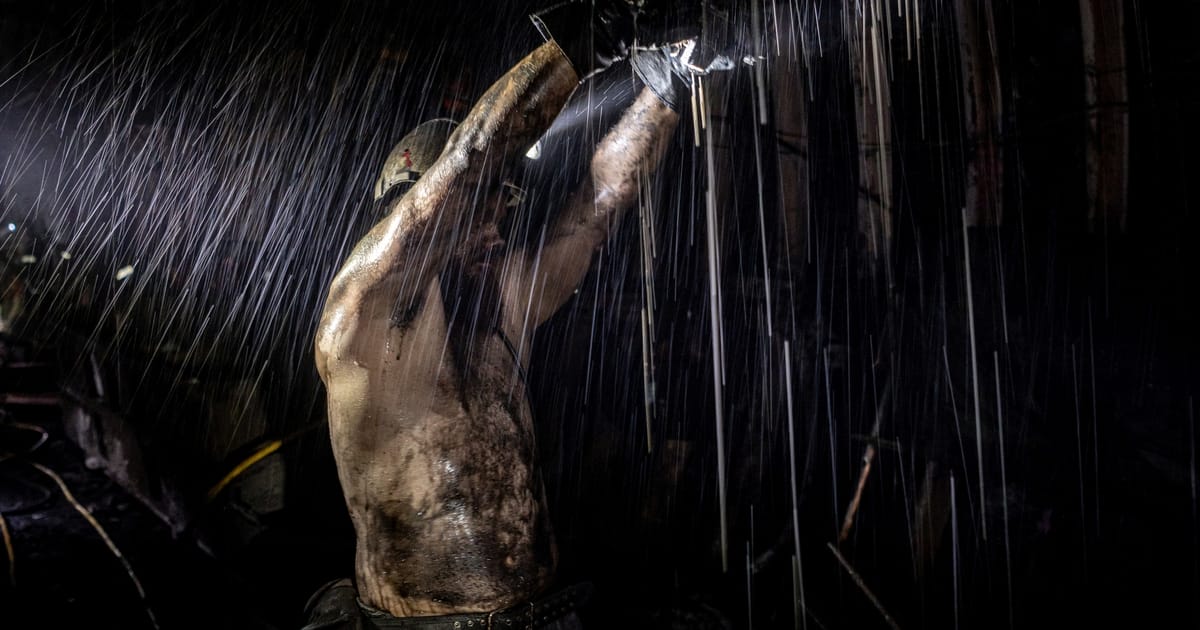
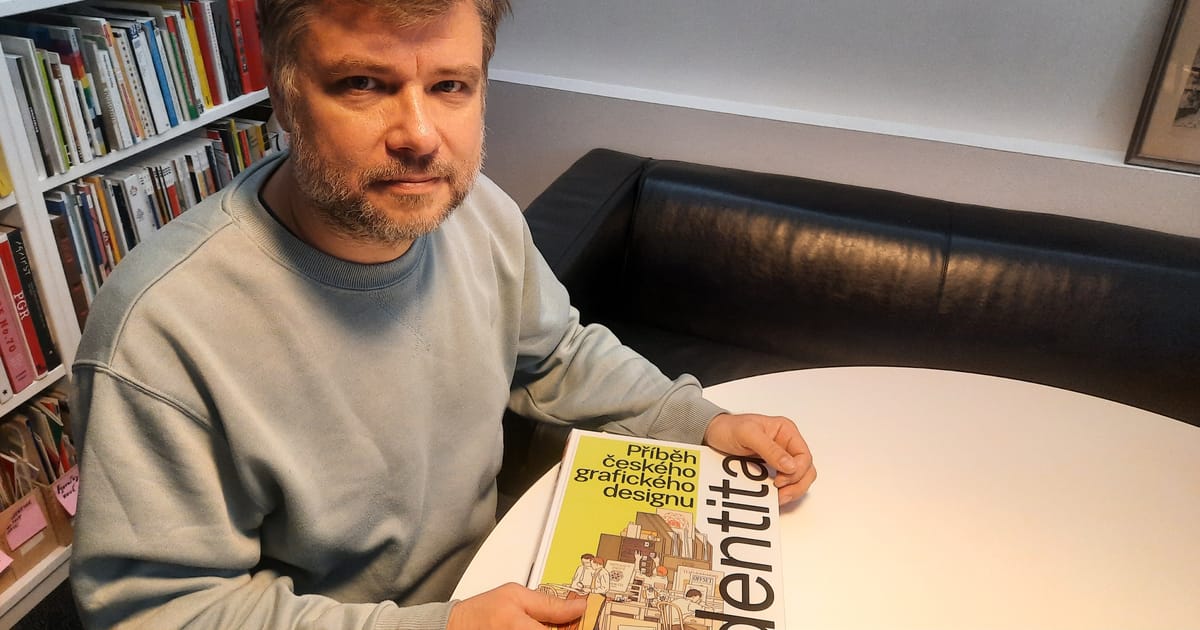
 On Wednesday, January 14, 2026, the President of the Republic, Petr Pavel, received the credentials of the new ambassadors extraordinary and plenipotentiary at Prague Castle:
On Wednesday, January 14, 2026, the President of the Republic, Petr Pavel, received the credentials of the new ambassadors extraordinary and plenipotentiary at Prague Castle:






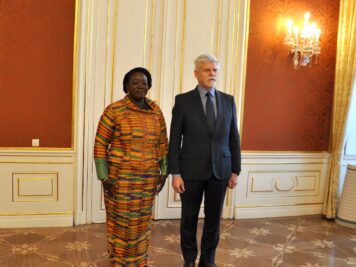
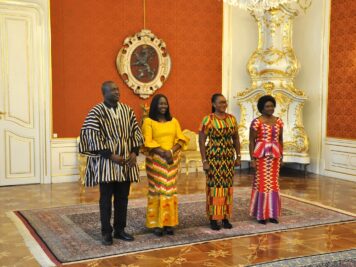
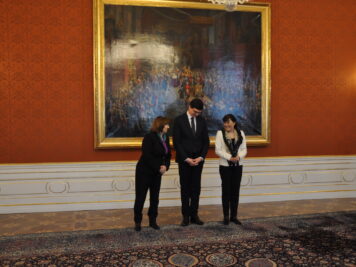
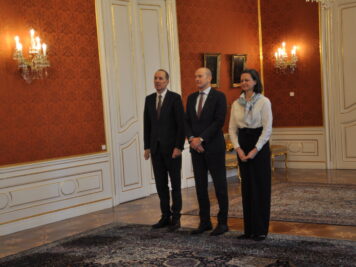
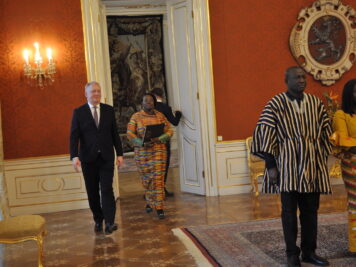
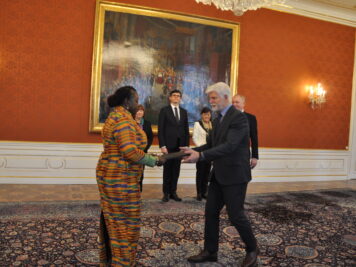
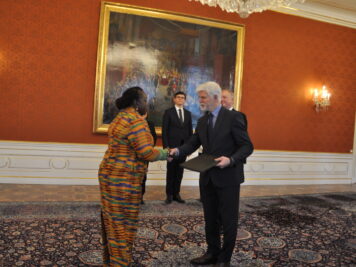
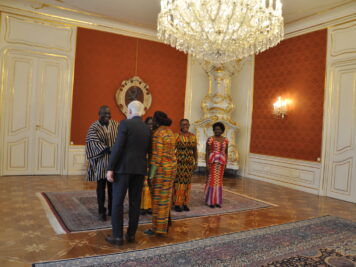
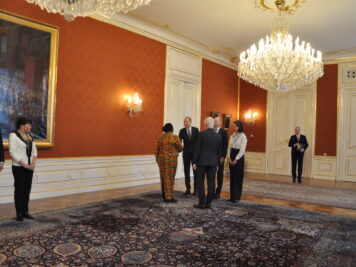
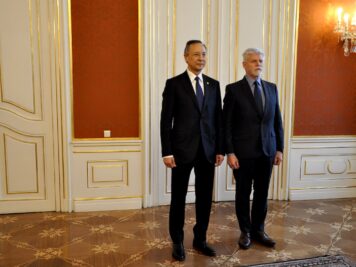
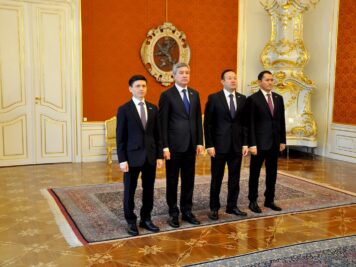
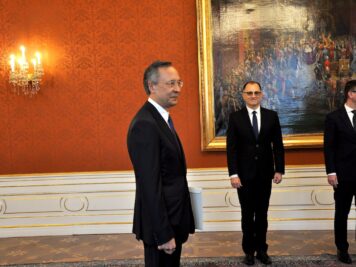
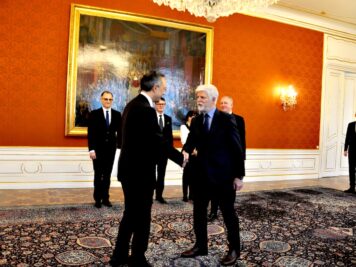
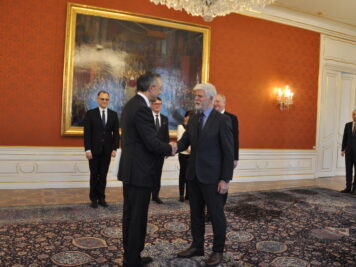
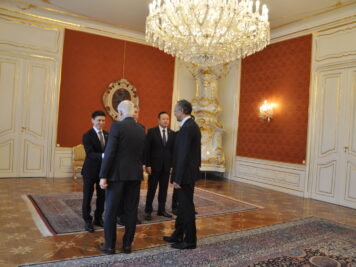
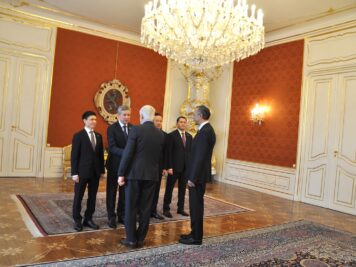
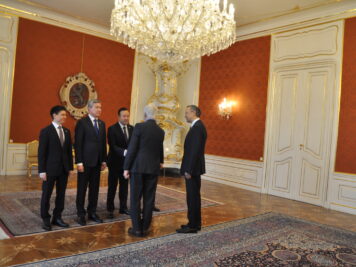
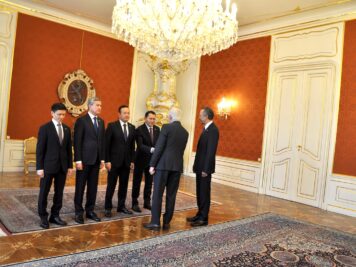
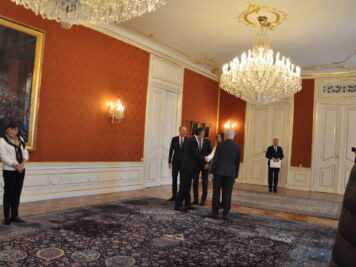
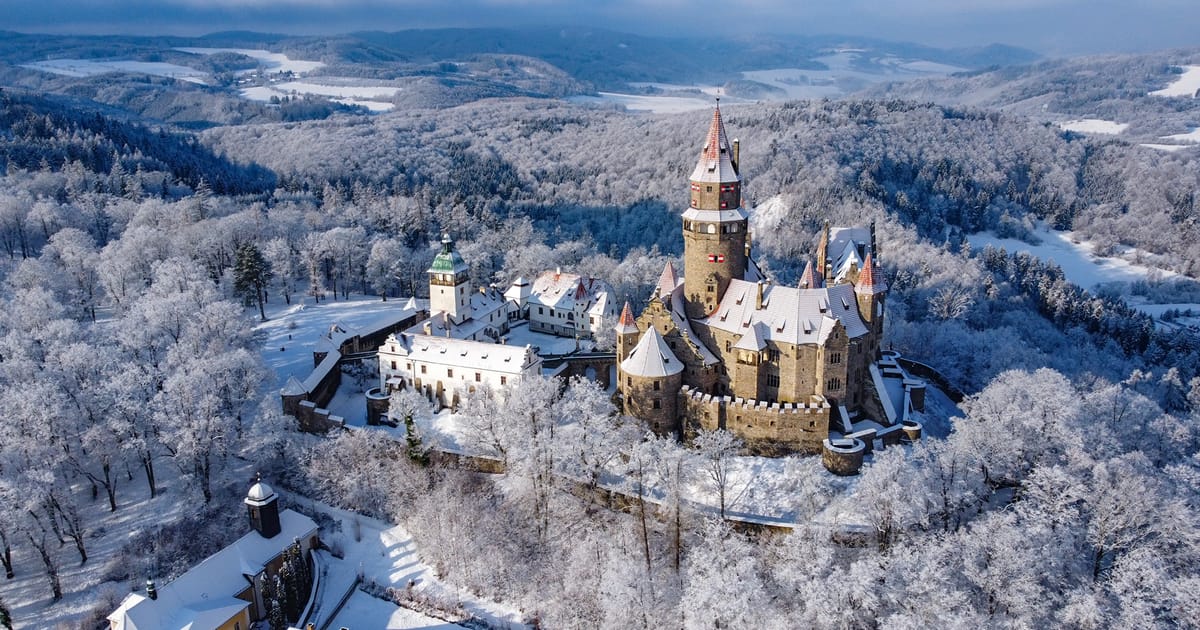
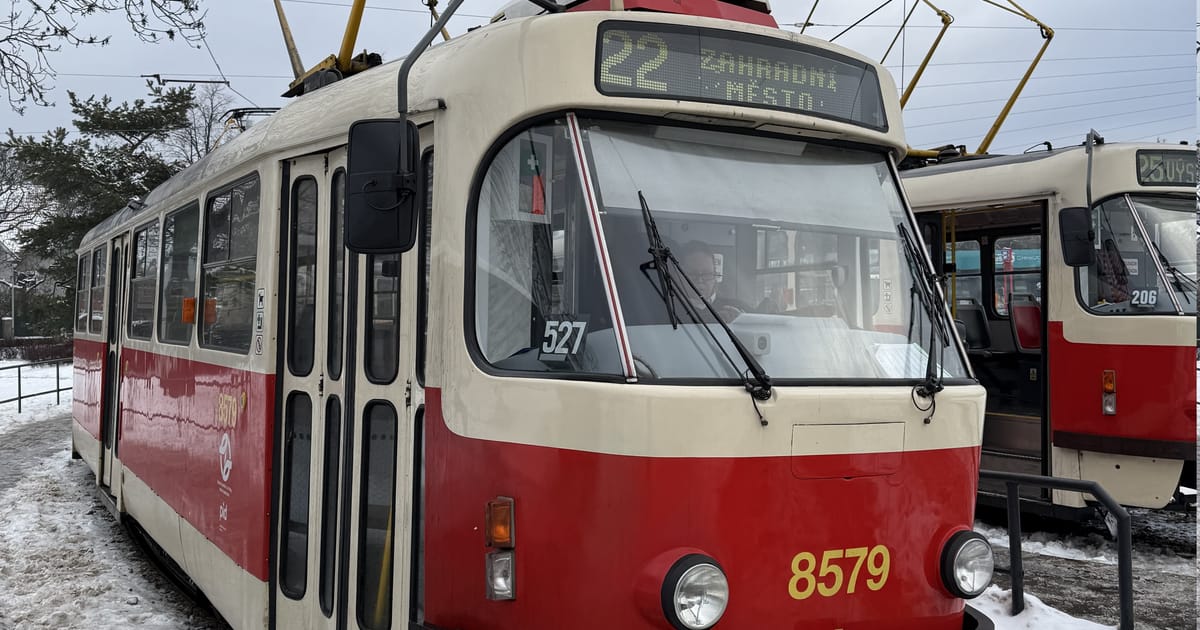
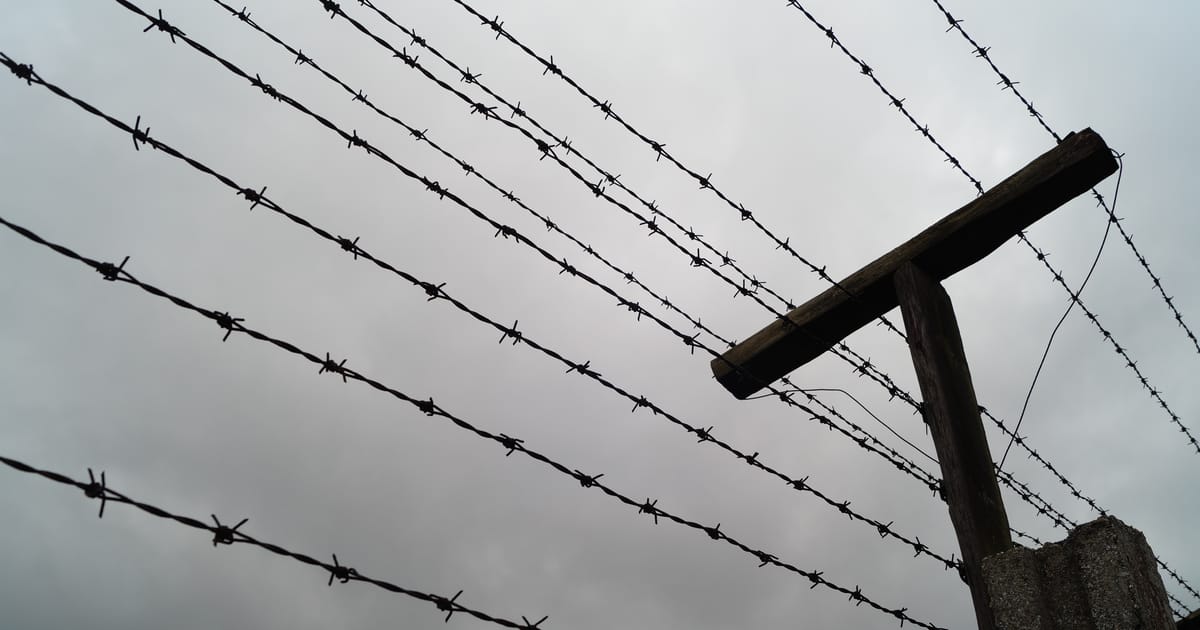
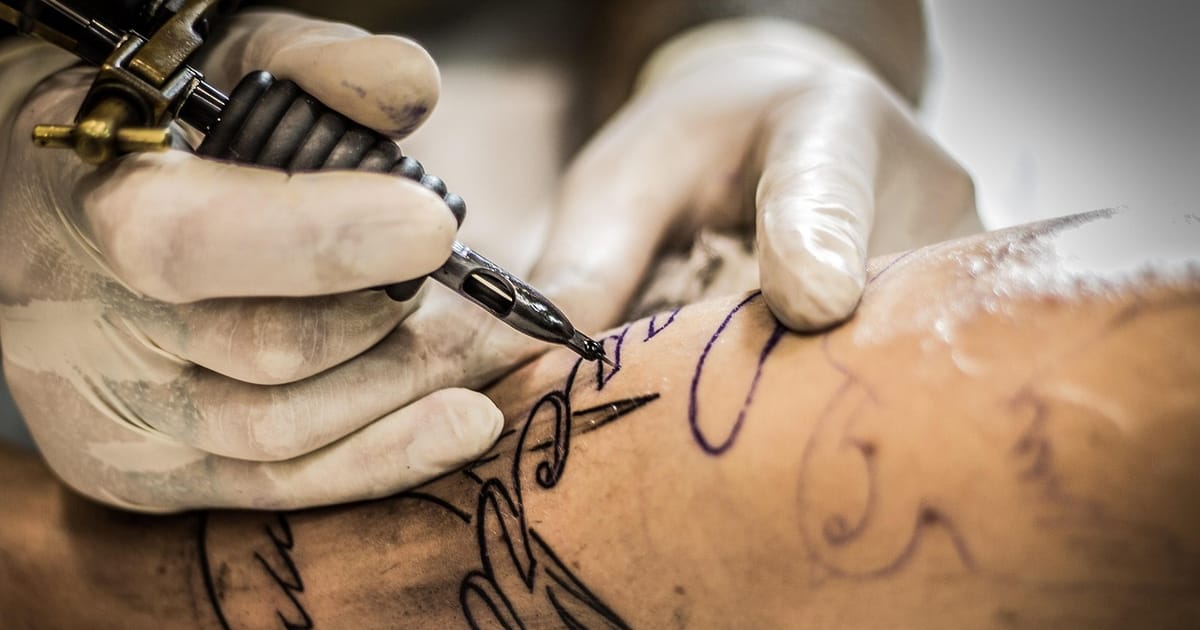
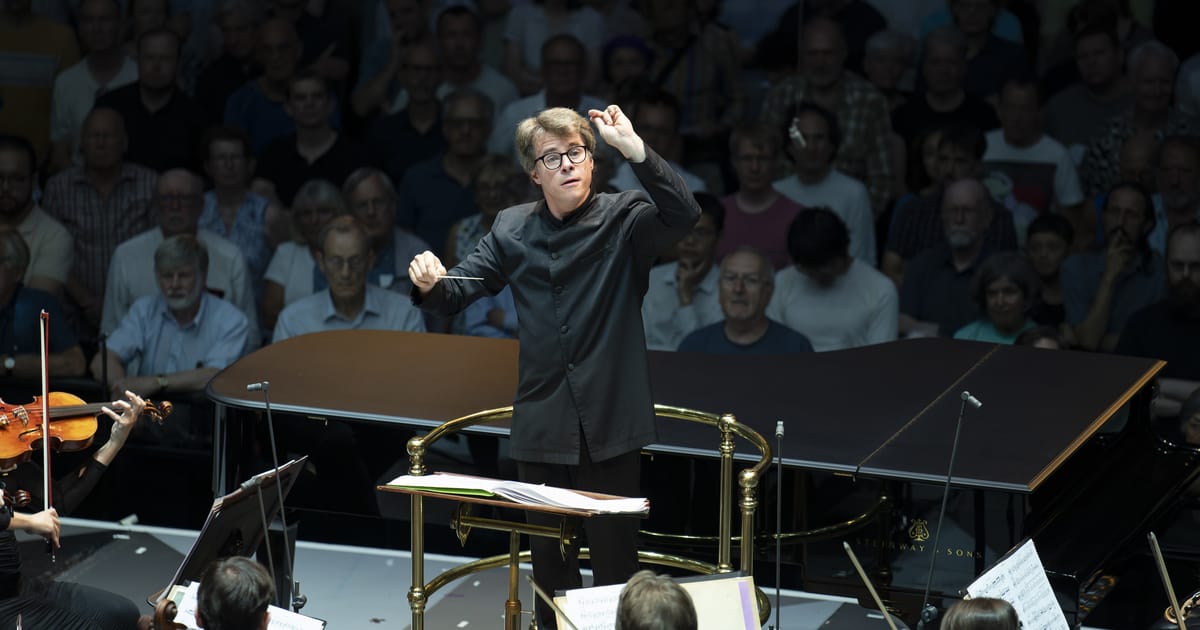
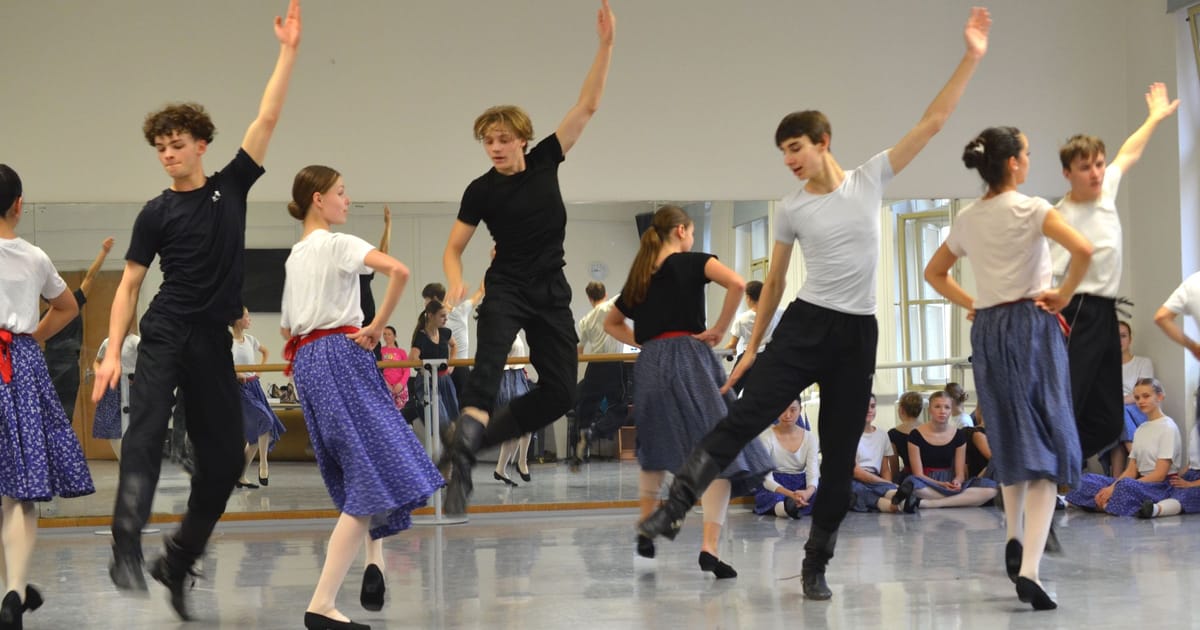
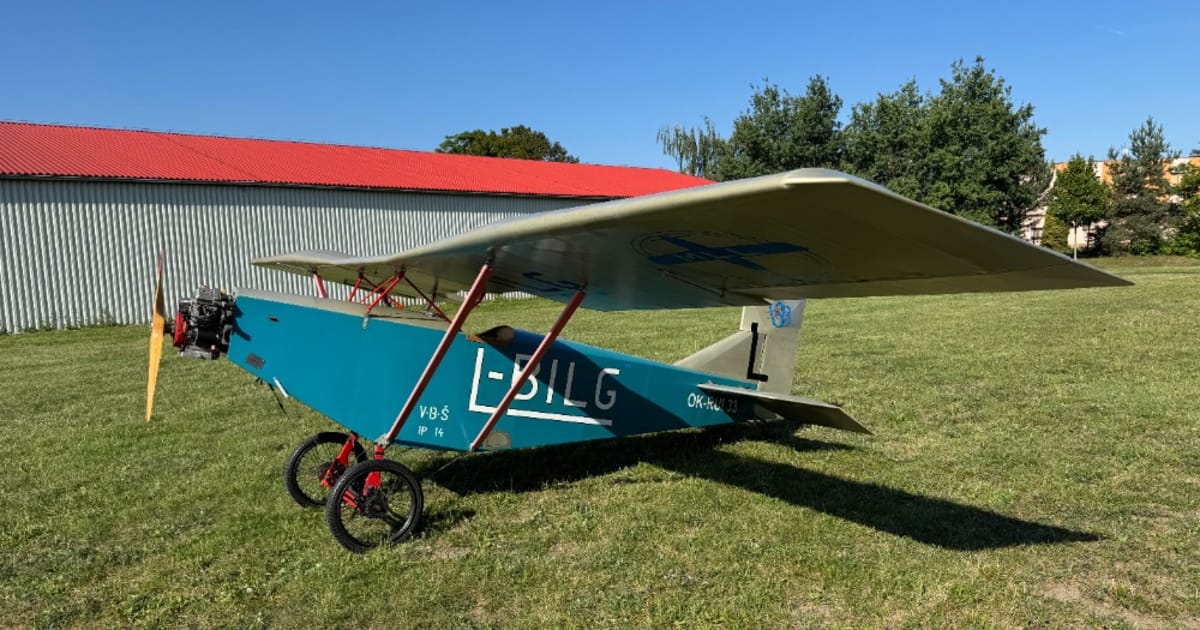
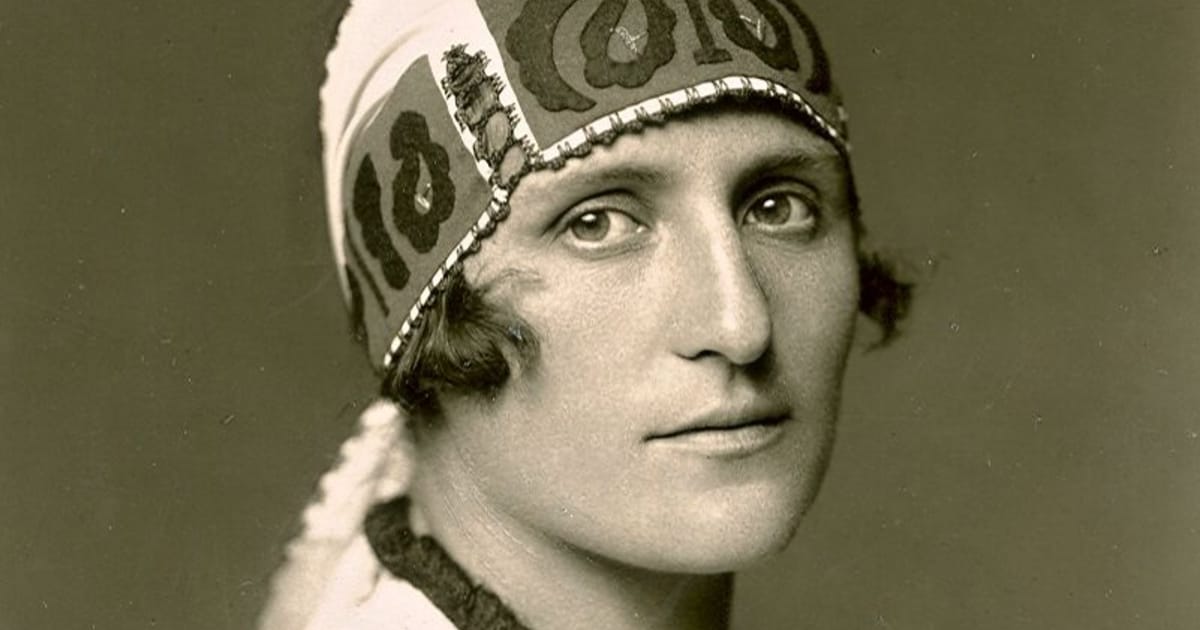

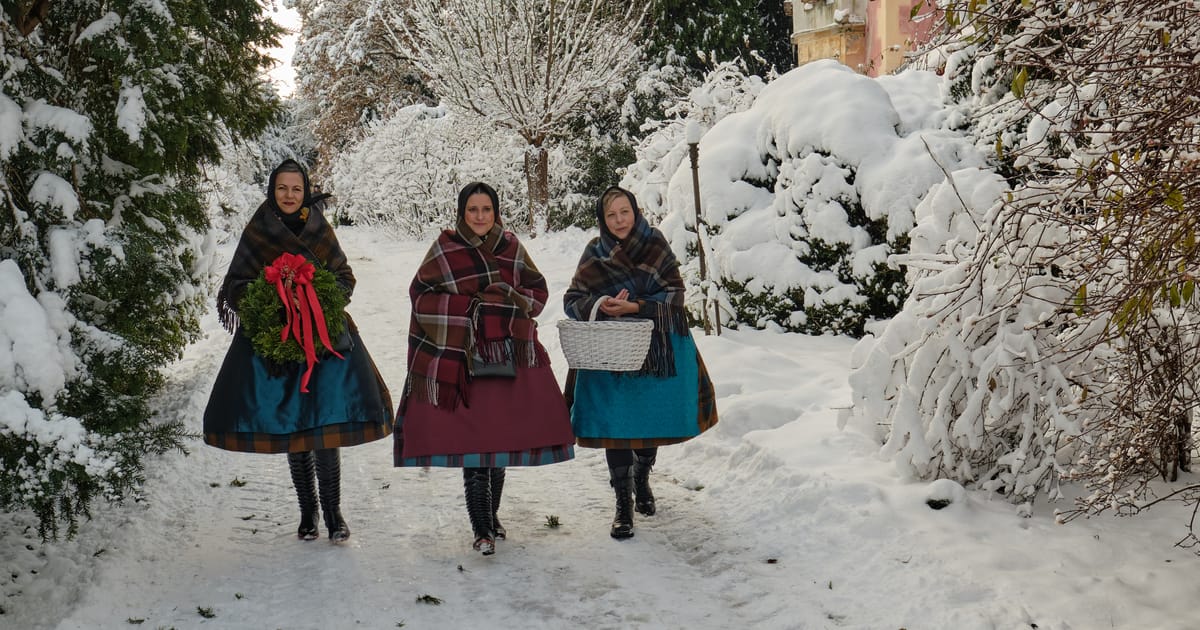

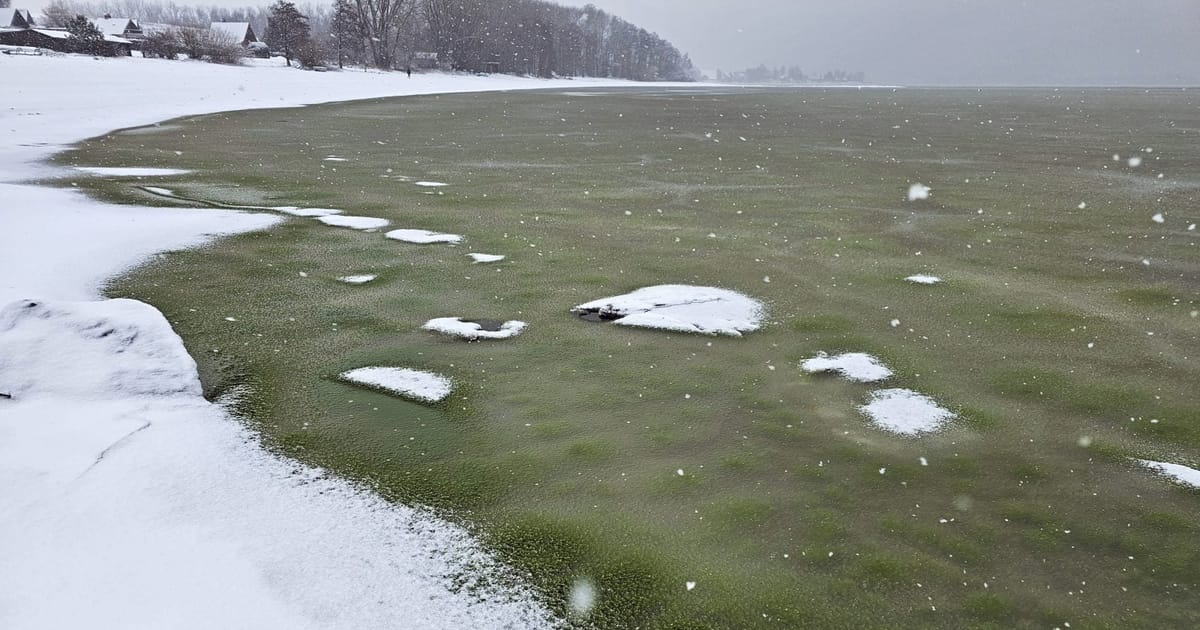







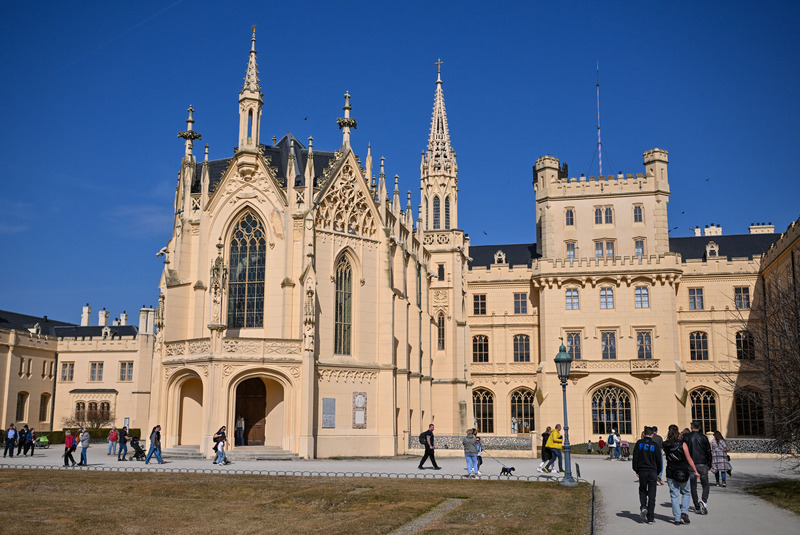 Visitor numbers at heritage sites managed by the Czech National Heritage Institute (NPÚ) rose year-on-year last year.
Visitor numbers at heritage sites managed by the Czech National Heritage Institute (NPÚ) rose year-on-year last year. In 2025, sales of new passenger cars in the Czech Republic rose by 7.
In 2025, sales of new passenger cars in the Czech Republic rose by 7.